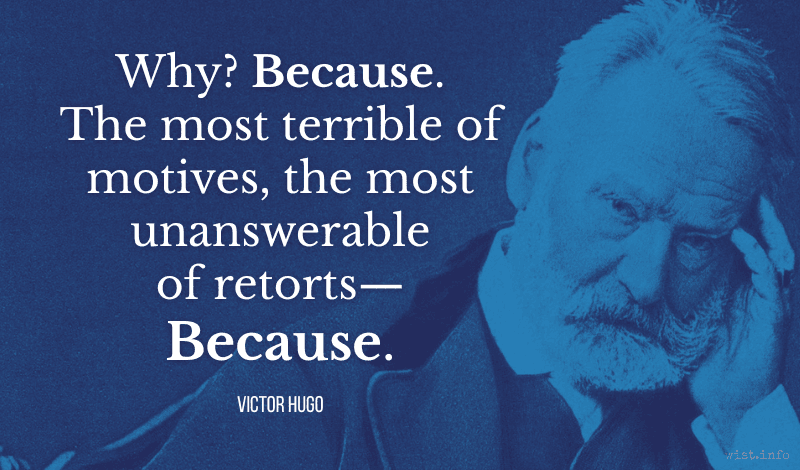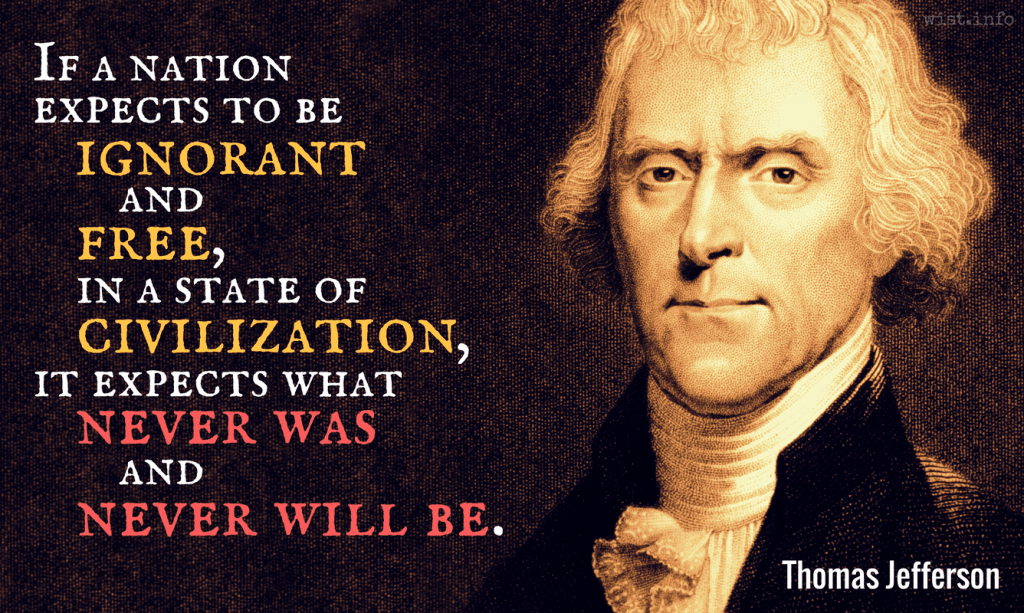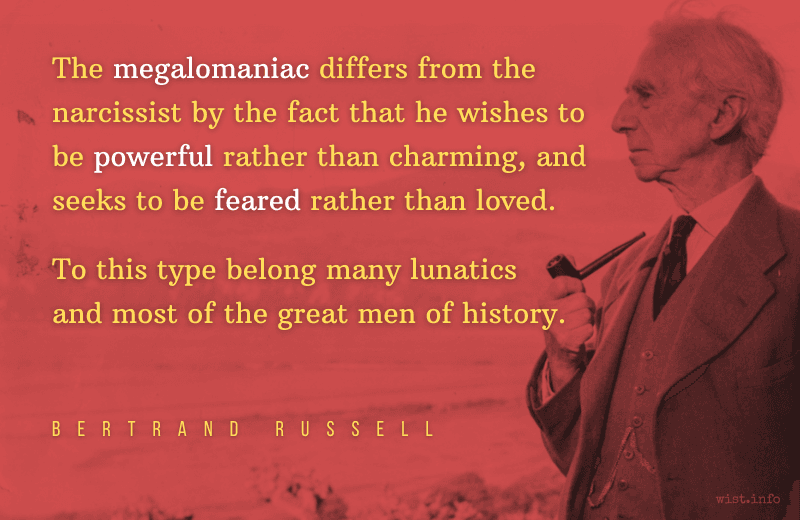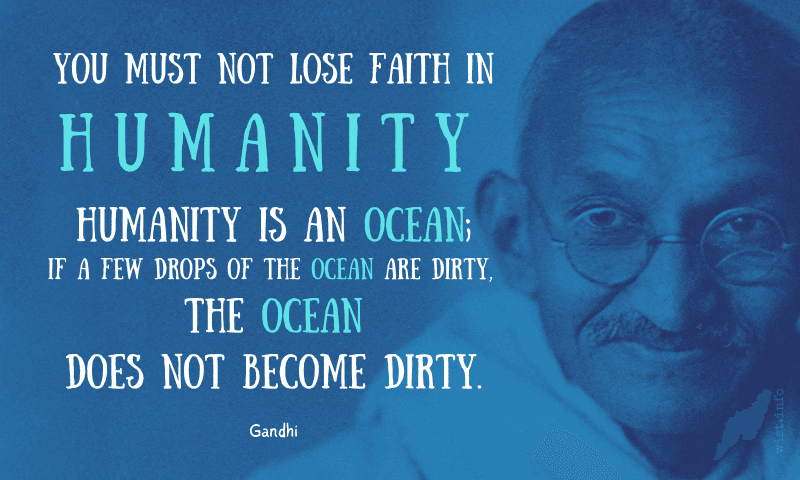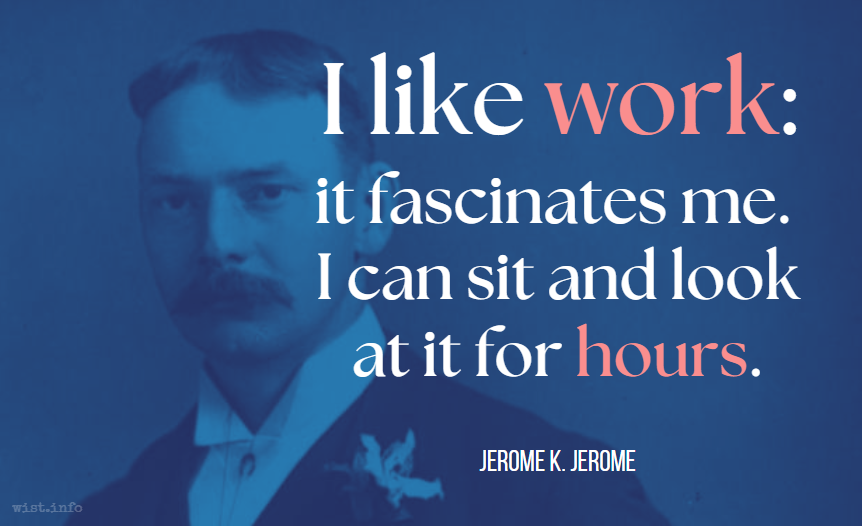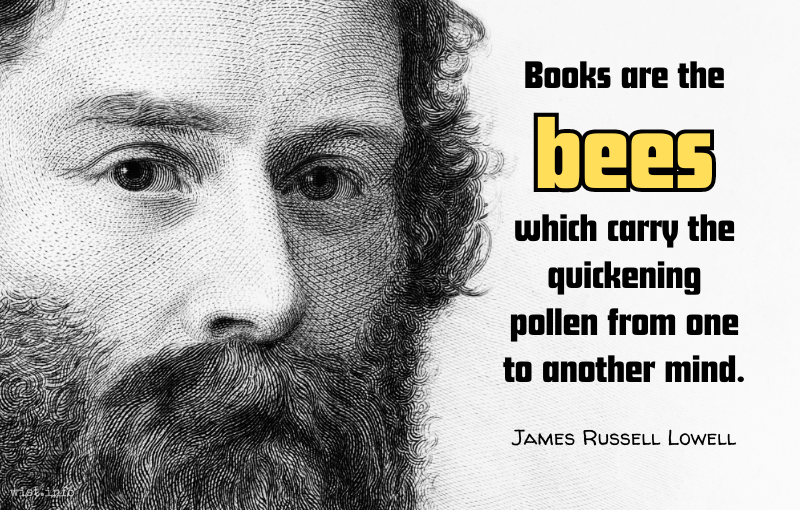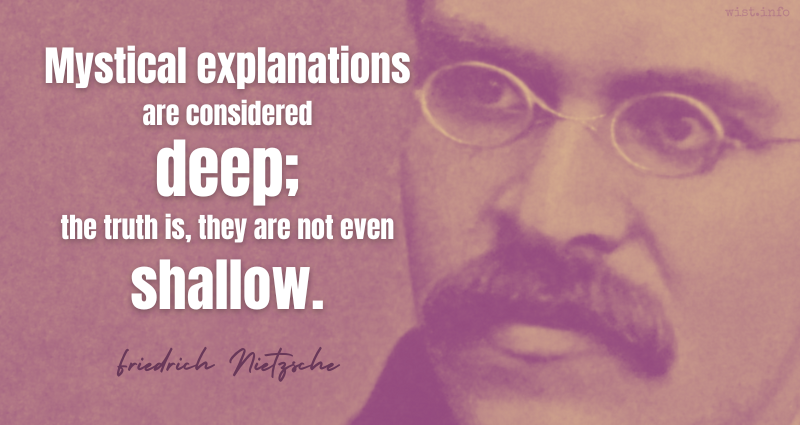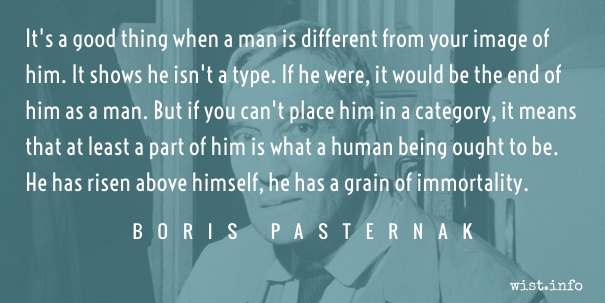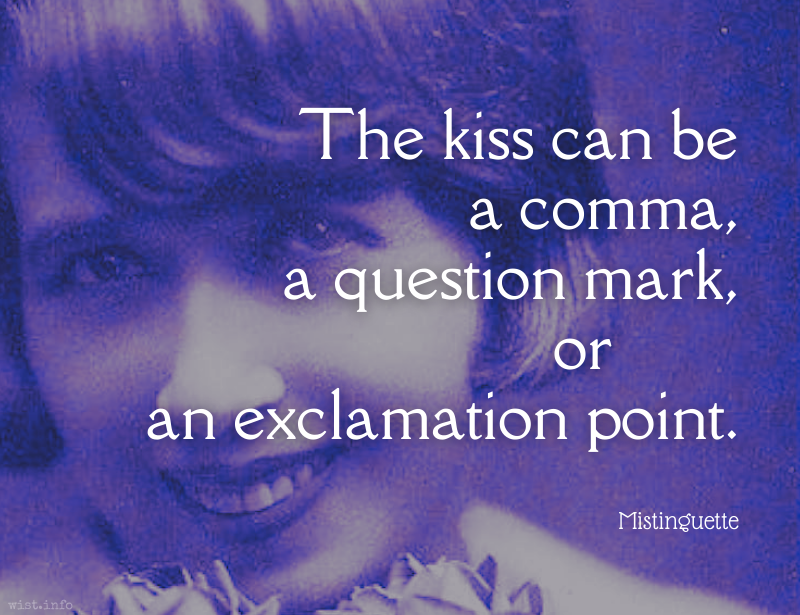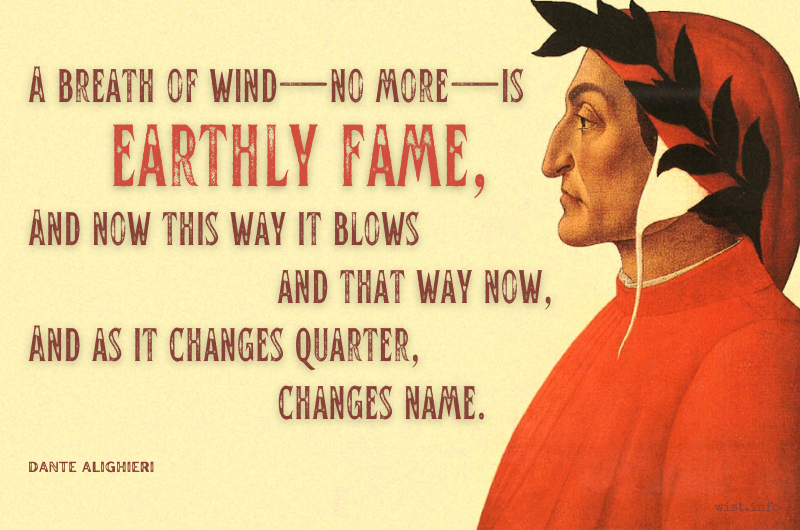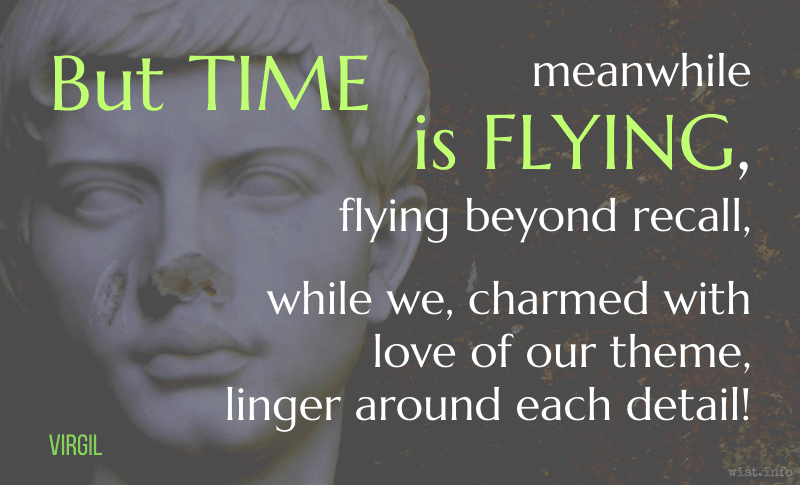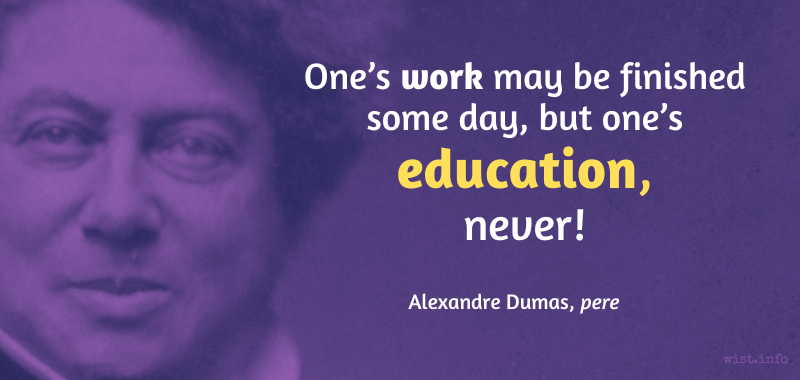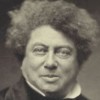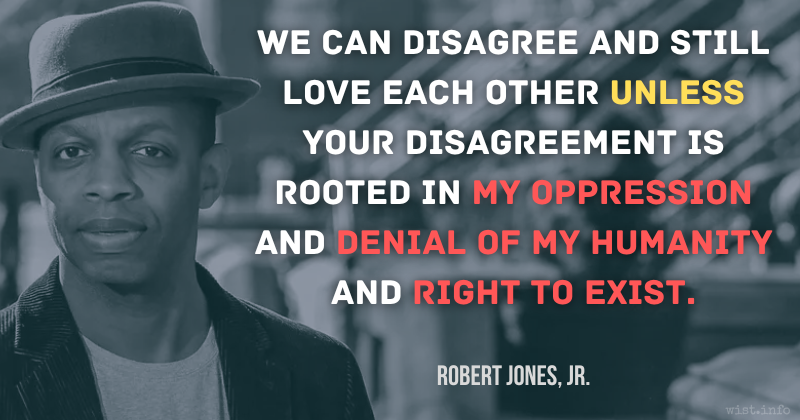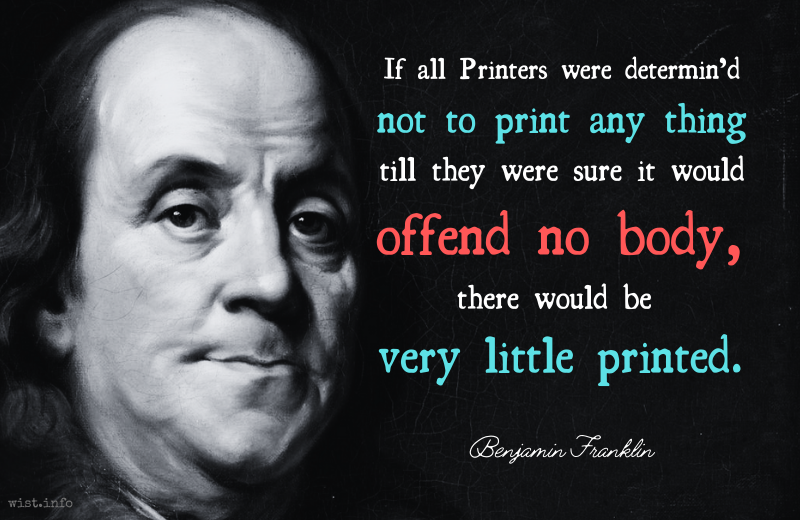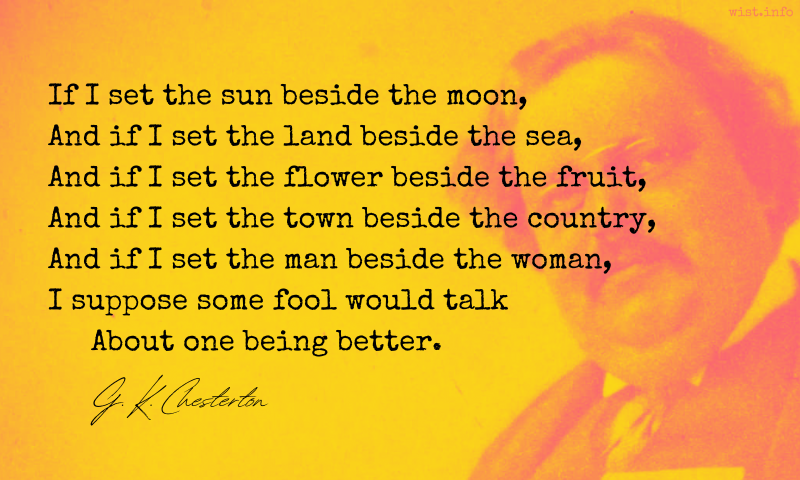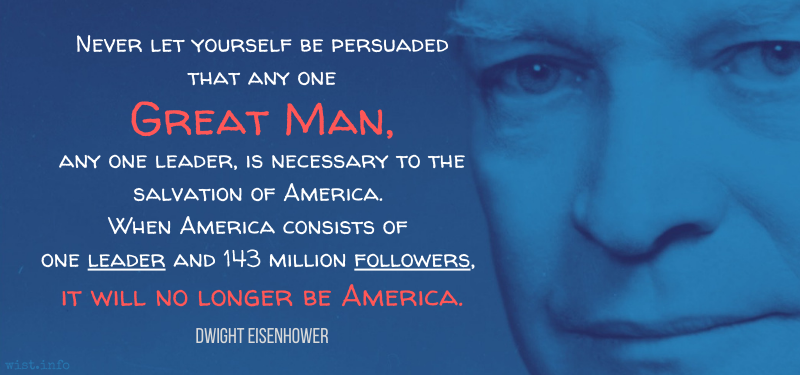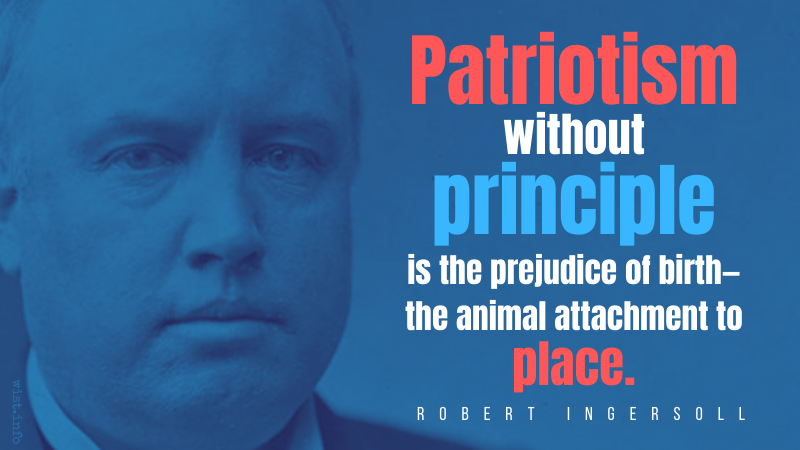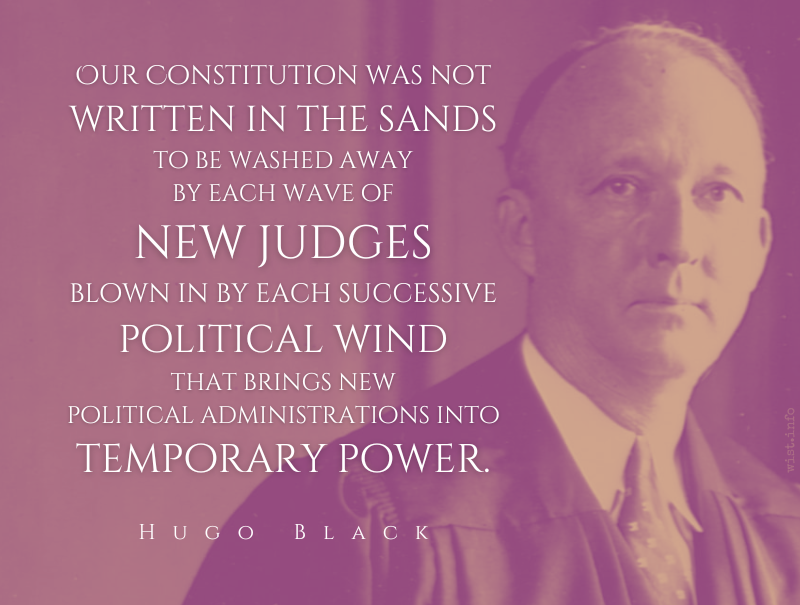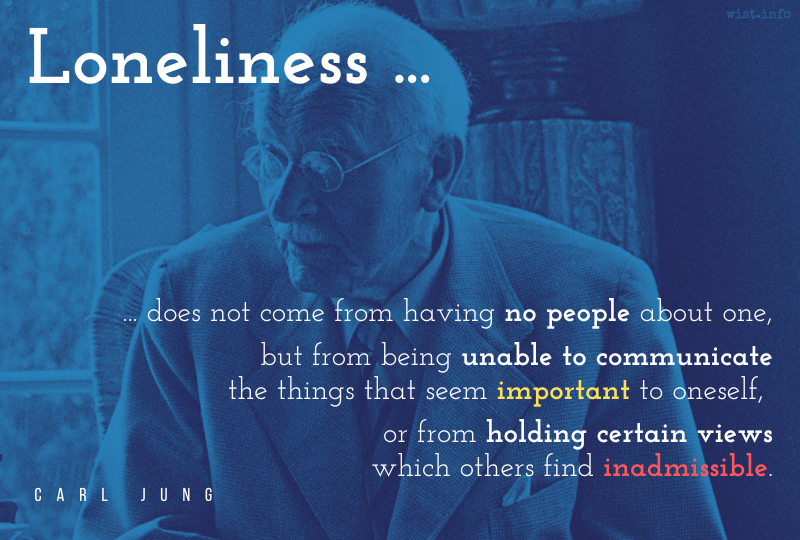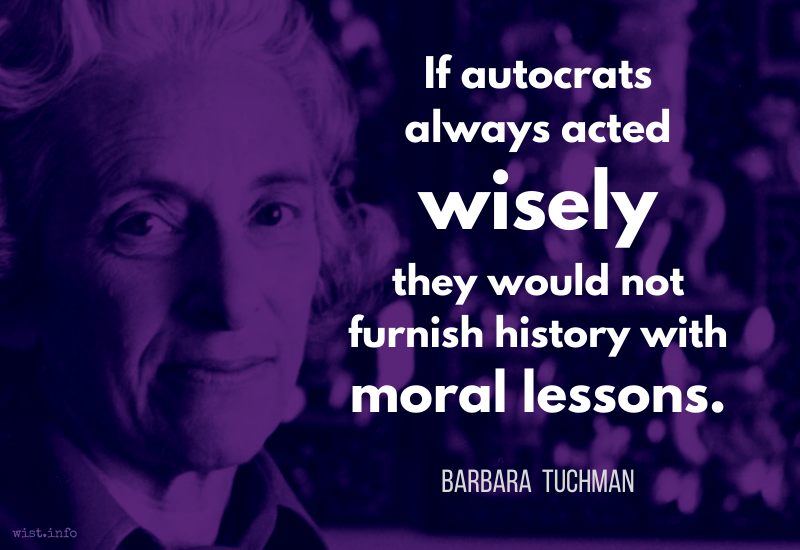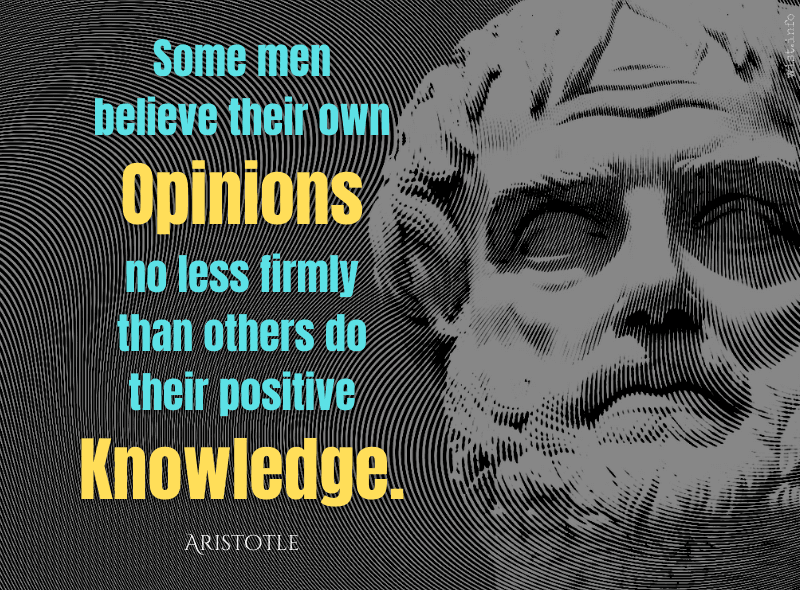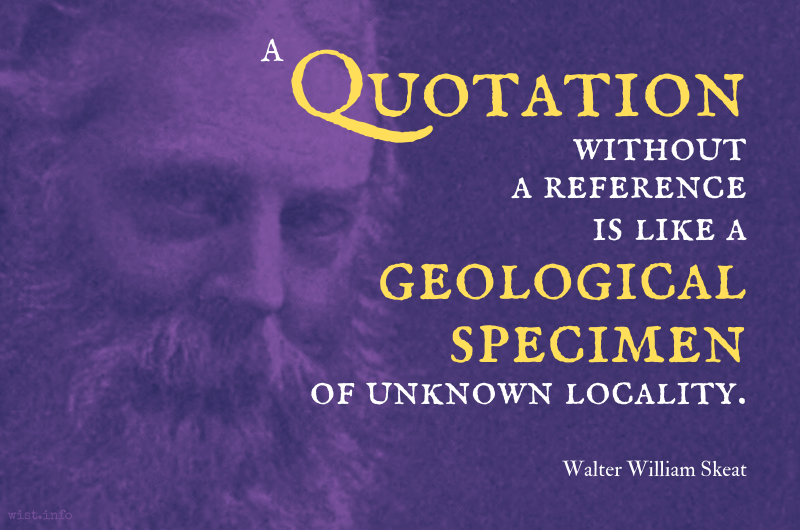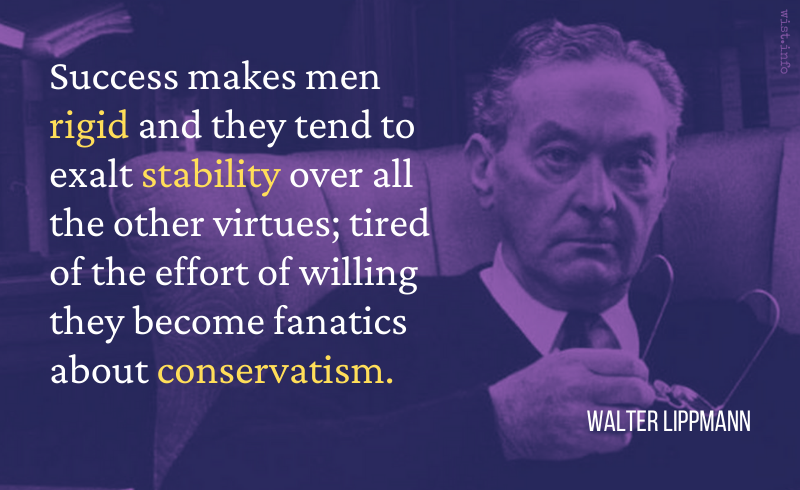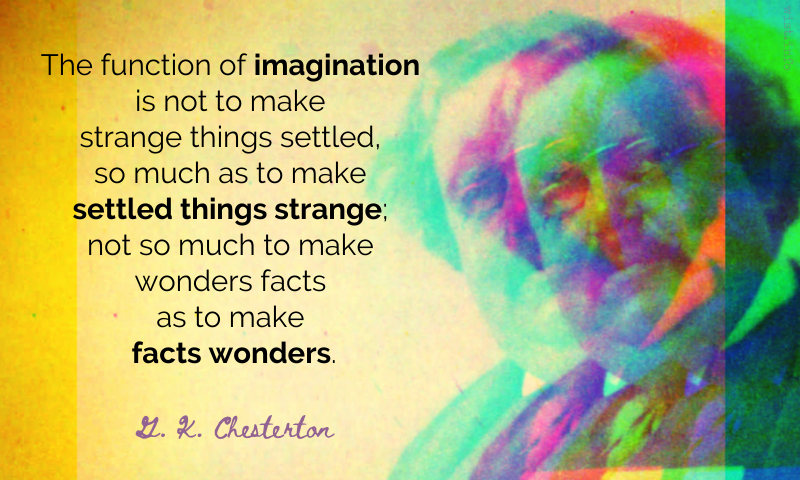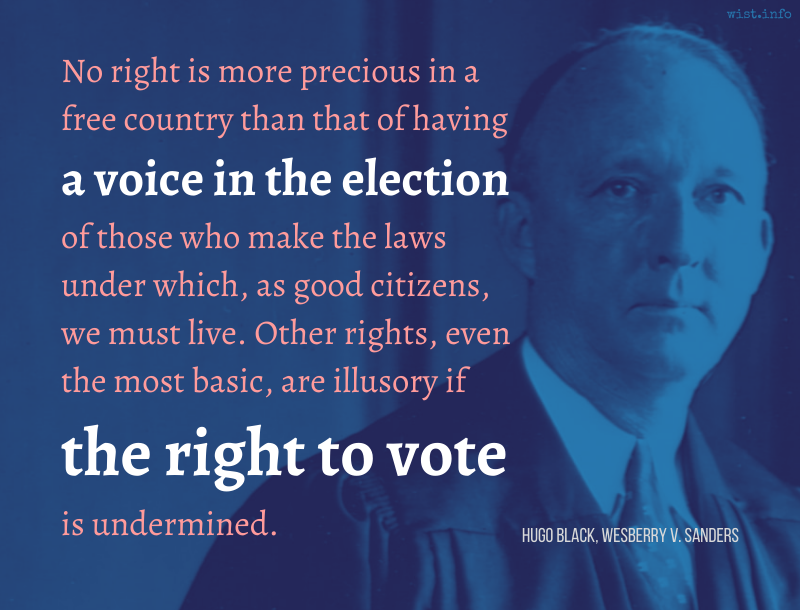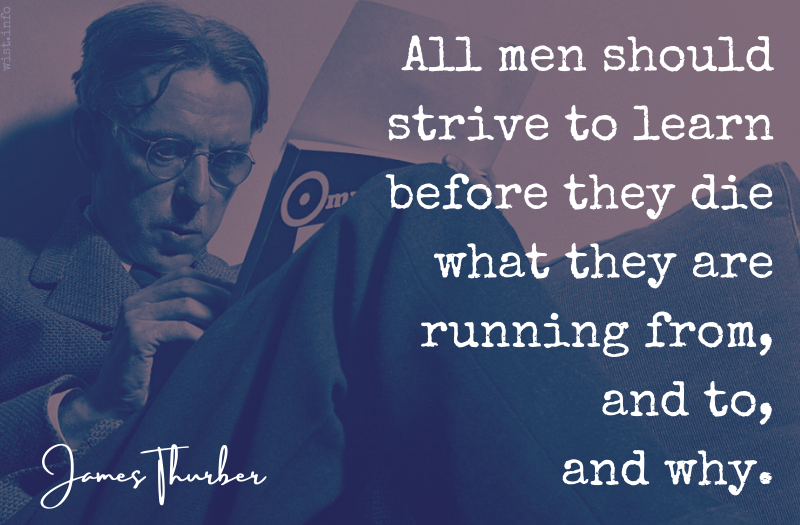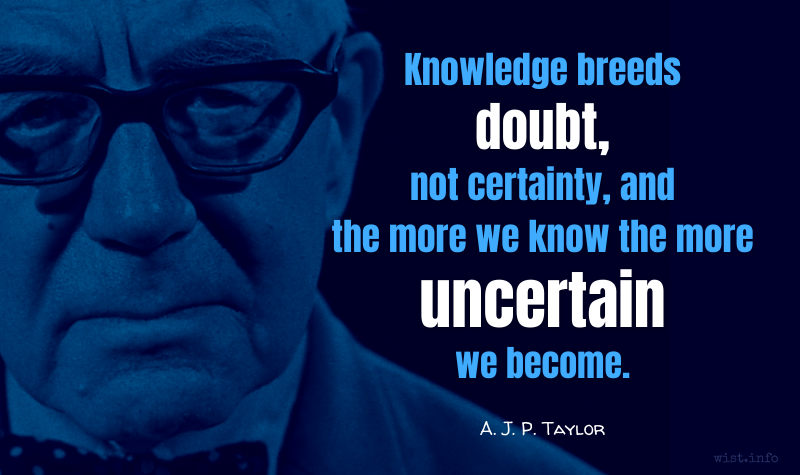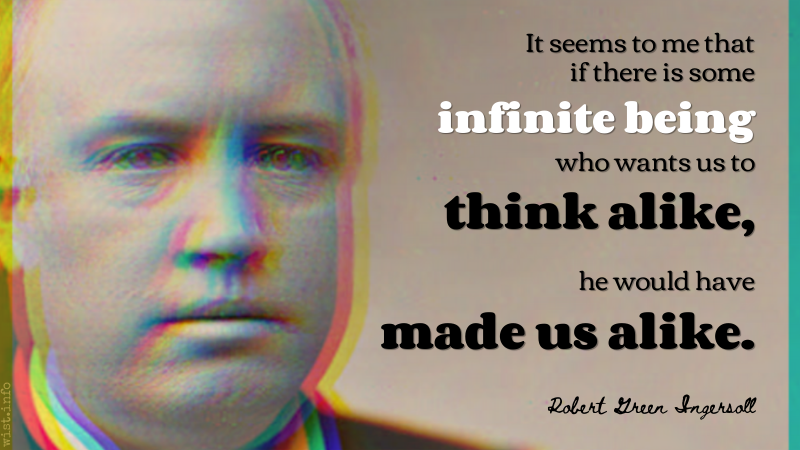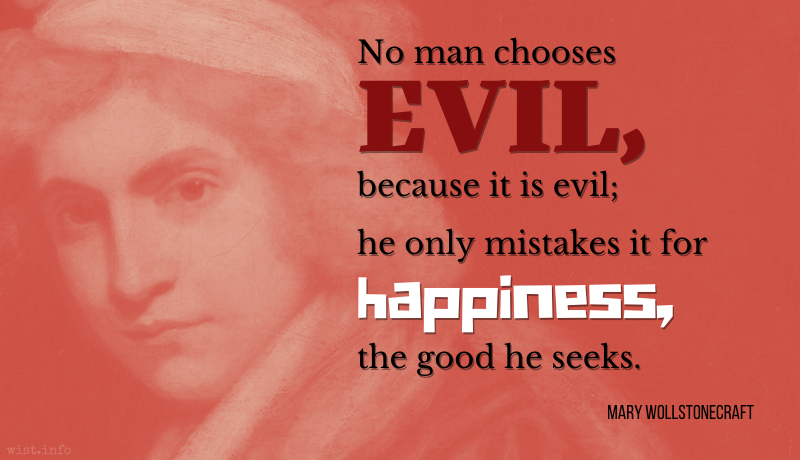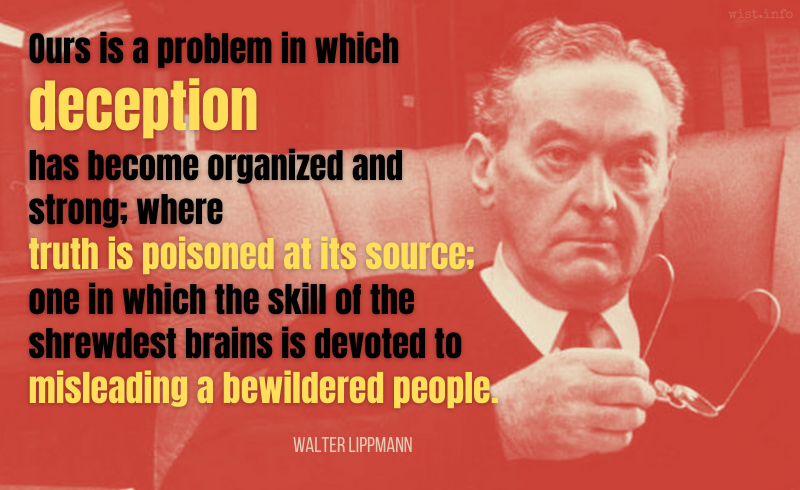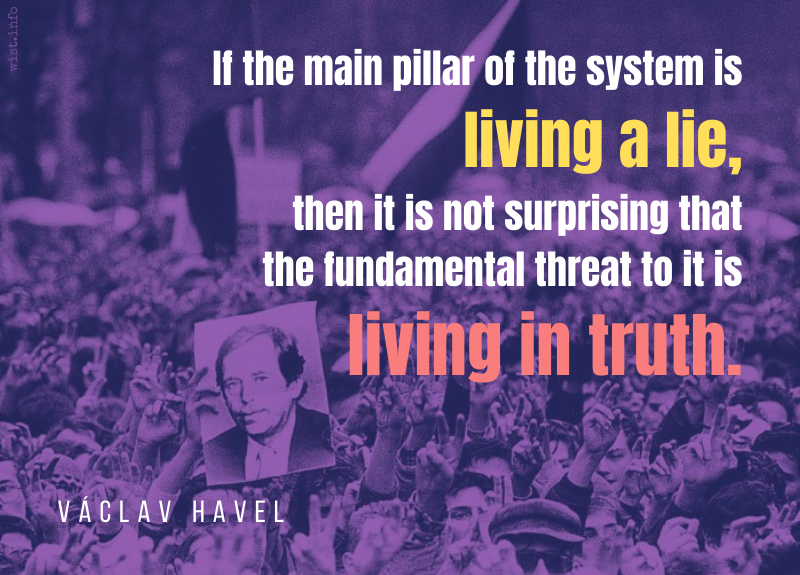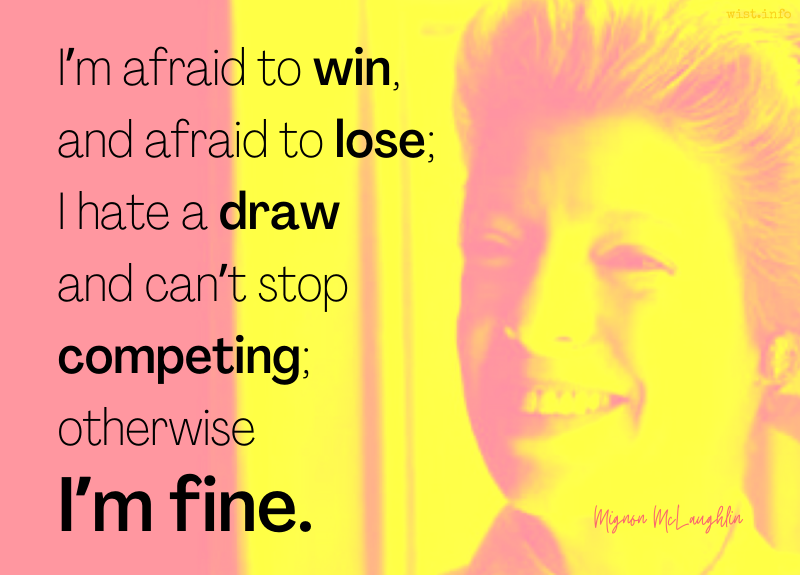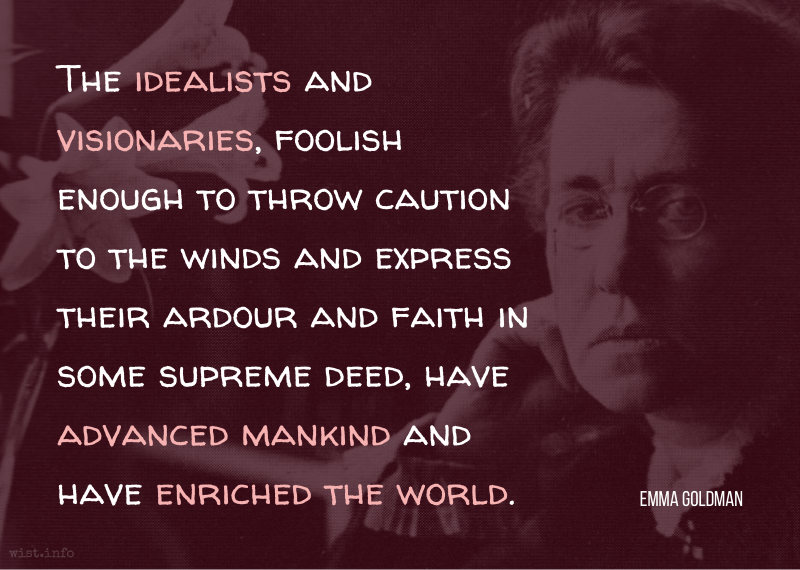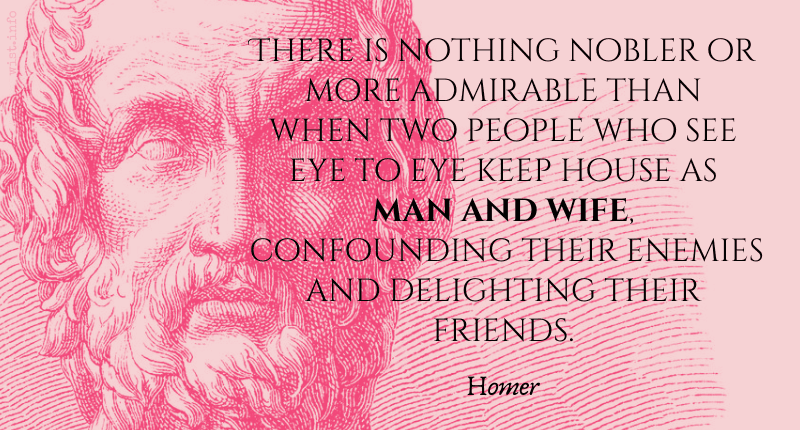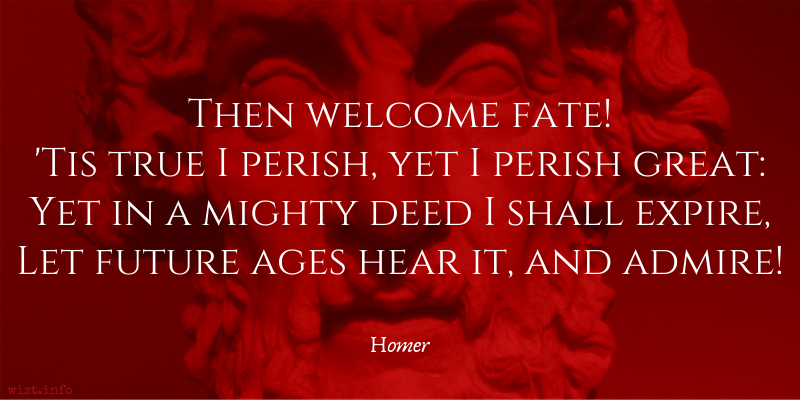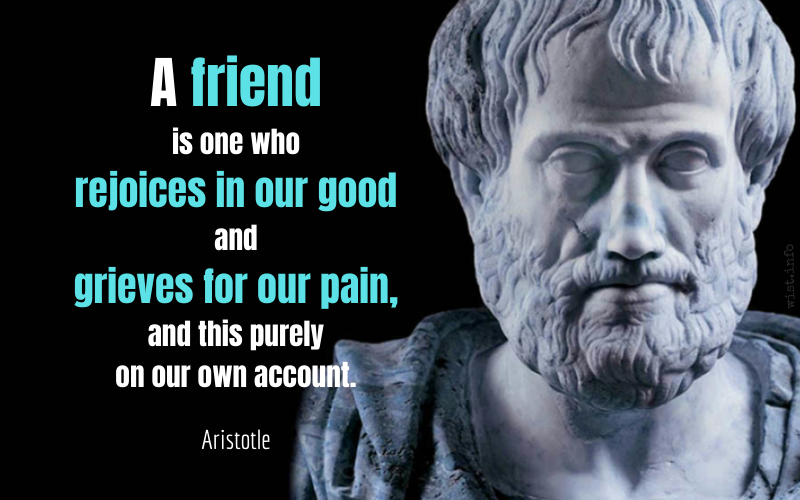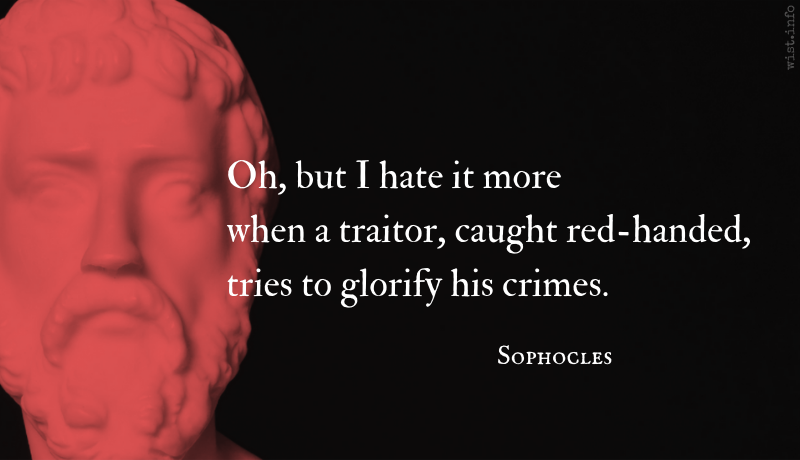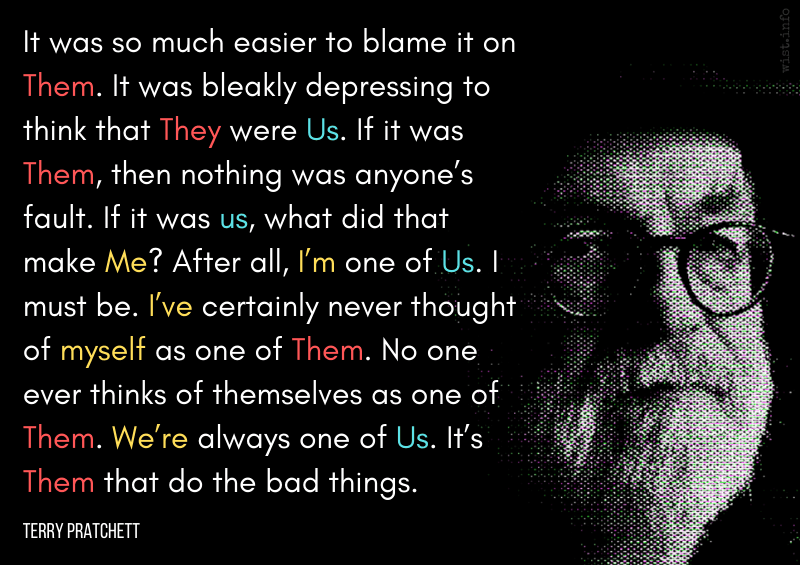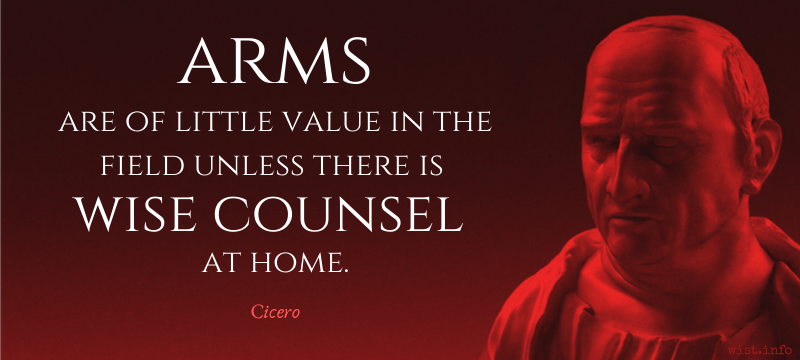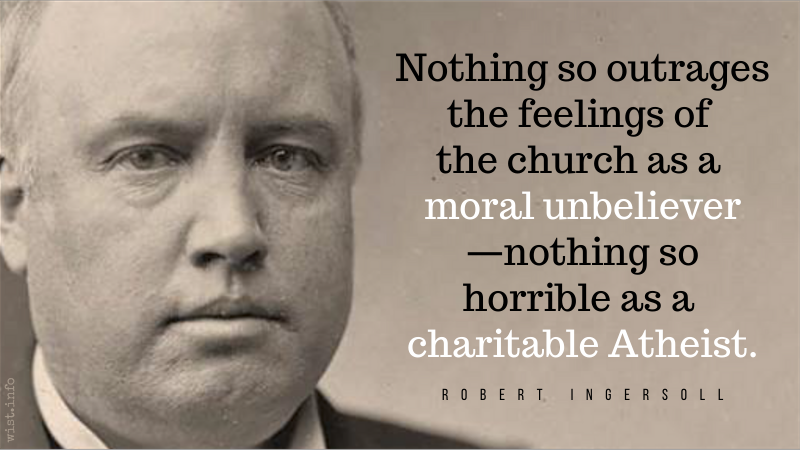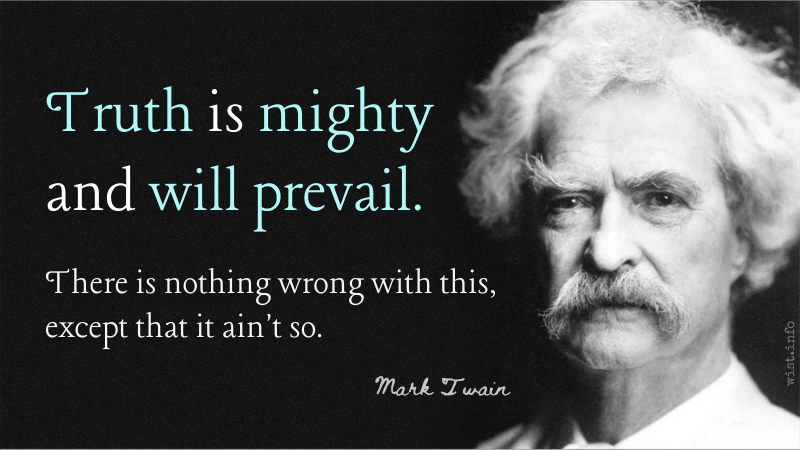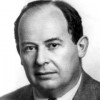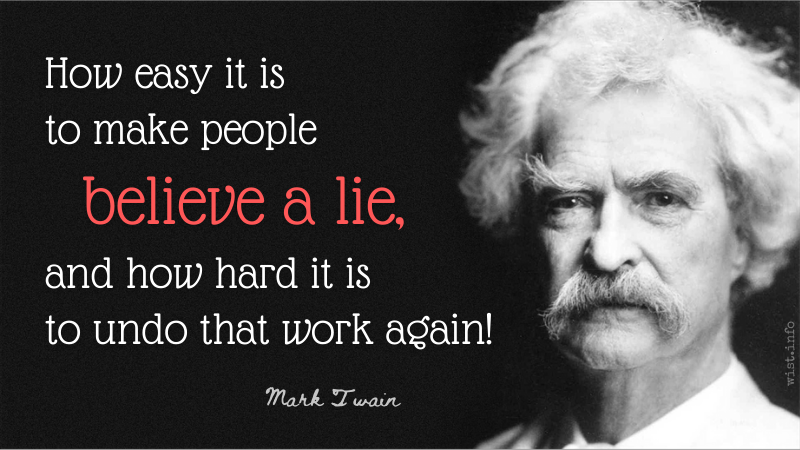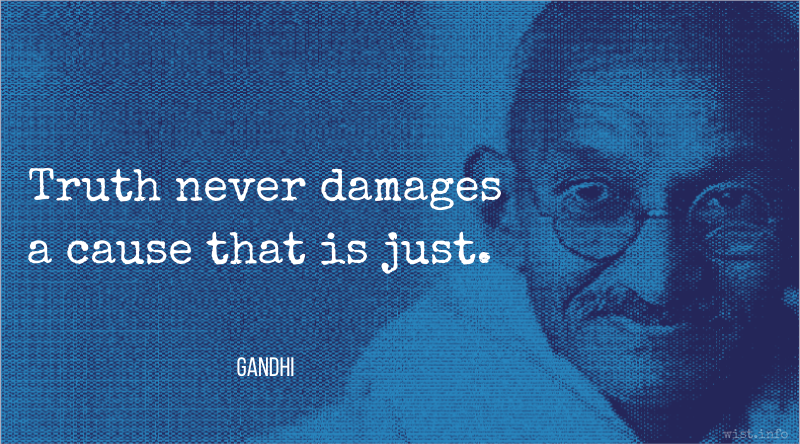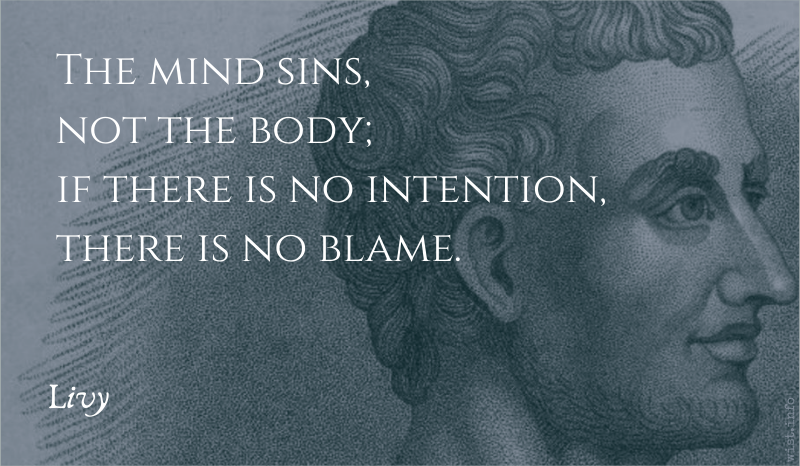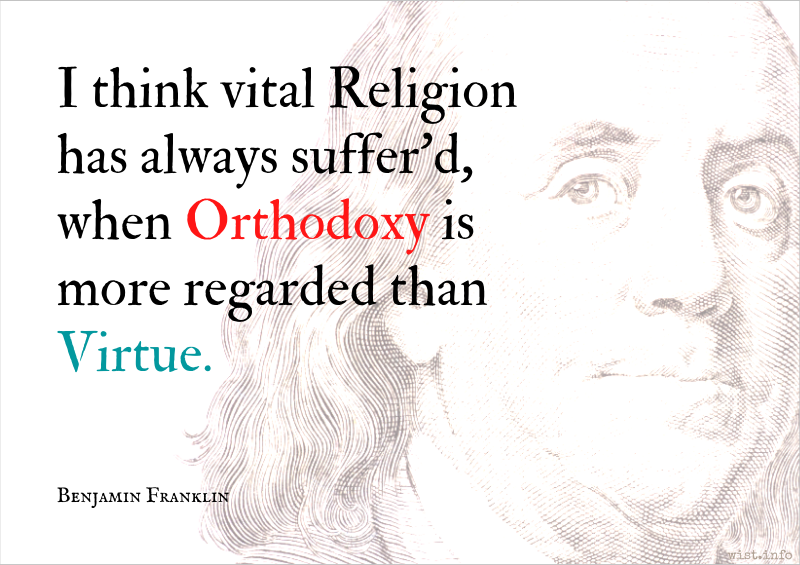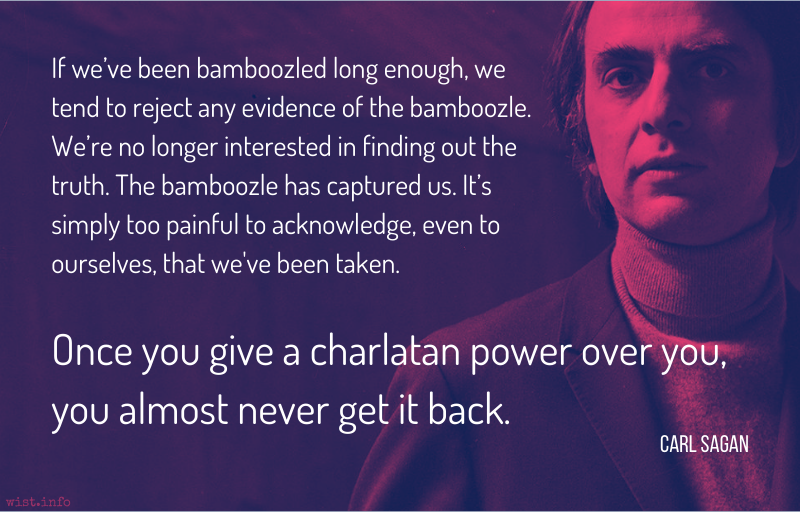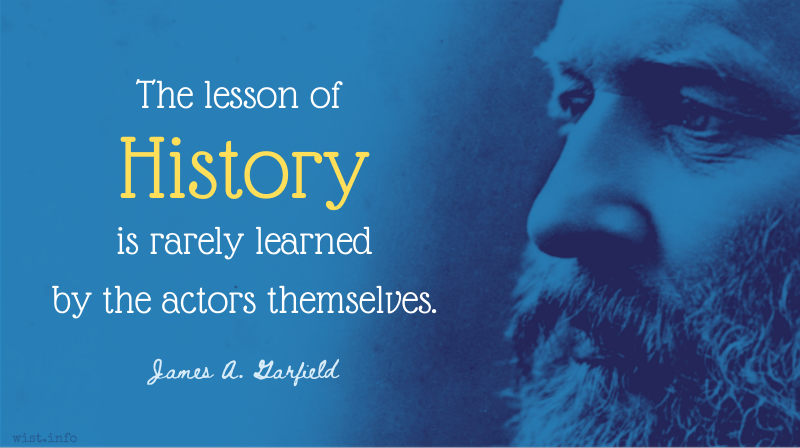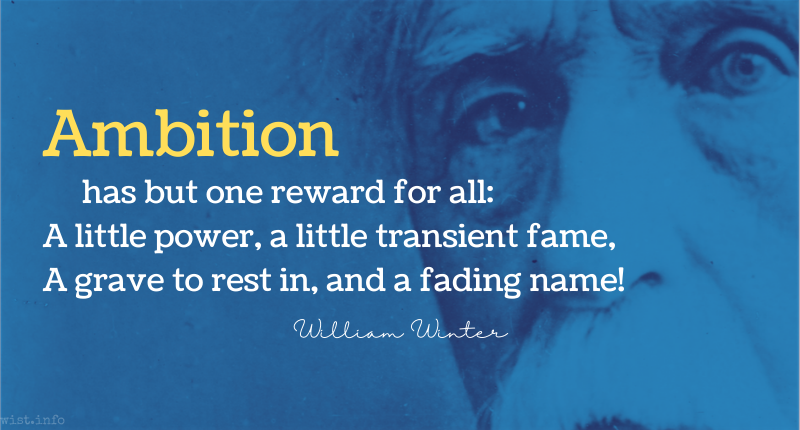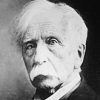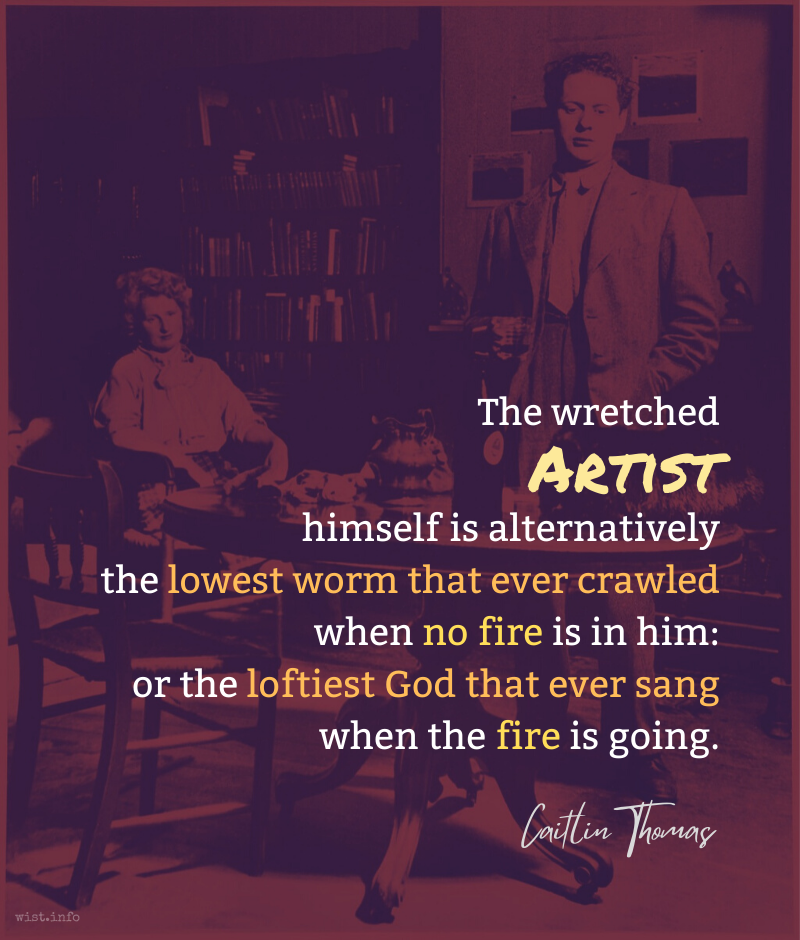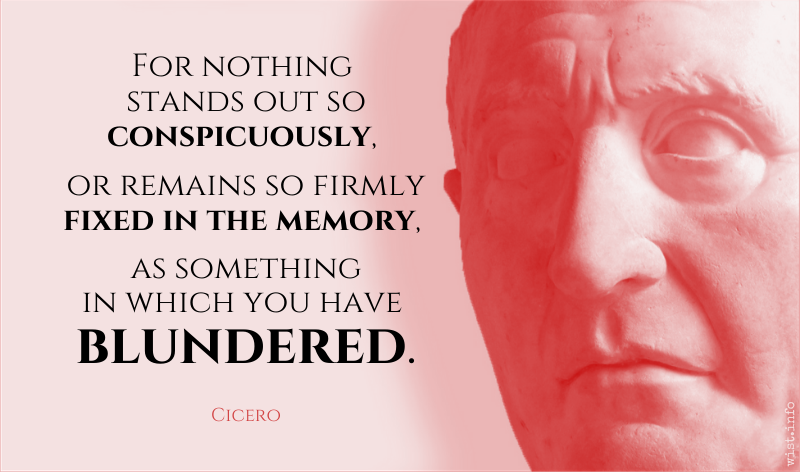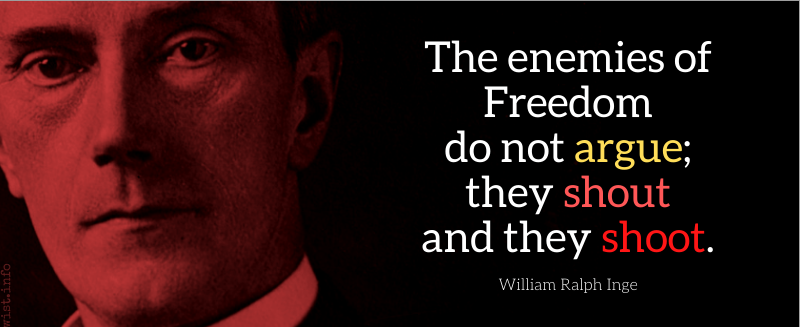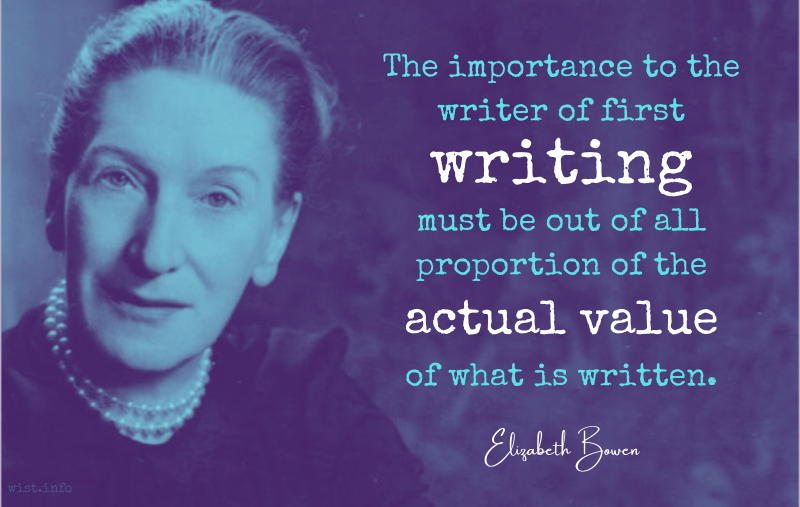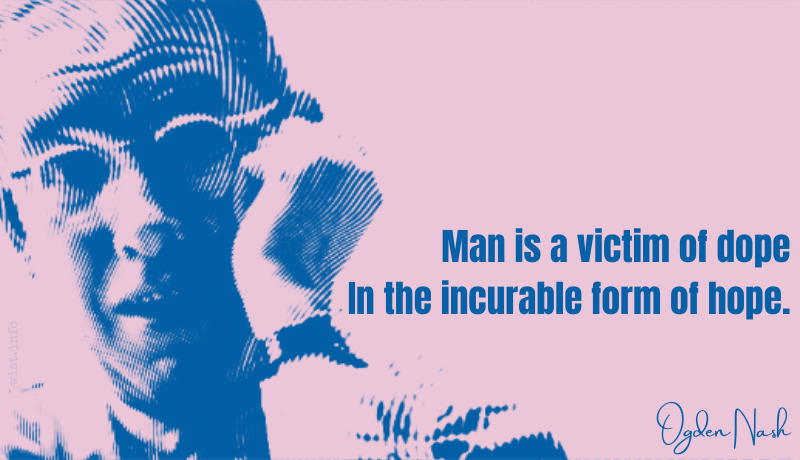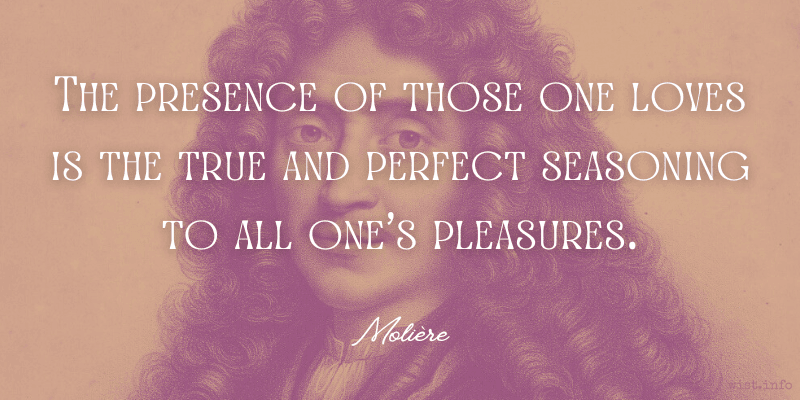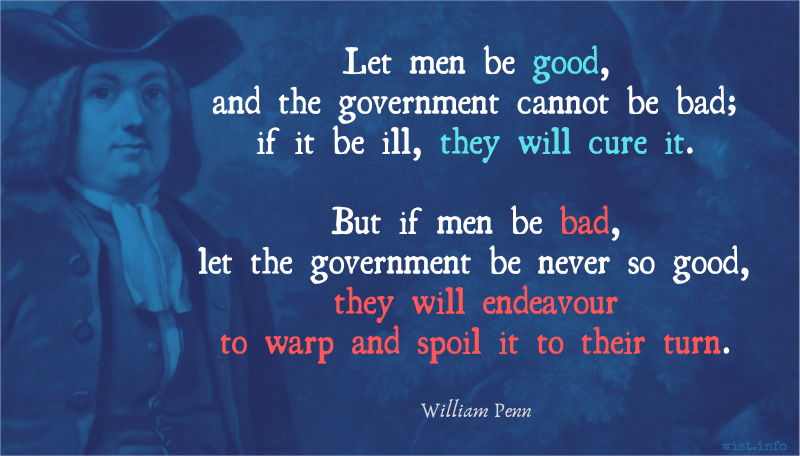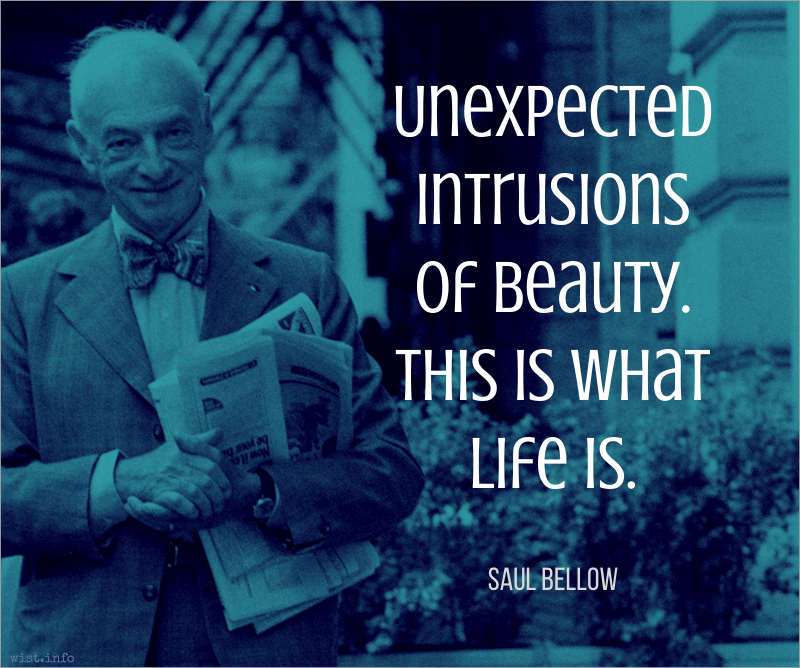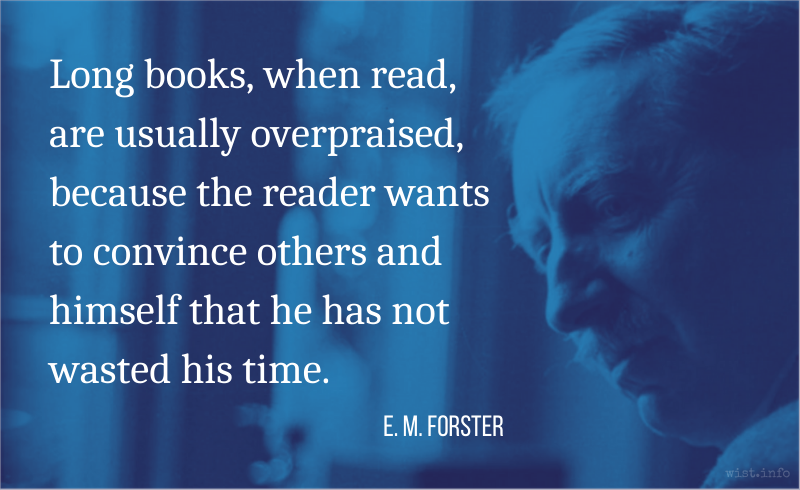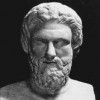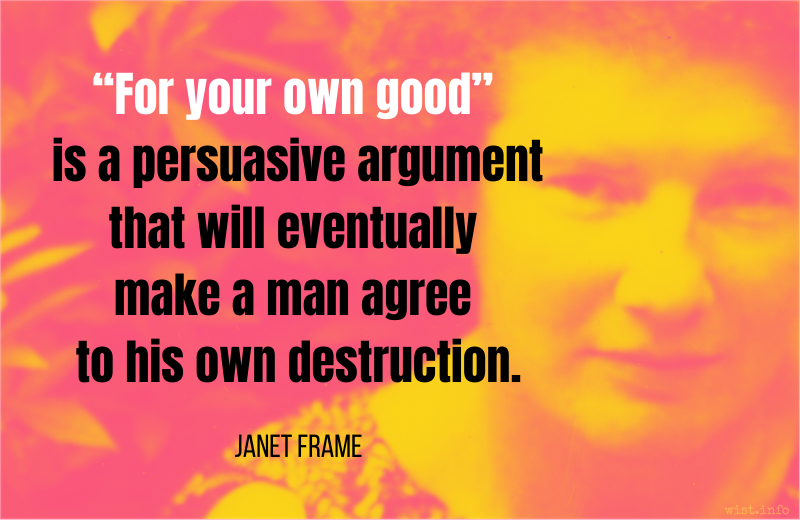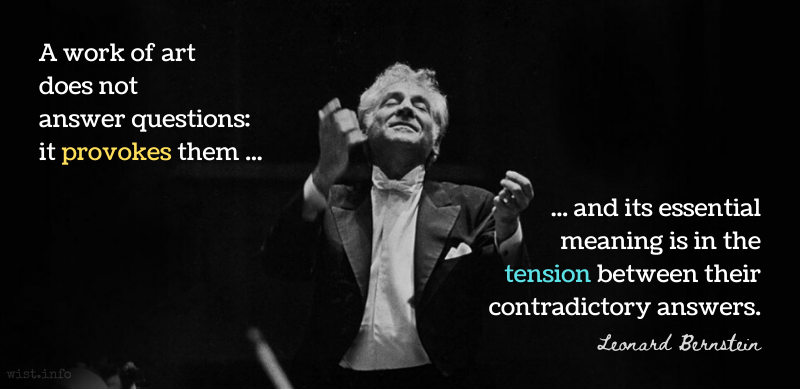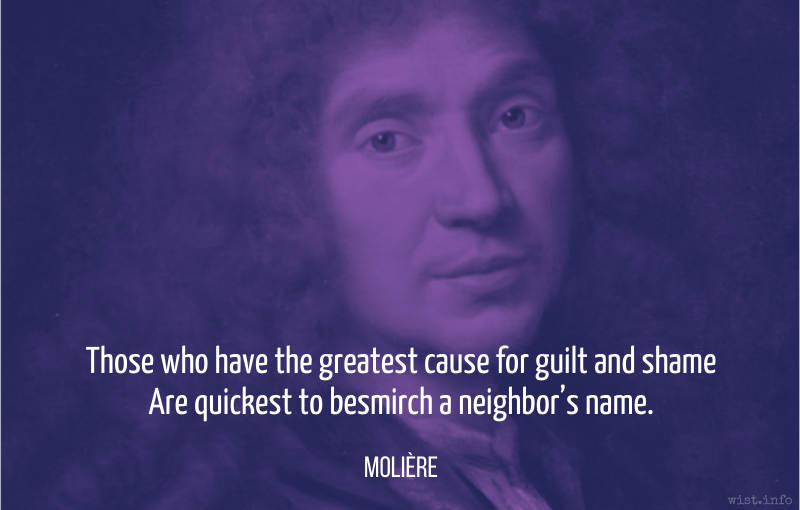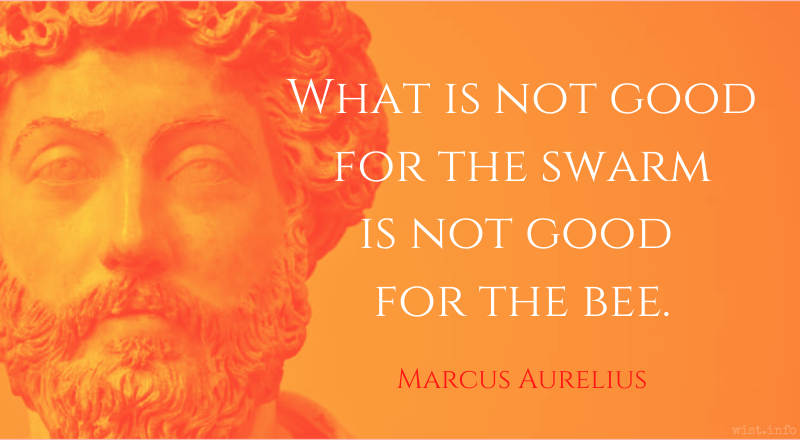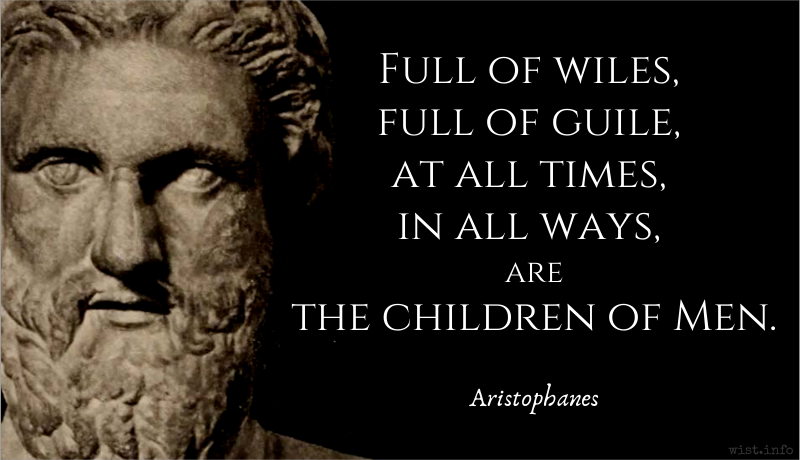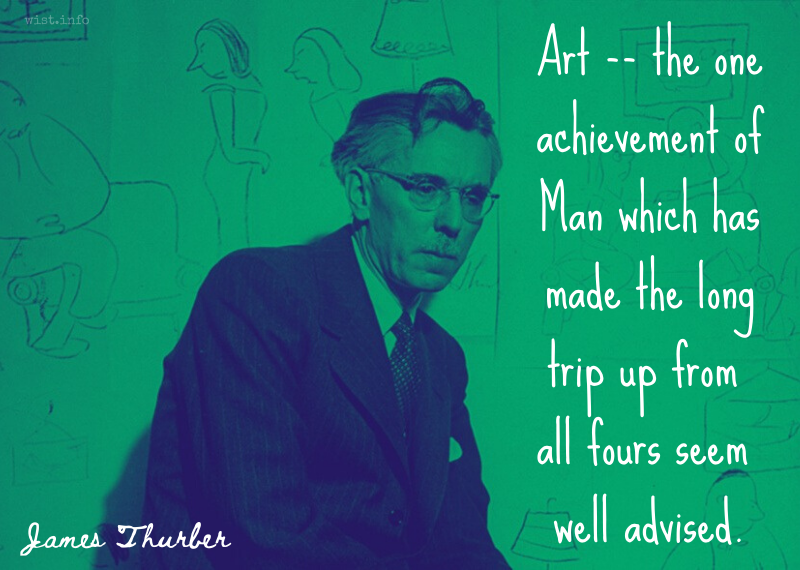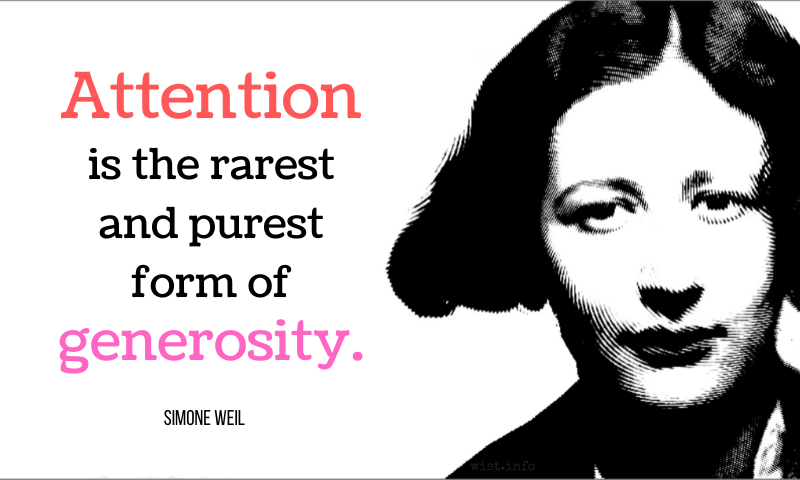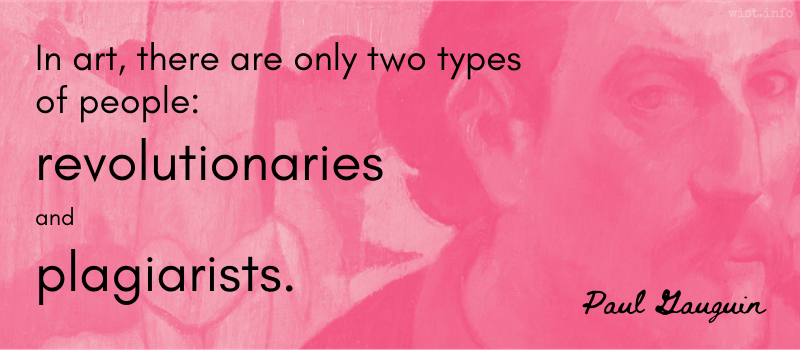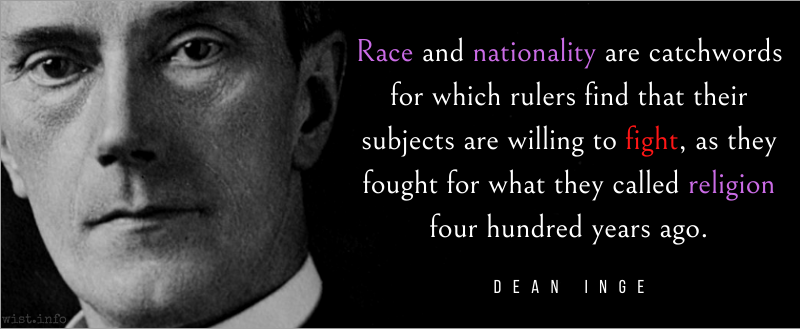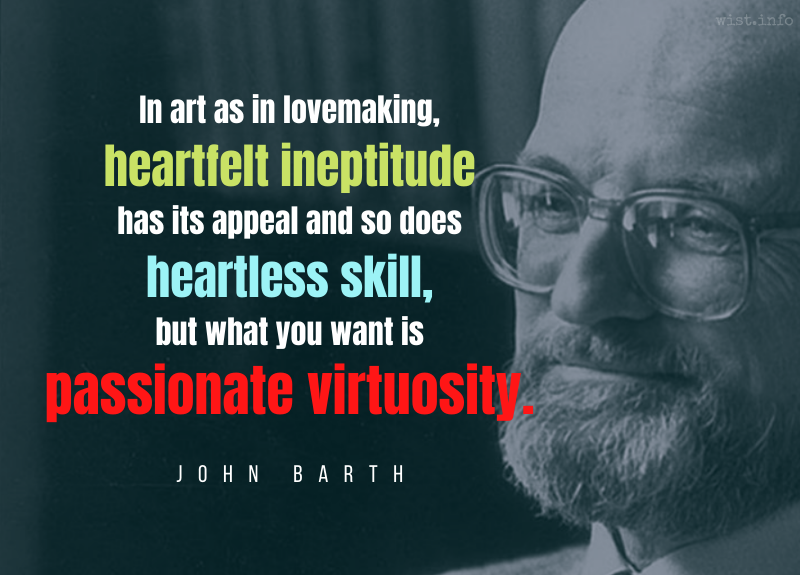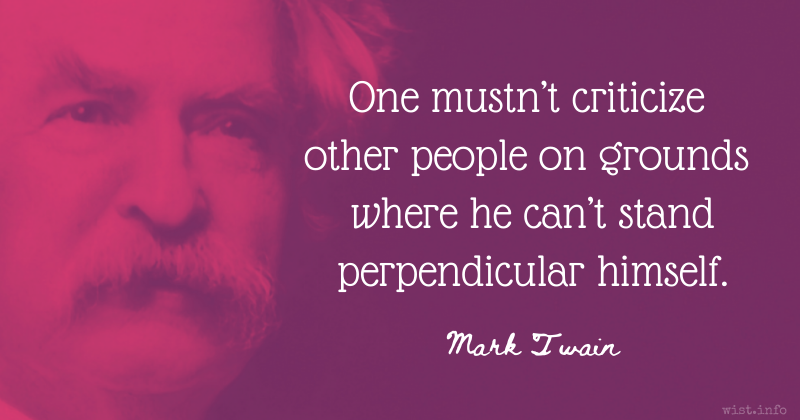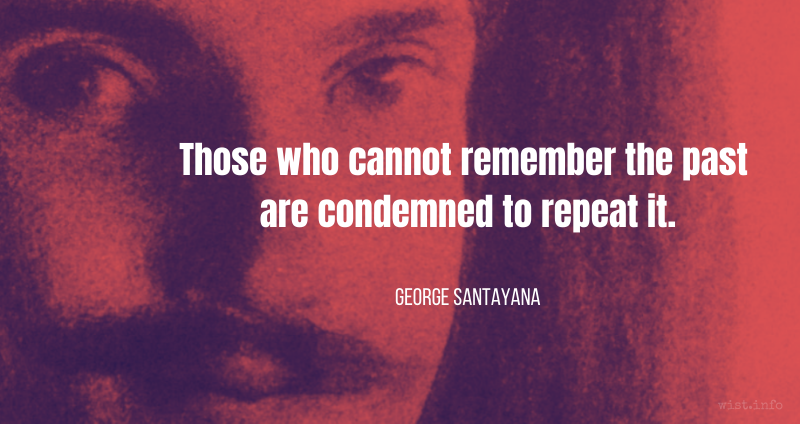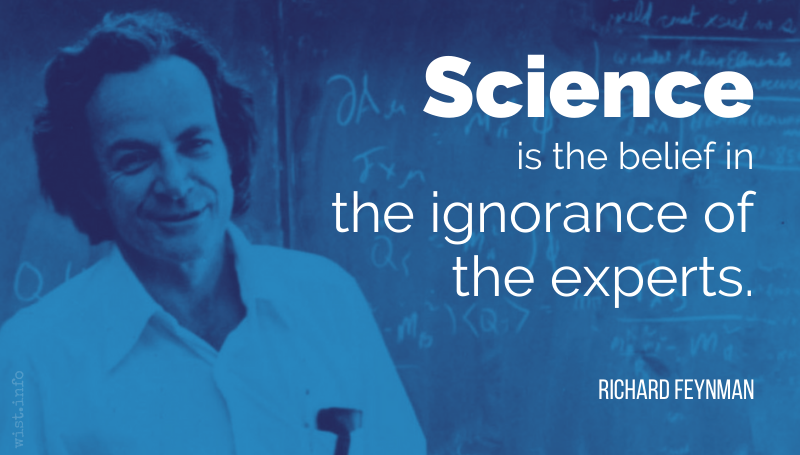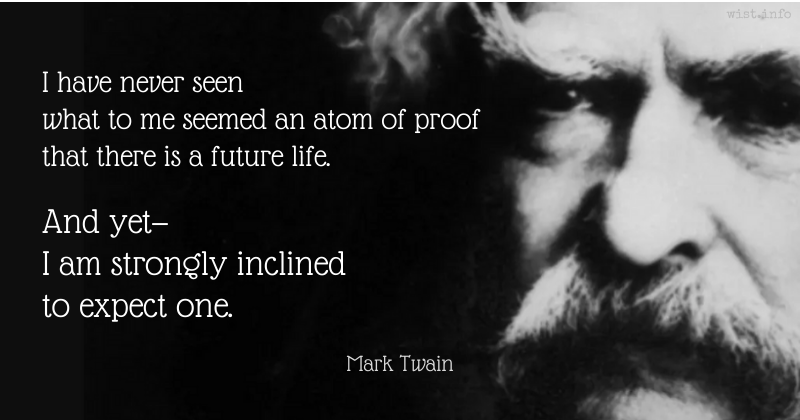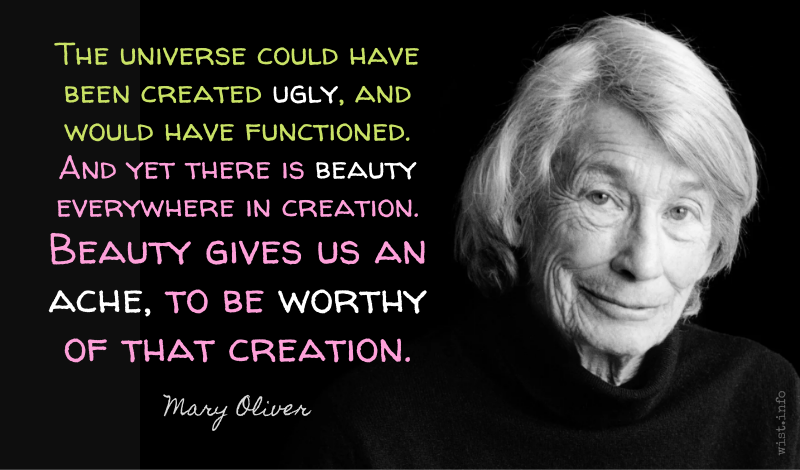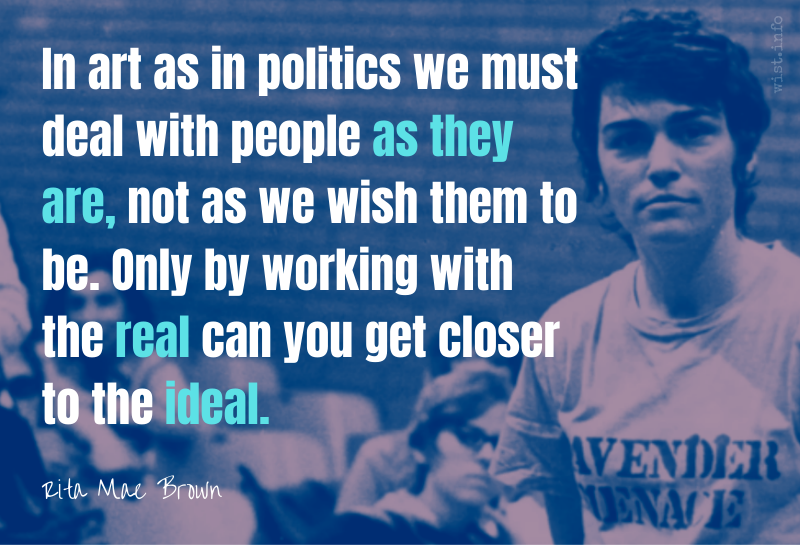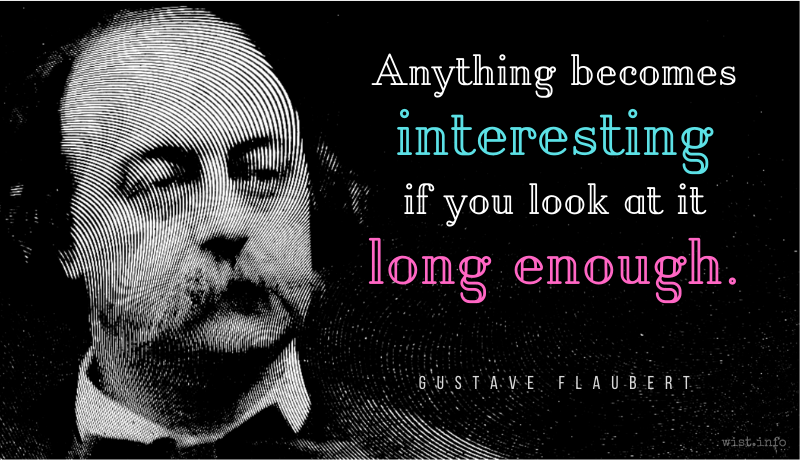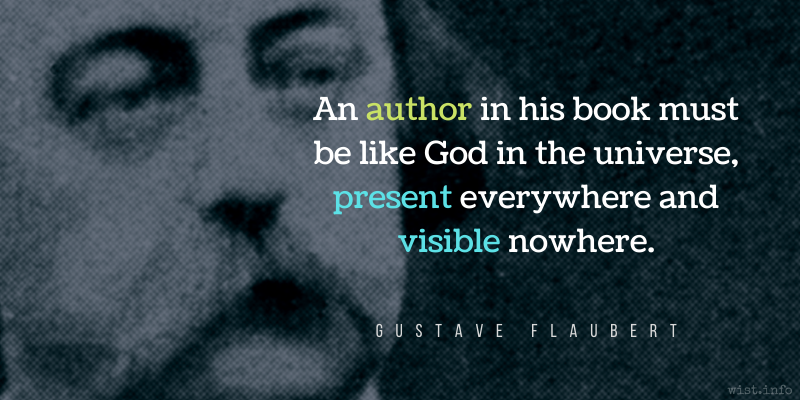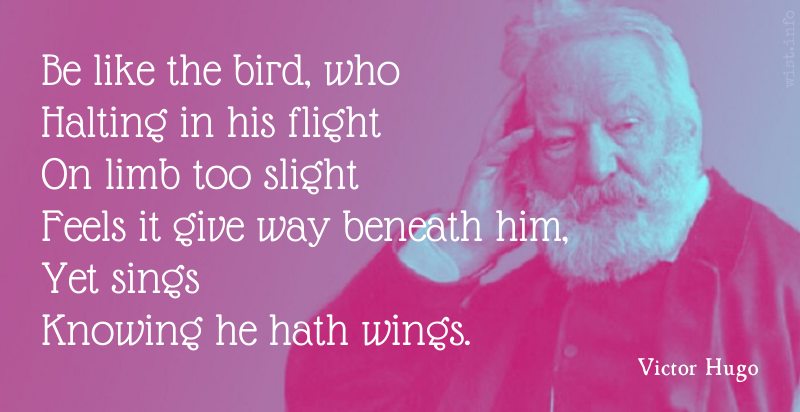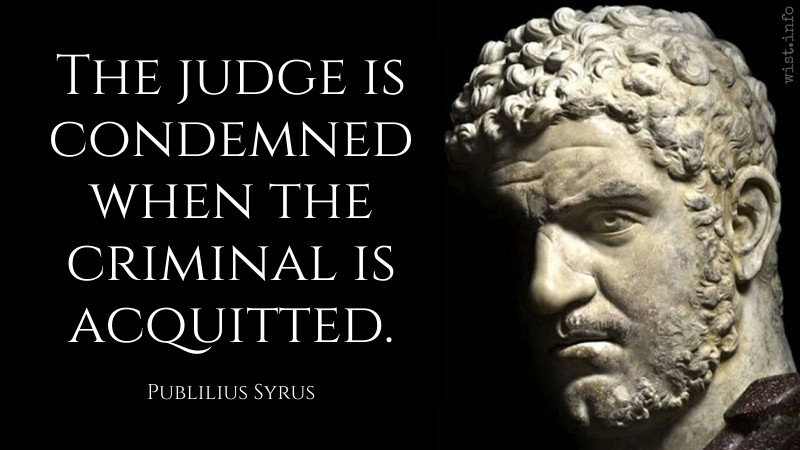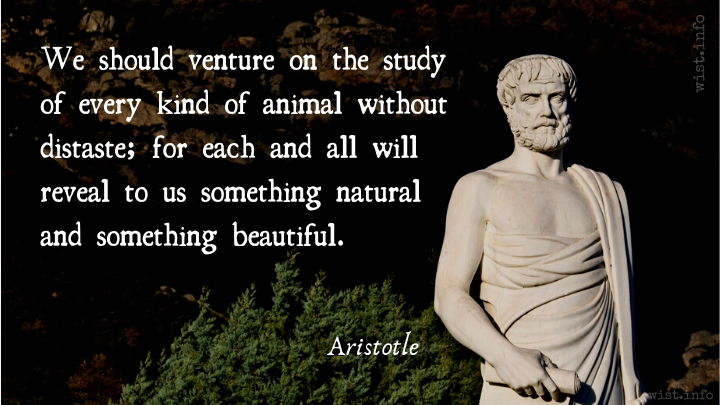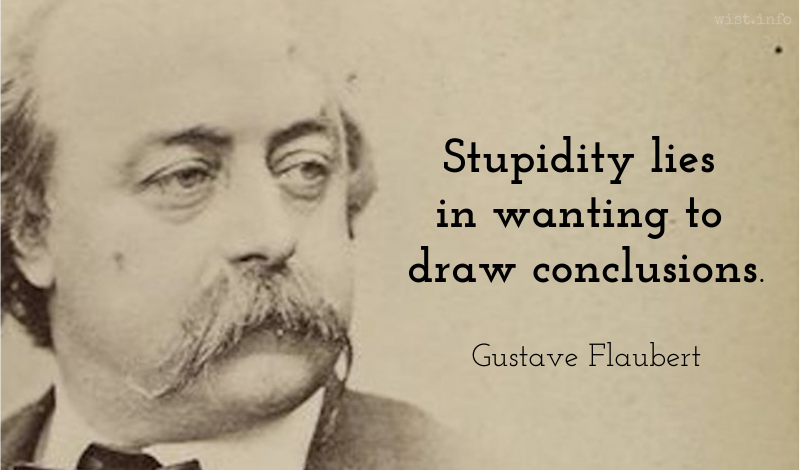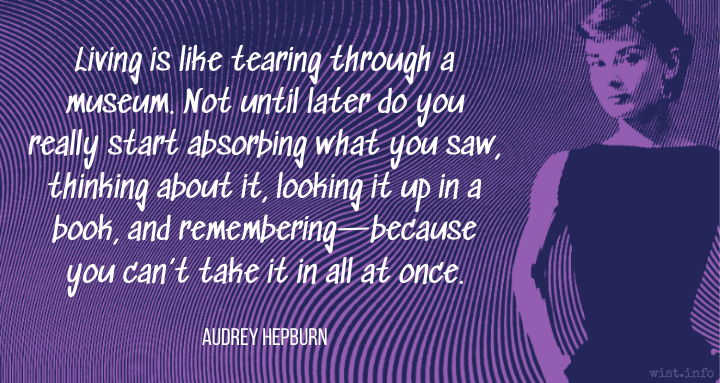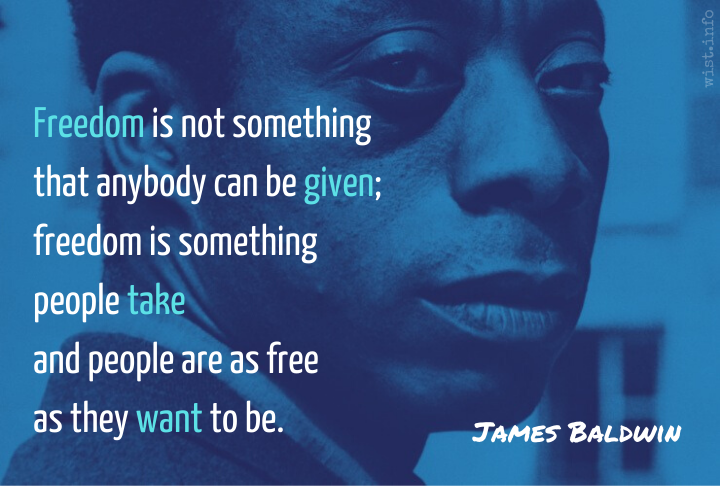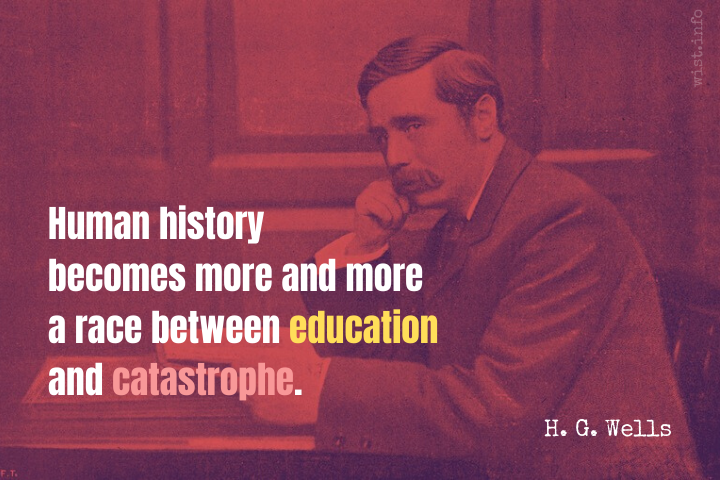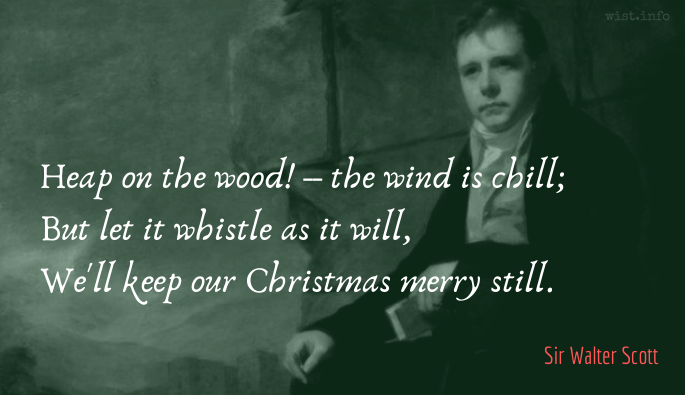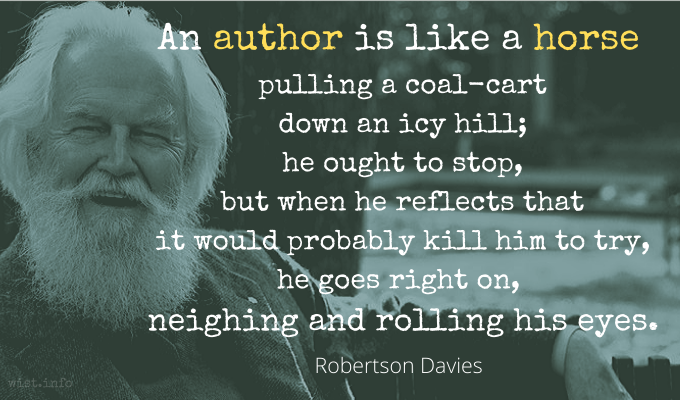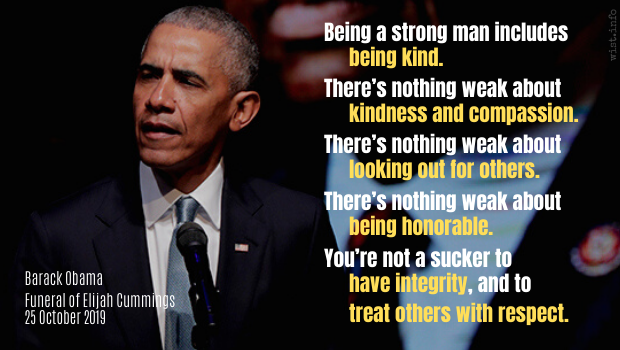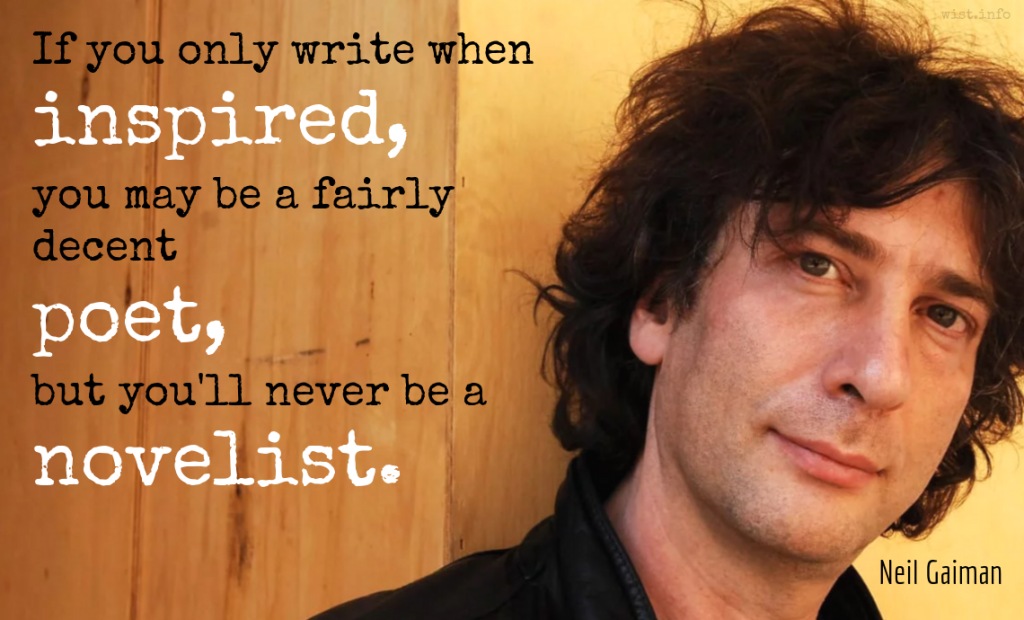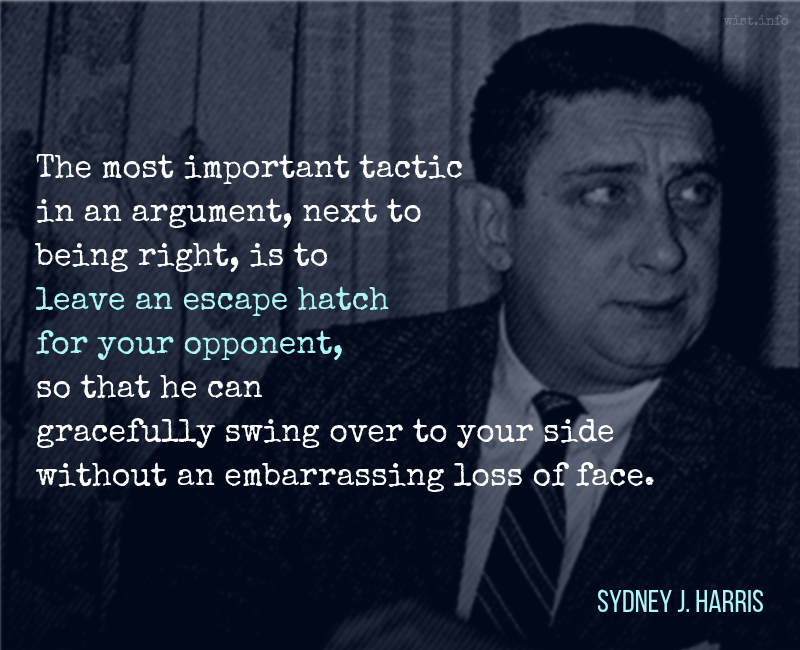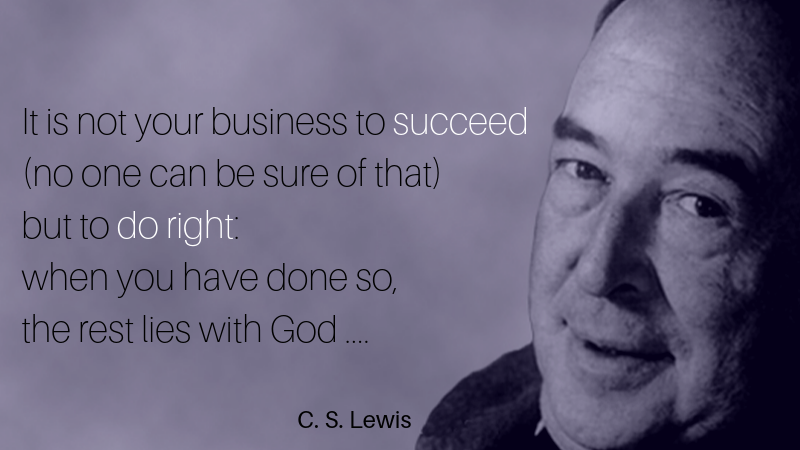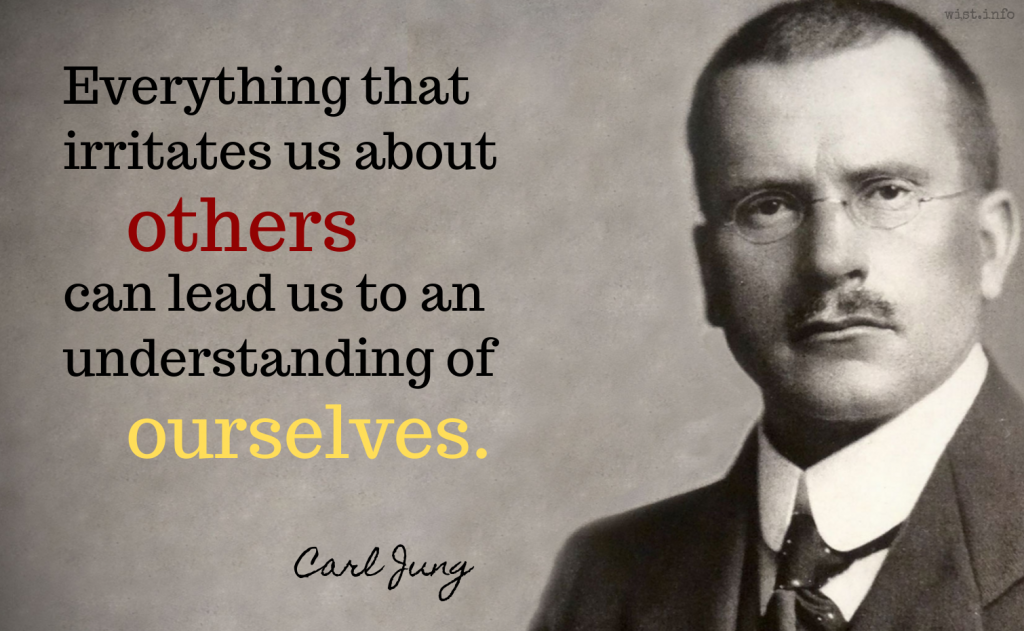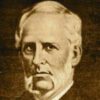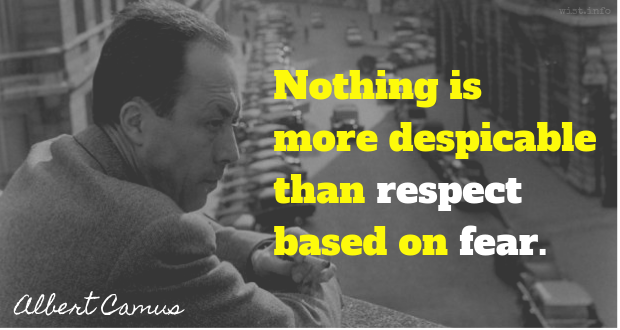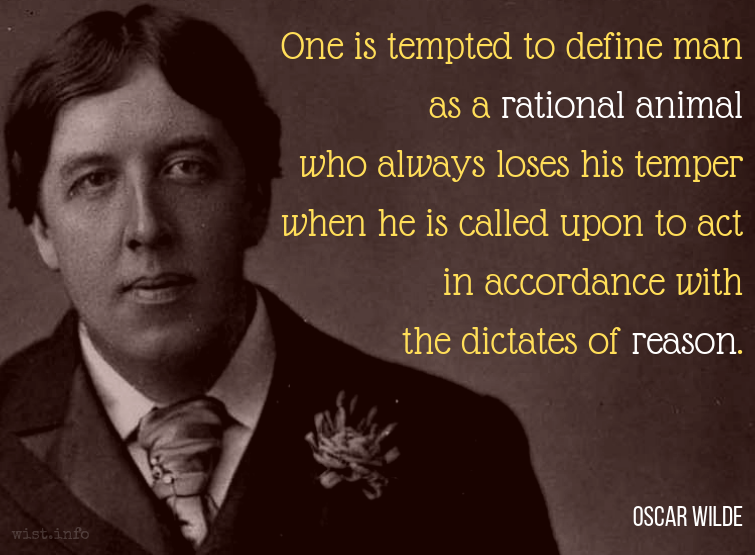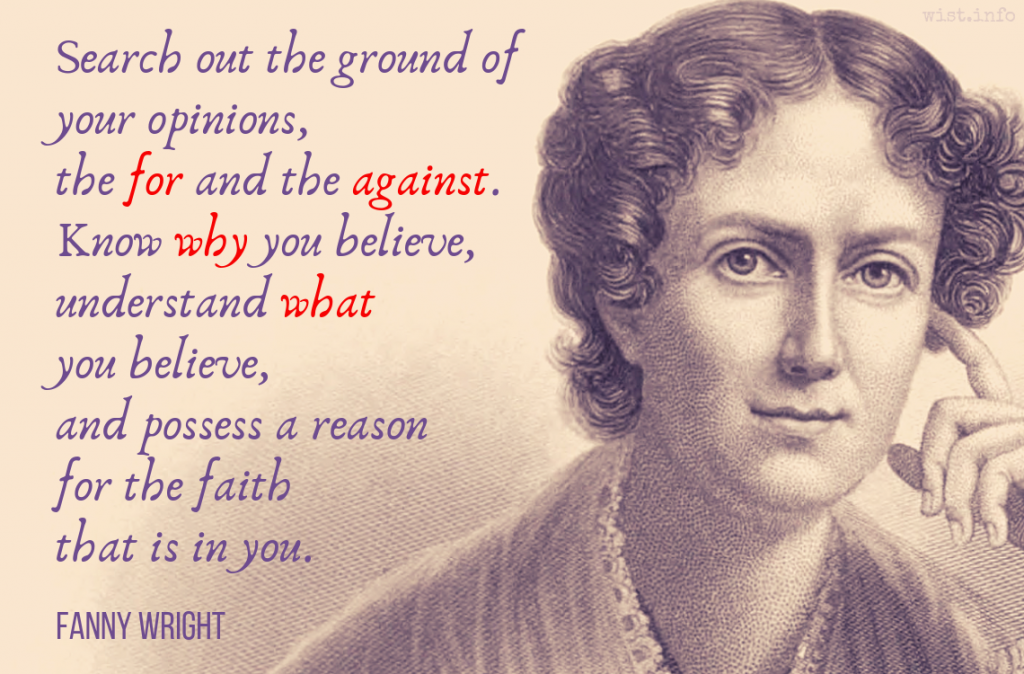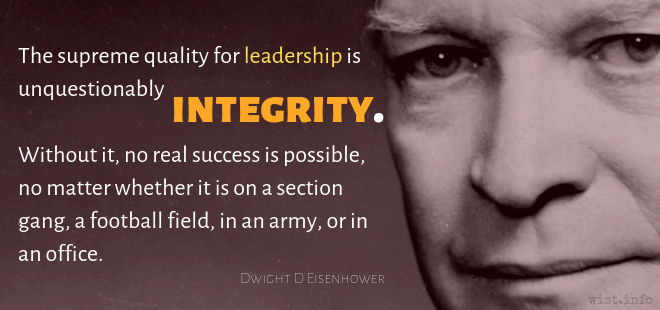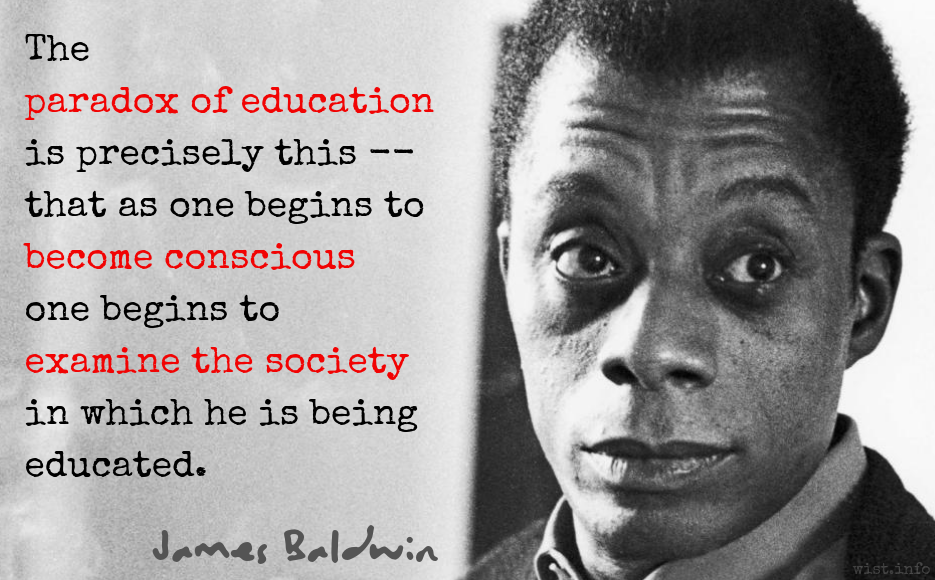No tyranny is more cruel than the one practiced in the shadow of the laws and under color of justice — when, so to speak, one proceeds to drown the unfortunate on the very plank by which they had saved themselves.
[Il n’y a point de plus cruelle tyrannie que celle que l’on exerce à l’ombre des lois et avec les couleurs de la justice, lorsqu’on va, pour ainsi dire, noyer des malheureux sur la planche même sur laquelle ils s’étaient sauvés.]
Charles-Lewis de Secondat, Baron de Montesquieu (1689-1755) French political philosopher
Considerations on the Causes of the Greatness of the Romans and their Decline [Considérations sur les causes de la grandeur des Romains et de leur décadence], ch. 14 “Tiberius” (1734, 1748 ed.) [tr. Lowenthal (1965)]
(Source)
Often mis-cited to his Spirit of Laws [The Spirit of the Laws; De l’esprit des lois] (1748).
(Source (French)). Other translations:No tyranny can have a severer effect that that which is exercised under the appearance of laws, and with the plausible colours of justice, when the executors of cruel power would, if we may use the expression, drown the unhappy wretches on the very plank that before saved them admidst the troubled waves.
[tr. B--- (1734)]There is no tyranny more cruel than that which is perpetrated under the color of the laws and in the name of justice -- when, so to speak, one is drawn down and drowned by means of the very plank which should have borne him up and saved his life.
[tr. Baker (1882)]There is no tyranny more cruel than that which is exercised within the shade of the law and with the colours of justice.
[E.g.]There is no greater tyranny than that which is perpetrated under the shield of the law and in the name of justice.
[E.g.]There is no crueler tyranny than that which is perpetrated under the shield of the law and in the name of justice.
[E.g.]
Quotations about:
meme
Note not all quotations have been tagged, so Search may find additional quotes on this topic.
There’s only one person who needs a glass of water oftener than a small child tucked in for the night, and that’s a writer sitting down to write.
Mignon McLaughlin (1913-1983) American journalist and author
The Second Neurotic’s Notebook, ch. 7 (1966)
(Source)
Disobedience, in the eyes of any one who has read history, is man’s original virtue. It is through disobedience that progress has been made, through disobedience and through rebellion.
Oscar Wilde (1854-1900) Irish poet, wit, dramatist
Essay (1891-02), “The Soul of Man Under Socialism,” The Fortnightly Review, Vol. 49
(Source)
Where the environment is stupid or prejudiced or cruel, it is a sign of merit to be out of harmony with it.
Bertrand Russell (1872-1970) English mathematician and philosopher
Conquest of Happiness, Part 1, ch. 9 “Fear of Public Opinion” (1930)
(Source)
We can never understand other people’s motives, nor their furniture.
Mignon McLaughlin (1913-1983) American journalist and author
The Neurotic’s Notebook, ch. 3 (1963)
(Source)
To delight in reading is to trade life’s dreary moments for moments of pure joy.
[Aimer à lire, c’est faire un échange des heures d’ennui que l’lon doit avoir en sa vie contre des heures délicieuses.]
Charles-Lewis de Secondat, Baron de Montesquieu (1689-1755) French political philosopher
Pensées Diverses [Assorted Thoughts], # 1632 / 1143 (1720-1755) [ed. Guterman (1963)]
(Source)
(Source (French)). Other translations:A fondness for reading changes the inevitable dull hours of our life into exquisite hours of delight.
[E.g. (1900)]To love to read is to exchange hours of ennui for hours of delight.
[E.g. (1936)]To love to read is to make an exchange of the inevitable hours of boredom in one's life, for some delightful hours.
[tr. Clark (2012)]
Our minds are better employed in bearing the misfortunes that do befall us than in foreseeing those that may.
[Il vaut mieux employer notre esprit à supporter les infortunes qui nous arrivent qu’à prévoir celles qui nous peuvent arriver.]
François VI, duc de La Rochefoucauld (1613-1680) French epigrammatist, memoirist, noble
Réflexions ou sentences et maximes morales [Reflections; or Sentences and Moral Maxims], ¶174 (1665-1678) [tr. Tancock (1959)]
(Source)
Appeared in the 1st edition as this variant:[Il vaut mieux employer notre son esprit à supporter les infortunes qui arrivent qu’à pénétrer celles qui peuvent arriver.]
(Source (French)). Other translations:A mans Wits are Employed to better purpose in bearing up under the misfortunes that lie upon him at present, than in foreseeing those that may come upon him hereafter.
[tr. Stanhope (1694), ¶175]It is a better employment of the understanding to bear the misfortunes that actually befal us, than to penetrate into those that may.
[pub. Donaldson (1783), ¶463; ed. Lepoittevin-Lacroix (1797), ¶167]The understanding is better employed in bearing actual misfortune, than in penetrating into that which possibly may befal us.
[ed. Carvill (1835), ¶393]It is better to employ; our minds in supporting the misfortunes which actually happen, than in anticipating those which may happen to us.
[ed. Gowens (1851), ¶177]It is far better to accustom our mind to bear the ills we have than to speculate on those which may befall us.
[tr. Bund/Friswell (1871), ¶174]We make better use of our abilities by endeavoring to bear our misfortunes, than in seeking to forestall possible catastrophes.
[tr. Heard (1917), ¶174]It is better to devote our minds to endurance of present misfortunes than to anticipation of those which the future may bring.
[tr. Stevens (1939), ¶174]Our wits are better employed in helping us endure present misfortunes than in anticipating those that may yet be to come.
[tr. FitzGibbon (1957), ¶174]It is better for our minds to help us bear existing misfortunes than prevent possible future ones.
[tr. Kronenberger (1959), ¶174]It is better to employ our mind in bearing misfortunes which actually happen to us, than in predicting those which could occur in future.
[tr. Whichello (2016) ¶174]
But there is another form that life can take. We can learn about it from exceptional people of our own culture, and from other cultures less destructive than ours. I am speaking of the life of a man who knows that the world is not given by his fathers, but borrowed from his children; who has undertaken to cherish it and do it no damage, not because he is duty-bound, but because he loves the world and loves his children; whose work serves the earth he lives on and from and with, and is therefore pleasurable and meaningful and unending; whose rewards are not deferred until “retirement,” but arrive daily and seasonally out of the details of the life of his place; whose goal is the continuance of the life of the world, which for a while animates and contains him, and which he knows he can never encompass with his understanding or desire.
Wendell Berry (b. 1934) American farmer, educator, poet, conservationist
The Unforeseen Wilderness: An Essay on Kentucky’s Red River Gorge, ch. 2 “The One-Inch Journey” (1971)
(Source)
In the quotation above is embedded "the world is not given by his fathers, but borrowed from his children," which appears to be the modern origin of a wide array of quotations to that effect.
The chapter was reprinted as "The One-Inch Journey" in Audubon magazine (1971-05).
The basic phrase and variants first achieved popularity in the early 1970s, showing up in a variety of forms (and often attributed to J. J. Audubon himself). Among those variants:Those variants, and more discussion about the origins of this quotation, can be found at: Quote Origin: We Do Not Inherit the Earth from Our Ancestors; We Borrow It from Our Children – Quote Investigator®.
- We have not inherited the land from our fathers, we have borrowed it from our children.
- We have not inherited the earth from our fathers and are hence entitled to use it according to our wishes. We have rather borrowed it from our children ...
- The world is not given by his fathers but borrowed from his children.
- We don’t inherit the earth from our fathers, we borrow it from our children.
- We have not inherited the earth from our fathers, we are borrowing it from our children.
- We have not inherited the earth from our parents, we have borrowed it from our children.
- We have not inherited the land from our parents, we are borrowing it from our children.
- We do not inherit the Earth from our ancestors, we borrow it from our children.
- We did not inherit the earth from our ancestors; we borrowed it from our descendants.
- We did not inherit our future from our ancestors, we have borrowed it from our children..
Note that in the 1991 edition, the passage in question is omitted in the re-edit:But there is another form that life can take. We can learn about it from exceptional people of our own culture, and from other cultures less destructive than ours. I am speaking of the lives of people who have undertaken to cherish the world and do it no damage, not because they are duty-bound, but because they love the world and love their children; whose work serves the earth they live on and from and with, and is therefore pleasurable and meaningful and unending; whose rewards are not deferred until “retirement,” but arrive daily and seasonally out of the details of the life of their place; whose goal is the continuance of the life of the world, which for a while animates and contains them, and which they know they can never encompass with their understanding or desire.
Almost everything will work again if you unplug it for a few minutes, including you.
Anne Lamott (b. 1954) American novelist and non-fiction writer
Post (2015-04-08), Facebook
(Source)
Reprinted in her essay (2015-04-10), "Anne Lamott shares all that she knows," Salon.
Collected in Almost Everything, ch. 4 "Unplugged" (2018). (The quote is the full chapter.)
Rules that are arbitrary may be nonetheless crucial. Whether we drive on the right or left side of the road is arbitrary, but it is crucial to obey the prevailing rule.
Judith Martin (b. 1938) American author, journalist, etiquette expert [a.k.a. Miss Manners]
“Miss Manners,” syndicated column (2015-02-01)
(Source)
Old and young, we are all on our last cruise. If there is a fill of tobacco among the crew, for God’s sake pass it round, and let us have a pipe before we go!
Why? Because. The most terrible of motives, the most unanswerable of retorts — Because.
[Pourquoi ? Parce que. Le plus terrible des motifs et la plus indiscutable des réponses: Parce que.]
Victor Hugo (1802-1885) French writer
Les Misérables, Part 4 “Saint Denis,” Book 6 “Little Gavroche,” ch. 1 (4.6.1) (1862) [tr. Hapgood (1887)]
(Source)
On Mme Thenardier hating her sons.
(Source (French)). Alternate translations:Why? Because. The most terrible of motives and the most unanswerable of responses: Because.
[tr. Wilbour (1862)]Why? because she did. The most terrible of motives and most indisputable of answers is, Because.
[tr. Wraxall (1862)]Why? Because. The most terrible and unanswerable of reasons.
[tr. Denny (1976)]Why? Because. The most terrible of motives and the most unanswerable of responses: Because.
[tr. Wilbour/Fahnestock/MacAfee (1987)]Why? Because. The most terrible of motives, the most indisputable of responses. Because.
[tr. Donougher (2013)]
If a nation expects to be ignorant and free, in a state of civilization, it expects what never was and never will be. The functionaries of every government have propensities to command at will the liberty and property of their constituents. There is no safe deposit for these but with the people themselves; nor can they be safe with them without information. Where the press is free, and every man able to read, all is safe.
Thomas Jefferson (1743-1826) American political philosopher, polymath, statesman, US President (1801-09)
Letter (1816-01-06) to Charles Yancey
(Source)
The original, non-orthographic version of this reads:if a nation expects to be ignorant & free, in a state of civilisation, it expects what never was & never will be. the functionaries of every government have propensities to command at will the liberty & property of their constituents. there is no safe deposit for these but with the people themselves; nor can they be safe with them without information. where the press is free and every man able to read, all is safe.
There is a spurious variant on part of this quotation that reads:If a nation expects to be ignorant and free, in a state of civilization, it expects what never was and never will be. If we are to guard against ignorance and remain free, it is the responsibility of every American to be informed.
While the first sentence (as above) is legitimate, the second is not. It appears to be a paraphrase of Jefferson used by Ronald Reagan in 1981.
The youth gets together his materials to build a bridge to the moon, or perchance a palace or temple on the earth, and at length the middle-aged man concludes to build a woodshed of them.
The megalomaniac differs from the narcissist by the fact that he wishes to be powerful rather than charming, and seeks to be feared rather than loved. To this type belong many lunatics and most of the great men of history.
Bertrand Russell (1872-1970) English mathematician and philosopher
Conquest of Happiness, Part 1, ch. 1 “What Makes People Unhappy?” (1930)
(Source)
You must not lose faith in humanity. Humanity is an ocean; if a few drops of the ocean are dirty, the ocean does not become dirty.
Mohandas Gandhi (1869-1948) Indian lawyer, anti-colonial nationalist, political ethicist [Mahatma Gandhi]
Letter (1947-08-29) to Rajkumari Amrit Kaur
(Source)
Quoted in Louis Fischer, Gandhi: His Life and Message for the World, ch. 31 (1954)
Tell me what kind of man governs a People, you tell me, with much exactness, what the net sum-total of social worth in that People has for some time been.
Thomas Carlyle (1795-1881) Scottish essayist and historian
Essay (1850-04-01), “Downing Street,” Latter-Day Pamphlets, No. 3
(Source)
It is a good thing to recognize one’s own faults.
[Bellum est enim sua vitia nosse.]
Marcus Tullius Cicero (106-43 BC) Roman orator, statesman, philosopher
Epistulae ad Atticum [Letters to Atticus], Book 2, Letter 17, sec. 2 (2.17.2) (59 BC) [tr. Winstedt (1912)]
(Source)
Speaking of his own slight "vanity and thirst for fame."
(Source (Latin)). Alternate translation:It is well to know one's faults.
[tr. Shuckburgh (1900)]It is a great thing to know our own vices.
[ed. Harbottle (1906)]It is a fine thing to recognize one's faults.
[tr. McKinlay (1926), # 14]It's a fine thing to know one's failings.
[tr. Shackleton Bailey (1968), # 37]
ORESTES: Otherwise how can we believe in the gods, if injustice can triumph over justice?
[ὈΡΈΣΤΗΣ:ἢ χρὴ μηκέθ᾽ ἡγεῖσθαι θεούς,
εἰ τἄδικ᾽ ἔσται τῆς δίκης ὑπέρτερα.]Euripides (485?-406? BC) Greek tragic dramatist
Electra [Ἠλέκτρα], l. 584ff (c. 420 BC) [tr. Theodoridis (2006)]
(Source)
(Source (Greek)). Alternate translations:Else shall we cease to think that any Gods
Exist, if Villainy prevail o'er Justice.
[tr. Wodhull (1809); Electra speaking]Else we must no longer believe in gods, if wrong is to be victorious over right.
[tr. Coleridge (1891)]It behooves one no longer to think that there are Gods, if unjust deeds get the advantage of justice.
[tr. Buckley (1892)]We must believe no more
In Gods, if wrong shall triumph over right.
[tr. Way (1896)]Else men shall know there is no God, no light
In Heaven, if wrong to the end shall conquer right.
[tr. Murray (1905)]Else must we cease to believe in gods, if wrong is to triumph o'er right.
[tr. Coleridge (1938 ed.)]For if wrongful acts
triumph over justice, then no longer
should we put any of our faith in gods.
[tr. Johnston (2009), l. 699ff]
It always does seem to me that I am doing more work than I should do. It is not that I object to the work, mind you; I like work: it fascinates me. I can sit and look at it for hours. I love to keep it by me: the idea of getting rid of it nearly breaks my heart.
Jerome K. Jerome (1859-1927) English writer, humorist [Jerome Klapka Jerome]
Three Men in a Boat (To Say Nothing of the Dog), ch. 15 (1889)
(Source)
The need for a body of common knowledge and common reference does not disappear when a society is largely pluralistic, as ours has become. On the contrary, it grows more necessary, so that people of different origins and occupation may quickly find familiar ground and, as we say, speak a common language. It not only saves time and embarrassment, but it also ensures a kind of mutual confidence and good will. One is not addressing an alien, blank as a stone wall, but a responsive creature whose mind is filled with the same images, memories, and vocabulary as oneself.
Books are the bees which carry the quickening pollen from one to another mind.
James Russell Lowell (1819-1891) American diplomat, essayist, poet
“Nationality in Literature,” North American Review, Article 10 (1849-07)
(Source)
Reviewing Henry Wadsworth Longfellow, Kavanagh (1849).
BENEDICK: Well, everyone can master a grief but he that has it.
William Shakespeare (1564-1616) English dramatist and poet
Much Ado About Nothing, Act 3, sc. 2, l. 27ff (3.2.27-28) (1598)
(Source)
Mystical explanations are considered deep; the truth is, they are not even shallow.
[Die mystischen Erklärungen gelten für tief; die Wahrheit ist, dass sie noch nicht einmal oberflächlich sind.]
Friedrich Nietzsche (1844-1900) German philosopher and poet
The Gay Science [Die fröhliche Wissenschaft], Book 3, § 126 (1882) [tr. Nauckhoff (2001)]
(Source)
Also known as La Gaya Scienza, The Joyful Wisdom, or The Joyous Science.
(Source (German)). Alternate translations:Mystical explanations are regarded as profound; the truth is that they do not even go the length of being superficial.
[tr. Common (1911)]Mystical explanations are considered deep. The truth is that they are not even superficial.
[tr. Kaufmann (1974)]Mystical explanations are considered deep; the truth is they are not even shallow.
[tr. Hill (2018)]
It’s a good thing when a man is different from your image of him. It shows he isn’t a type. If he were, it would be the end of him as a man. But if you can’t place him in a category, it means that at least a part of him is what a human being ought to be. He has risen above himself, he has a grain of immortality.
Boris Pasternak (1890-1960) Russian poet, novelist, and literary translator
Doctor Zhivago [До́ктор Жива́го], Part 2, ch. 9 “Varykino,” sec. 4 [Yuri] (1955) [tr. Hayward & Harari (1958), US ed.]
(Source)
Alternate translations:It’s a good thing when a man is different from your image of him. It shows he isn’t a type. If he were, it would be the end of him as a man. But if you can’t place him in a category, it means that at least a part of him is what a human being ought to be. He has a grain of immortality.
[tr. Hayward & Harari (1958), UK ed.]It’s good when a man deceives your expectations, when he doesn’t correspond to the preconceived notion of him. To belong to a type is the end of a man, his condemnation. If he doesn’t fall under any category, if he’s not representative, half of what’s demanded of him is there. He’s free of himself, he has achieved a grain of immortality.
[tr. Pevear & Volokhonsky (2010)]
It’s not about knowin where you are. It’s about thinkin you got there without takin anything with you. Your notions about startin over. Or anybody’s. You dont start over. That’s what it’s about. Every step you take is forever. You cant make it go away. None of it.
Cormac McCarthy (1933-2023) American novelist, playwright, screenwriter
No Country for Old Men (2005)
(Source)
A breath of wind — no more — is earthly fame,
And now this way it blows and that way now,
And as it changes quarter, changes name.
[Non è il mondan romore altro ch’un fiato
di vento, ch’or vien quinci e or vien quindi,
e muta nome perché muta lato.]Dante Alighieri (1265-1321) Italian poet
The Divine Comedy [Divina Commedia], Book 2 “Purgatorio,” Canto 11, l. 100ff (11.100-102) [Oderisi of Gubbio] (1314) [tr. Sayers (1955)]
(Source)
(Source (Italian)). Alternate translations:The breath of Fame is but a fickle gale,
Whose veering blasts from every point prevail,
And every change bestows a different name.
[tr. Boyd (1802), st. 20]The noise
Of worldly fame is but a blast of wind,
That blows from divers points, and shifts its name
Shifting the point it blows from.
[tr. Cary (1814)]The mundane rumour is a fleeting breath
Of wind, that veers and varies in account,
And changes name because it changes point.
[tr. Bannerman (1850)]Naught is this mundane rumour but a breath
Of wind, that comes now this way and now that,
And changes name, because it changes side.
[tr. Longfellow (1867)]The rumour of the world is naught else than a breath of wind, which now comes hence and now comes thence, and changes name because it changes quarter.
[tr. Butler (1885)]Mundane renown is but a breath forlorn
Of wind that cometh now from here, now there,
Named various from the quarter whence 'tis borne.
[tr. Minchin (1885)]Worldly renown is naught but a breath of wind, which now comes this way and now comes that, and changes name because it changes quarter.
[tr. Norton (1892)]Earthly fame is naught but a breath of wind, which now cometh hence and now thence, and changes name because it changes direction.
[tr. Okey (1901)]The world's noise is but a breath of wind which comes now this way and now that and changes name because it changes quarter.
[tr. Sinclair (1939)]Naught but a wind's breath is the world's acclaim,
Which blows now hence, now thence, as it may hap,
And when it changes quarter changes name.
[tr. Binyon (1943)]A breath of wind is all there is to fame
here upon earth: it blows this way and that
and when it changes quarter it changes name.
[tr. Ciardi (1961)]Earthly fame is naught but a breath of wind,
which now comes hence and now comes thence,
changing its name because it changes quarter.
[tr. Singleton (1973)]Your earthly fame is but a gust of wind
that blows about, shifting this way and that,
and as it changes quarter, changes name.
[tr. Musa (1981)]Earthly fame is nothing but a breath of wind,
Which first blows one way and then blows another,
And brings a fresh name from each fresh direction.
[tr. Sisson (1981)]Worldly renown is nothing other than
a breath of wind that blows now here, now there,
and changes name when it has changed its course.
[tr. Mandelbaum (1982)]The clamor of the world is nothing but a breath of wind that comes now from here and now from there, and changes names because it changes directions.
[tr. Durling (2003)]Worldly Fame is nothing but a breath of wind, that now blows here, and now there, and changes name as it changes direction.
[tr. Kline (2002)]The roar of earthly fame is just a breath
of wind, blowing from here and then from there,
that changes name in changing origin.
[tr. Kirkpatrick (2007)]Worldly fame is nothing but a gust of wind,
first blowing from one quarter, then another,
changing name with every new direction.
[tr. Hollander/Hollander (2007)]Shouts of worldly fame are nothing more
Than a passing breath of wind, blowing here,
Then there, changing its name from place to place.
[tr. Raffel (2010)]
Remember, today is the tomorrow you worried about yesterday.
Dale Carnegie (1888-1955) American writer, lecturer
How to Stop Worrying and Start Living, Part 10 “How I Conquered Worry” (1948)
(Source)
Final note by Carnegie on the story "Six Major troubles Hit Me All At Once" by C. I. Blackwood of Oklahoma City.
The phrase was a "rule" Carnegie taught in his adult courses, and he collected many reports from students about how the various rules taught in the course actually worked in their lives. Thus the "remember" above and how the phrase is also mentioned, quoted in the past tense, in the story "I Now Look for the Green Light," by Joseph M. Cotter of Chicago: "I was told over and over that 'today was the tomorrow I had worried about yesterday.'"
In this country it is useful from time to time to kill one admiral in order to encourage the others.
[Dans ce pays-ci il est bon de tuer de tems en tems un Amiral pour encourager les autres.]
Voltaire (1694-1778) French writer [pseud. of Francois-Marie Arouet]
Candide, ch. 23 (1759) [tr. Adams (1966)]
(Source)
As Candide witnesses the (real-life) 1757 execution of English Admiral John Byng, who withdrew his undermanned ships from a naval battle during the French invasion of Minorca at the beginning of the Seven Years War. Byng was scapegoated for poor condition of the Mediterranean fleet, and court martialed for "failing to do his utmost" in the battle, which carried an automatic death penalty. In real life, Voltaire had been one of the people who attempted to intervene on Byng's behalf. In the book, Candide is so appalled by the injustice, he refuses to touch ground on English soil.
The last few words ("pour encourager les autres") are frequently quoted on their own referring to any harsh punishment used as an example to incent those who follow.
(Source (French)). Alternate translations:In this country it is found requisite, now and then, to put an admiral to death, in order to encourage the others to fight.
[tr. Smollett (1759)]In this country it is found good, from time to time, to kill one Admiral to encourage the others.
[Source (1859)]In this country it is found requisite, now and then, to put one admiral to death, in order to spirit up the others.
[tr. Smollett/Thornton (1920)]In this country it is good to kill an Admiral from time to time to encourage the others.
[Modern Library ed. (1920)]In this country it is necessary, now and then, to put one admiral to death in order to inspire the others to fight.
[tr. Morley (1922)]In this country it is a good thing to kill an admiral from time to time to encourage the others.
[Random House ed. (1928)]In this country it’s good to kill an admiral now and then, to encourage the others.
[tr. Bair (1959)]In this country it is found requisite,now and then to kill an admiral, in order to encourage the others.
[tr. Cameron (1997)]In this country they think it's good to kill an Admiral from time to time, to encourage the others.
[tr. Gordon (1999)]
But time meanwhile is flying, flying beyond recall, while we, charmed with love of our theme, linger around each detail!
[Sed fugit interea, fugit inreparabile tempus,
singula dum capti circumvectamur amore.]Virgil (70-19 BC) Roman poet [b. Publius Vergilius Maro; also Vergil]
Georgics [Georgica], Book 3, l. 284ff (3.284-285) (29 BC) [tr. Fairclough (Loeb) (1916)]
(Source)
After a lengthy description of the springtime mating habits of wild animals and horses, Virgil basically saying, "But I digress ..." (and, a bit more directly, "And there's fifteen minutes you're never getting back").
Origin of the phrase tempus fugit ("time flies").
(Source (Latin)). Alternate translations:But time irreparable hastes away.
Whil'st we with love transported waste the day.
[tr. Ogilby (1649)]But time is lost, which never will renew,
While we too far the pleasing Path pursue;
Surveying Nature, with too nice a view.
[tr. Dryden (1709), l. 448ff]But, while love's copious themes our course delay,
Time flits, irrevocably flits away.
[tr. Nevile (1767), l. 337]But time irreparable flies away,
While in the maze of love we fondly stray.
[tr. Sotheby (1800)]But time flies meanwhile, flies irretrievable, while we, enamoured [of the theme], minutely trace particulars.
[tr. Davidson (1854)]But time is flying, flying, and for aye,
And we, love's prisoners, on his circuit stray.
[tr. Blackmore (1871)]But time meanwhile is flying, flying past recall, while, enamoured of our voyage, we are coasting every point.
[tr. Wilkins (1873)]Fast flies meanwhile the irreparable hour,v
As point to point our charmed round we trace.
[tr. Rhoades (1881)]But lo! while we of love seductive sing,
Time onward flies, nor stays his restless wing.
[tr. King (1882), l. 293ff]But meanwhile Time, Time that cannot be recalled, is fleeting, while enamored of my theme I enter into all details.
[tr. Bryce (1897)]But time fleets meanwhile, fleets beyond recovery, while in loving enthrallment we pass on and on.
[tr. Mackail (1899)]But the time meanwhile is fleeting, is fleeting past recall,
While we hover around each flower of the field that holds us in thrall.
[tr. Way (1912)]But time runs by, irreparable time.
As mastered by my subject's charm, I course
Slowly from point to point.
[tr. Williams (1915)]But time is on the move still, time that will not return,
While we go cruising around this subject whose lore delights us.
[tr. Day-Lewis (1940)]But time slides past, slides past beyond recall,
While, spellbound, we drift off among details.
[tr. Bovie (1956)]But meantime it escapes us, time, never to be recaptured, escapes us while we linger over details, captivated by love. [tr. Miles (1980)]But time is flying, flying beyond recall.
While captivated I linger lovingly,
Touring from this to that.
[tr. Wilkinson (1982)]But meanwhile time flies, flies irretrievably,
while, captivated by passion, I describe each detail.
[tr. Kline (2001)]But meanwhile time flies, it flies beyond recovery
while, captive to each fact, we are carried away by love.
[tr. Lembke (2004)]Meanwhile, it flies, time flies irretrievably,
while captivated with love we ramble through minutiae.
[tr. Johnson (2009)]But meanwhile uncoverable time
Is flying, flying past us while we linger,
Enraptured by our theme.
[tr. Ferry (2015)]
One’s work may be finished some day, but one’s education, never!
[L’oeuvre est terminée un jour; l’éducation jamais!]
Alexandre Dumas, père (1802-1870) French novelist and dramatist
My Memoirs [Mes Mémoires], ch. 113 (1852-1856) [tr. Waller (1907); 1826-1830: Vol. 3, Book 2, ch. 10]
(Source)
Never turn down the chance of an adventure, unless such chances are coming thick and fast, and maybe not even then.
Mignon McLaughlin (1913-1983) American journalist and author
The Second Neurotic’s Notebook, ch. 4 (1966)
(Source)
Old age is a special problem for me because I’ve never been able to shed the mental image I have of myself — a lad of about nineteen.
E. B. White (1899-1985) American author, critic, humorist [Elwyn Brooks White]
“E. B. White: Notes and Comment by Author,” interview by Israel Shenker, New York Times (1969-07-11)
(Source)
On his 70th birthday.
Those who want the Government to regulate matters of the mind and spirit are like men who are so afraid of being murdered that they commit suicide to avoid assassination.
Eating without conversation is only stoking.
Marcelene Cox (1900-1998) American writer, columnist, aphorist
“Ask Any Woman” column, Ladies’ Home Journal (1943-06)
(Source)
Life beats down and crushes the soul, and art reminds you that you have one.
Stella Adler (1901-1992) American actor and acting teacher
Quoted in Barry Paris, ed., Stella Adler on America’s Master Playwrights, Introduction (2012)
(Source)
We can disagree and still love each other unless your disagreement is rooted in my oppression and denial of my humanity and right to exist.
Pleasures may be based on illusion; happiness must be based on truth.
[Le plaisir peut s’appuyer sur l’illusion; mais le bonheur repose sur la vérité.]
Nicolas Chamfort (1741-1794) French writer, epigrammist (b. Nicolas-Sébastien Roch)
Products of Perfected Civilization [Produits de la Civilisation Perfectionée], Part 1 “Maxims and Thoughts [Maximes et Pensées],” ch. 2, ¶ 153 (1795) [tr. Parmée (2003), ¶ 123]
(Source)
(Source (French)). Alternate translations:Pleasure may rest upon illusion, but felicity must repose upon truth.
[tr. Mathers (1926), # 153]Pleasure may be be based on illusion, but happiness rests on truth.
[tr. Merwin (1969)]Pleasure can be based on illusion, but happiness is founded on truth.
[tr. Pearson (1973)]Pleasure may be based on illusion, but happiness rests on truth.
[tr. Epstein (1991)]
Variants:
- "Pleasure can be supported by an illusion; but happiness rests upon truth."
- "Pleasure may come from illusion, but happiness can come only of reality."
Reality has a well-known liberal bias.
If all Printers were determin’d not to print any thing till they were sure it would offend no body, there would be very little printed.
Benjamin Franklin (1706-1790) American statesman, scientist, philosopher, aphorist
“Apology for Printers,” Philadelphia Gazette (1731-06-10)
(Source)
Talk sense to a fool
and he calls you foolish.[δόξει τις ἀμαθεῖ σοφὰ λέγων οὐκ εὖ φρονεῖν.]
Euripides (485?-406? BC) Greek tragic dramatist
Bacchæ [Βάκχαι], l. 480 [Dionysus/Διόνυσος] (405 BC) [tr. Arrowsmith (1960)]
(Source)
Replying to Pentheus' charge that he's being foolishly evasive.
(Source (Greek)). Alternate translations:He must seem devoid
Of reason, who mysterious truths unfolds
To those who lack discretion.
tr. Wodhull (1809)]One will seem to be foolish if he speaks wisely to an ignorant man.
[tr. Buckley (1850)]Who wiseliest speaks, to the fool speaks foolishness.
[tr. Milman (1865)]Boors think a wise man’s words devoid of sense.
[tr. Rogers (1872), l. 457]He were a fool, methinks, who would utter wisdom to a fool.
[tr. Coleridge (1891)]Wise answers seem but folly to a fool.
[tr. Way (1898)]Wise words being brought
To blinded eyes will seem as things of nought.
[tr. Murray (1902)]He who talks wisdom to an ignorant man will seem out of his senses.
[tr. Kirk (1970)]A wise speech sleeps in a foolish ear.
[tr. Vellacott (1973)]Talk truth to a deaf man and he
Begs your pardon.
[tr. Soyinka (1973)]Wise speech seems thoughtless to the ignorant.
[tr. Neuburg (1988)]What makes no sense is talking sense to a fool.
[tr. Cacoyannis (1982)]To the ignorant, wisdom will seem folly.
[tr. Blessington (1993)]To the ignorant man, any speaker of wisdom will seem foolish.
[tr. Esposito (1998)]Speak wisdom to a fool and he'll think you have no sense at all.
[tr. Woodruff (1999)]Wise things to the ignorant will sound like nonsense.
[tr. Gibbons/Segal (2000)]Speak wisdom to a fool and he will think you foolish.
[tr. Kovacs (2002)]Wise words spoken in the ear of a fool turn into nothingness.
[tr. Rao/Wolf (2004)]It is not wise for someone to say anything wise to the ignorant.
[tr. Theodoridis (2005)]Wise words will appear foolishness -- to an idiot.
[tr. Valerie (2005)]Yes, but, then,
a man can seem really ignorant
when speaking to a fool.
[tr. Johnston (2008)]Sense is nonsense to a fool.
[tr. Robertson (2014)]Wisdom always sounds silly to the unwise.
[tr. Pauly (2019)]Only a fool takes a warning for an insult.
[tr. Behr/Foster (2019)]One will seem to be foolish if he speaks wise things [sopha] to a senseless man.
[tr. Buckley/Sens/Nagy (2020)]
If you have to do it every day, for God’s sake learn to do it well.
Mignon McLaughlin (1913-1983) American journalist and author
The Neurotic’s Notebook, ch. 4 (1963)
(Source)
Serious artist or weekend amateur, it’s more fun cooking for company in company.
Julia Child (1912-2004) American chef and writer
Julia Child & More Company, Introduction (1979)
(Source)
Come, come, my conservative friend, wipe the dew off your spectacles, and see that the world is moving.
Elizabeth Cady Stanton (1815-1902) American social activist, abolitionist, woman's suffragist
The Woman’s Bible, Part 1, Introduction (1895)
(Source)
LEAR: How sharper than a serpent’s tooth it is
To have a thankless child.William Shakespeare (1564-1616) English dramatist and poet
King Lear, Act 1, sc. 4, l. 302ff (1.4.302-303) (1606)
(Source)
If I set the sun beside the moon,
And if I set the land beside the sea,
And if I set the flower beside the fruit,
And if I set the town beside the country,
And if I set the man beside the woman,
I suppose some fool would talk
About one being better.Gilbert Keith Chesterton (1874-1936) English journalist and writer
“Comparisons”
(Source)
In "The Notebook" (1894-98). BL MS Add. 73334, fo. 5.
The poem, which has no formal title, has been printed in multiple forms. In many cases, the third line (flower/fruit) is omitted. In some cases "tower" is substituted for "town."
Never let yourself be persuaded that any one Great Man, any one leader, is necessary to the salvation of America. When America consists of one leader and 143,000,000 followers, it will no longer be America. Truly American leadership is not of any one man. It is of multitudes of men — and women.
Dwight David Eisenhower (1890-1969) American general, US President (1953-61)
Essay (1948-10), “An Open Letter to America’s Students,” Reader’s Digest
(Source)
The quote can be found (without citation) in different locations with various numbers for the US population.
The letter was written while Eisenhower was President of Columbia University.
But of all injustice, theirs is certainly of the deepest die, who make it their business to appear honest men, even whilst they are practising the greatest of villainies.
[Totius autem iniustitiae nulla capitalior quam eorum, qui tum, cum maxime fallunt, id agunt, ut viri boni esse videantur.]
Marcus Tullius Cicero (106-43 BC) Roman orator, statesman, philosopher
De Officiis [On Duties; On Moral Duty; The Offices], Book 1, ch. 13 (1.13) / sec. 41 (44 BC) [tr. Cockman (1699)]
(Source)
(Source (Latin)). Alternate translations:No act of injustice is more pernicious than theirs, who while they are attempting the greatest deceit, labor to appear good men.
[tr. McCartney (1798)]But in the whole system of villainy, none is more capital than that of the men, who, when they most deceive, so manage as that they may seem to be virtuous men.
[tr. Edmonds (1865)]But of all forms of injustice, none is more heinous than that of the men who, while they practise fraud to the utmost of their ability, do it in such a way that they appear to be good men.
[tr. Peabody (1883)]The most criminal injustice is that of the hypocrite who hides an act of treachery under the cloak of virtue.
[tr. Gardiner (1899)]No iniquity is more deadly than that of those who, when they are most at fault, so behave as to seem men of integrity.
[ed. Harbottle (1906)]But of all forms of injustice, none is more flagrant than that of the hypocrite who, at the very moment when he is most false, makes it his business to appear virtuous.
[tr. Miller (1913)]Taking all forms of injustice into account, none is more deadly than that practiced by people who act as if they are good men when they are being most treacherous.
[tr. Edinger (1974)]
Patriotism without principle is the prejudice of birth — the animal attachment to place.
Robert Green Ingersoll (1833-1899) American lawyer, freethinker, orator
Decoration Day Speech, Academy of Music, New York City (29 May 1882)
(Source)
Our Constitution was not written in the sands to be washed away by each wave of new judges blown in by each successive political wind that brings new political administrations into temporary power.
Hugo Black (1886-1971) American politician and jurist, US Supreme Court Justice (1937-71)
Turner v. United States, 396 U.S. 398, 426 (1970) [dissenting]
(Source)
If you’ll scratch a cynic, you’ll find a disappointed idealist.
George Carlin (1937-2008) American comedian
Interview (2001-07) by Marc Cooper, The Progressive
(Source)
A documented case of a trademark phrase Carlin frequently used, though not necessarily original with him.
Often quoted as "Inside every cynical person, there is a disappointed idealist."
Loneliness does not come from having no people about one, but from being unable to communicate the things that seem important to oneself, or from holding certain views which others find inadmissible.
Carl Jung (1875-1961) Swiss psychologist
Memories, Dreams, Reflections [Erinnerungen, Träume, Gedanken], “Retrospect” (1962) [with Aniela Jaffé; tr. Winston (1963)]
(Source)
This was unwise, but if autocrats always acted wisely they would not furnish history with moral lessons.
Barbara W. Tuchman (1912-1989) American historian and author
A Distant Mirror, ch. 21 “The Fiction Cracks” (1978)
(Source)
On young King Richard II's giving substantial offices and lands to his friend and mentor, the Earl of Oxford, in so doing making an enemy of the Duke of Gloucester.
Some men believe their own Opinions no less firmly than others do their positive Knowledge.
Aristotle (384-322 BC) Greek philosopher
Nicomachean Ethics [Ἠθικὰ Νικομάχεια], Book 7, ch. 3 (7.3) (c. 325 BC) [tr. Chase (1847)]
(Source)
Alternate translations:Some men put no less faith in their own uncertified opinions than do others in the verified truths of science.
[tr. Williams (1869), sec. 127]For some people are as strongly convinced of their opinions as others of their knowledge.
[tr. Welldon (1892)]Some people have just as strong a belief in their mere opinions as others have in what they really know.
[tr. Peters (1893), 7.3.4]Some men are no less convinced of what they think than others of what they know.
[tr. Ross (1908)]Some men are just as firmly convinced of what they opine as others are of what they know.
[tr. Rackham (1934)]Some people have no less conviction about that they believe than others do about what they know scientifically.
[tr. Reeve (1948)]Some men are just as sure of the truth of their opinions as others are of what they know.
[tr. Thomson (1953)]Some men are no less convinced of their opinions about things than others of the things they know.
[tr. Apostle (1975)]There are some people who have no less confidence than others hav ein what they know.
[tr. Thomson/Tredennick (1976)]Some are no less convinced of what they opine about than are other people of what they know.
[tr. Bartlett/Collins (2011)]
Because we have sought to cover up past evil, though it still persists, we have been powerless to check the new evil of today. Evil unchecked grows, evil tolerated poisons the whole system. And because we have tolerated our past and present evils, international affairs are poisoned and law and justice have disappeared from them.
Jawaharlal Nehru (1889-1964) Indian nationalist leader, politician, statesman, author
“The Bombing of Open Towns,” speech, International Peace Campaign Conference, Paris (24 Jul 1938)
(Source)
Nehru was comparing rising fascism to colonial imperialism, and the bombings of cities in Spain and China to ongoing British bombing of villages in the North-West Frontier of India. Collected in The Unity of India : Collected Writings, 1937-1940 (1942).
I protest, for about the hundredth time, against the slipshod method of quoting a mere author’s name, without any indication of the work of that author in which the alleged quotation may be found. Let us have accurate quotations and exact references, wherever such are to be found. […] A quotation without a reference is like a geological specimen of unknown locality.
Walter William Skeat (1835-1912) British philologist and cleric
Notes and Queries, 6th Series, vol. 9 (1884-06-21)
(Source)
I have always regarded technique as a means, not an end in itself. One must, of course, master techniques; at the same time, one must not become enslaved by it — one must understand that the purpose of technique is to transmit the inner meaning, the message, of the music. The most perfect technique is that which is not noticed at all.
Pablo Casals (1876-1973) Spanish cellist, conductor, composer
Joys and Sorrows, ch. 5 (1970) [with Albert E. Kahn]
(Source)
Every author, however modest, keeps a most outrageous vanity chained like a madman in the padded cell of his breast.
Logan Pearsall Smith (1865-1946) American-English essayist, editor, anthologist
Afterthoughts (1931)
(Source)
Money is like sex. It seems much more important when you don’t have any.
The point is that we are all capable of believing things which we know to be untrue, and then, when we are finally proved wrong, impudently twisting the facts so as to show that we were right. Intellectually, it is possible to carry on this process for an indefinite time: the only check on it is that sooner or later a false belief bumps up against solid reality, usually on a battlefield.
George Orwell (1903-1950) English journalist, essayist, writer [pseud. of Eric Arthur Blair]
“In Front of Your Nose,” Tribune (22 Mar 1946)
(Source)
Success makes men rigid and they tend to exalt stability over all the other virtues; tired of the effort of willing they become fanatics about conservatism.
Walter Lippmann (1889-1974) American journalist and author
A Preface to Politics, ch. 1 (1914)
(Source)
The function of imagination is not to make strange things settled, so much as to make settled things strange; not so much to make wonders facts as to make facts wonders.
Gilbert Keith Chesterton (1874-1936) English journalist and writer
The Defendant, ch. 7 “A Defence of China Shepherdesses” (1901)
(Source)
No right is more precious in a free country than that of having a voice in the election of those who make the laws under which, as good citizens, we must live. Other rights, even the most basic, are illusory if the right to vote is undermined. Our Constitution leaves no room for classification of people in a way that unnecessarily abridges this right.
Hugo Black (1886-1971) American politician and jurist, US Supreme Court Justice (1937-71)
Wesberry v. Sanders, 376 U.S. 1, 17-18 (1964) [majority opinion]
(Source)
The ruling held that congressional districts must have roughly equal populations if possible, such that "one man's vote in a congressional election is to be worth as much as another's."
Race is the child of racism, not the father.
Ta-Nehisi Coates (b. 1975) American writer, journalist, educator
Between the World and Me, ch. 1 (2015)
(Source)
Coates continues:And the process of naming "the people" has never been a matter of genealogy and physiognomy so much as one of hierarchy. Difference in hue and hair is old. But the belief in the preeminence of hue and hair, the notion that these factors can correctly organize a society and that they signify deeper attributes, which are indelible -- this is the new idea at the heart of these new people who have been brought up hopelessly, tragically, deceitfully, to believe that they are white.
Knowledge breeds doubt, not certainty, and the more we know the more uncertain we become.
A. J. P. Taylor (1906-1990) British historian, journalist, broadcaster [Alan John Percivale Taylor]
“What Else Indeed?” New York Review of Books (5 Aug 1965)
(Source)
It seems to me that if there is some infinite being who wants us to think alike, he would have made us alike.
Robert Green Ingersoll (1833-1899) American lawyer, freethinker, orator
Speech to the Jury, Trial of C. B. Reynolds for Blasphemy, Morristown, New Jersey (May 1887)
(Source)
It may be confidently asserted that no man chooses evil, because it is evil; he only mistakes it for happiness, the good he seeks.
Mary Wollstonecraft (1759-1797) English social philosopher, feminist, writer
A Vindication of the Rights of Men (1790)
(Source)
The liberty of man is not safe in the hands of any church. Wherever the Bible and sword are in partnership, man is a slave.
Robert Green Ingersoll (1833-1899) American lawyer, freethinker, orator
Some Mistakes of Moses, ch. 3 “The Politicians” (1879)
(Source)
There can be no liberty for a community which lacks the means by which to detect lies.
Walter Lippmann (1889-1974) American journalist and author
“What Modern Liberty Means,” Liberty and the News (1920)
(Source)
There is a class of people wanting to be called philosophers, who are said to have produced many books actually in Latin. For my part I don’t despise them — I’ve never read them. But since those selfsame writers proclaim that what they write is neither systematic nor properly subdivided nor correct nor polished in style, I pass by reading what would bring no pleasure.
[Est enim quoddam genus eorum qui se philosophos appellari volunt, quorum dicuntur esse Latini sane multi libri; quos non contemno equidem, quippe quos numquam legerim; sed quia profitentur ipsi illi qui eos scribunt se neque distincte neque distribute neque eleganter neque ornate scribere, lectionem sine ulla delectatione neglego.]
Marcus Tullius Cicero (106-43 BC) Roman orator, statesman, philosopher
Tusculan Disputations [Tusculanae Disputationes], Book 2, ch. 3 (2.3) / sec. 7 (45 BC) [tr. Douglas (1990)]
(Source)
(Source (Latin)). Alternate translations:For there is a certain Set of such as assume to themselves the name of Philosophers, who are said to have Books enough in Latin, which I do not despise, for I have never read them; but because the Authors profess themselves, that they write neither with distinction of Terms, nor distribution of Parts, nor elegancy of Language, nor any Ornaments; I neglect to give that reading which is no ways delightful
[tr. Wase (1643)]For there is a farther certain tribe who would willingly be called philosophers, whose books in our language are said to be numerous, which I do not despise, for indeed I never read the: but because the authors themselves declare that they write without any regularity or method, without elegance or ornament: I do not choose to read what is so void of entertainment.
[tr. Main (1824)]For there is a certain race, who wish to be called philosophers, whose Latin books, indeed, are said to be numerous, which I have no contempt for, really, because I never read them; but, since their authors themselves profess to write without either order or method, ornament or elegance, I neglect a reading which affords me no delight.
[tr. Otis (1839)]For there is a certain class of them who would willingly be called philosophers, whose books in our language are said to be numerous, and which I do not despise, for indeed I never read them: but still because the authors themselves declare that they write without any regularity, or method, or elegance, or ornament, I do not care to read what must be so void of entertainment.
[tr. Yonge (1853)]There is, indeed, a certain class of men who want to be called philosophers, who are said to have written many Latin books, which I do not despise, because I have never read them; but inasmuch as their authors profess to write with neither precision, nor system, nor elegance, nor ornament, I omit reading what can give me no pleasure.
[tr. Peabody (1886)]There is a certain class of authors, who wish to be called philosophers, and who have apparently published many books in Latin. I do not, indeed, condemn them, because I never read them, but because they themselves confess that they have not written their books clearly or in a well-arranged manner, nor elegantly or with any ornament. I avoid the sort of reading which offers no enjoyment.
[tr. @sentantiq (2015)]There exists a class of men who lay claim to the title of philosophers and are said to be authors of a great many books in Latin. These I personally do not despise, for the reason that I have never read them; but as the writers of these books on their own admission avoid in what they write a systematic approach, due subdivision, correctness, or a polished style. I have no interest in reading what brings no pleasure.
[tr. Davie (2017)]
Ours is a problem in which deception has become organized and strong; where truth is poisoned at its source; one in which the skill of the shrewdest brains is devoted to misleading a bewildered people.
Walter Lippmann (1889-1974) American journalist and author
A Preface to Politics, ch. 4 (1913)
(Source)
If the main pillar of the system is living a lie, then it is not surprising that the fundamental threat to it is living in truth. This is why it must be suppressed more severely than anything else.
Václav Havel (1936-2011) Czech playwright, essayist, dissident, politician
Essay (1978-10), “The Power of the Powerless,” ch. 7 [tr. Wilson], The Power of the Powerless [ed. John Keane] (1985)
(Source)
You don’t get the power you ask for, you get the power you take.
I’m afraid to win, and afraid to lose; I hate a draw and can’t stop competing; otherwise I’m fine.
Mignon McLaughlin (1913-1983) American journalist and author
The Neurotic’s Notebook, ch. 4 (1963)
(Source)
From time immemorial the wise and practical have denounced every heroic spirit. Yet it has not been they who have influenced our lives. The idealists and visionaries, foolish enough to throw caution to the winds and express their ardour and faith in some supreme deed, have advanced mankind and have enriched the world.
Emma Goldman (1869-1940) Lithuanian-American anarchist, activist
Living My Life, Part 2, ch. 39 (1931)
(Source)
I do not hate in the plural.
P. G. Wodehouse (1881-1975) Anglo-American humorist, playwright and lyricist [Pelham Grenville Wodehouse]
(Attributed)
When asked, as a former WWII internee, whether he hate the Germans (or the Nazis).
George Orwell, writing in 1945 a defense of Wodehouse's actions while an internee, quoted him in a more complex version of this:I never was interested in politics. I’m quite unable to work up any kind of belligerent feeling. Just as I’m about to feel belligerent about some country I meet a decent sort of chap. We go out together and lose any fighting thoughts or feelings.
What can be asserted without evidence can also be dismissed without evidence.
Christopher Hitchens (1949-2011) English intellectual, polemicist, socio-political critic
“Mommie Dearest,” Slate (20 Oct 2003)
Sometimes referred to as Hitchens' Razor. The concept is not new (consider the Latin phrase "Quod gratis asseritur, gratis negatur"), but was popularized by Hitchens in discussion of contemporary discussion of religion, including in his work God Is Not Great (2007).
While cited by a number of sources to the 2003 Slate article on the canonization of Mother Teresa, the phrase does not appear in the 2016 reprint of the article at the time she was actually declared a saint.
More information (including the original Slate text): The long history of Hitchens' Razor • Background Probability.
Of all forms of caution, caution in love is perhaps the most fatal to true happiness.
Bertrand Russell (1872-1970) English mathematician and philosopher
Conquest of Happiness, Part 2, ch. 12 “Affection” (1930)
(Source)
And in return may the gods grant you your heart’s desire; may they give you a husband and a home, and the harmony that is so much to be desired, since there is nothing nobler or more admirable than when two people who see eye to eye keep house as man and wife, confounding their enemies and delighting their friends, as they themselves know better than anyone.
[Σοὶ δὲ θεοὶ τόσα δοῖεν, ὅσα φρεσὶ σῇσι μενοινᾷς,
ἄνδρα τε καὶ οἶκον, καὶ ὁμοφροσύνην ὀπάσειαν
ἐσθλήν· οὐ μὲν γὰρ τοῦ γε κρεῖσσον καὶ ἄρειον,
ἢ ὅθ’ ὁμοφρονέοντε νοήμασιν οἶκον ἔχητον
ἀνὴρ ἠδὲ γυνή· πόλλ’ ἄλγεα δυσμενέεσσι,
χάρματα δ’ εὐμενέτῃσι· μάλιστα δέ τ’ ἔκλυον αὐτοί.]Homer (fl. 7th-8th C. BC) Greek author
The Odyssey [Ὀδύσσεια], Book 6, l. 180ff (6.180) [Odysseus to Nausicaa] (c. 700 BC) [tr. Rieu (1946)]
(Source)
Original Greek. The passage uses variations on the Greek term ὁμοφροσύνην (homophrosynê, likemindedness). Alternate translations:God give you, in requital, all th’ amends
Your heart can wish, a husband, family,
And good agreement. Nought beneath the sky
More sweet, more worthy is, than firm consent
Of man and wife in household government.
It joys their wishers-well, their enemies wounds,
But to themselves the special good redounds.
[tr. Chapman (1616)]And may Jove you with all you wish for bless,
A husband and a house, and concord good;
For man and wife to live in unity
Is the great’st blessing can be understood:
It joys your friend, and grieves your enemy.
[tr. Hobbes (1675), l. 172ff]So may the gods, who heaven and earth control,
Crown the chaste wishes of thy virtuous soul,
On thy soft hours their choicest blessings shed;
Blest with a husband be thy bridal bed;
Blest be thy husband with a blooming race,
And lasting union crown your blissful days.
The gods, when they supremely bless, bestow
Firm union on their favourites below;
Then envy grieves, with inly-pining hate;
The good exult, and heaven is in our state.
[tr. Pope (1725)]And may the Gods thy largest wishes grant,
House, husband, concord! for of all the gifts
Of heav’n, more precious none I deem, than peace
’Twixt wedded pair, and union undissolved;
Envy torments their enemies, but joy
Fills ev’ry virtuous breast, and most their own.
[tr. Cowper (1792), l. 226ff]And unto thee the heavenly gods make flow
Whate'er of happiness thy mind forecast,
Husband and home and spirit-union fast!
Since nought is lovelier on the earth than this,
When in the house one-minded to the last
Dwell man and wife -- a pain to foes, I wis,
And joy ot friends -- but most themselves know their own bliss.
[tr. Worsley (1861), st. 24]But, to thyself may the immortal gods
The largest wishes of thy heart fulfil!
A consort, home, and perfect peace therein
May they bestow! For nought in nobleness,
Nought in all virtue can the good surpass
Of perfect concord in the married pair
Whose blended counsels rightly rule their home:
Their foes with pain behold it! but, to all
Who wish them well, it is a joyful sight!
Joy, which themselves, 'bove all, can well discern!" [tr. Musgrave (1869), ll. 277ff]To thee the gods give all thy heart's desire!
A husband and home and loving hearts beside --
That best of gifts: for nought is better and braver
Than this, when man and wife unanimous
Hold their own home -- a sorrow they to foes --
A joy to friends -- and chiefest to themselves!
[tr. Bigge-Wither (1869)]And may the gods grant thee all thy heart’s desire: a husband and a home, and a mind at one with his may they give -- a good gift, for there is nothing mightier and nobler than when man and wife are of one heart and mind in a house, a grief to their foes, and to their friends great joy, but their own hearts know it best.
[tr. Butcher/Lang (1879)]And so may the high Gods give thee whatso thine heart holds dear,
A husband and a homestead, and concord whole and sound.
For nothing sure more goodly or better may be found
Than man and woman holding one house with one goodwill.
Thuis many a grief are they giving to those that wish them ill,
But great joy to their well-willers; and they wot it best of all.
[tr. Morris (1887)]And may the gods grant all that in your thoughts you long for: husband and home and true accord may they bestow; for a better and higher gift than this there cannot be, when with accordant aims man and wife have a home. Great grief is it to foes and joy to friends; but they themselves best know its meaning.
[tr. Palmer (1891)]May heaven grant you in all things your heart's desire -- husband, house, and a happy, peaceful home; for there is nothing better in this world than that man and wife should be of one mind in a house. It discomfits their enemies, makes the hearts of their friends glad, and they themselves know more about it than any one.
[tr. Butler (1898)]And for thyself, may the gods grant thee all that thy heart desires; a husband and a home may they grant thee, and oneness of heart -- a goodly gift. For nothing is greater or better than this, when man and wife dwell in a home in one accord, a great grief to their foes and a joy to their friends; but they know it best themselves.
[tr. Murray (1919)]And to you may the Gods requite all your heart's desire; husband, house, and especially ingenious accord within that house: for there is nothing so good and lovely as when man and wife in their home dwell together in unity of mind and disposition. A great vexation it is to their enemies and a feast of gladness to their friends: surest of all do they, within themselves, feel all the good it means.
[tr. Lawrence (1932)]And may the gods accomplish your desire:
a home, a husband, and harmonious
converse with him -- the best thing in the world
being a strong house held in serenity
where man and wife agree. Woe to their enemies,
joy to their friends! But all this they know best.
[tr. Fitzgerald (1961)]And then may the gods give you everything that your heart longs for;
may they grant you a husband and a house and sweet agreement
in all things, for nothing is better than this, more steadfast
than when two people, a man and his wife, keep a harmonious
household; a thing that brings much distress to the people who hate them
and pleasure to their well-wishers, and for them the best reputation.
[tr. Lattimore (1965)]And may the gods grant you what your heart wants most,
a husband and a home, and may there be
accord between you both: there is no gift
more solid and precious than such trust:
a man and woman who conduct their house
with minds in deep accord, to enemies
bring grief, but to their friends bring gladness, and --
above all -- gaine a good name for themselves.
[tr. Mendelbaum (1990)]And may the good gods give you all your heart desires:
husband, and house, and lasting harmony too.
No finer, greater gift in the world than that ...
when man and woman possess their home, two minds,
two hearts that work as one. Despair to their enemies,
joy to all their friends. Their own best claim to glory.
[tr. Fagles (1996)]And for yourself, may the gods grant you
Your heart's desire, a husband and a home,
And the blessing of a harmonious life.
For nothing is greater or finer than this,
When a man and woman live together
With one heart and mind, bringing joy
To their friends and grief to their foes.
[tr. Lombardo (2000), l. 183ff]Then may the gods grant you what you in your spirit are wishing; may they endow you with blessings, a husband and house, and a noble concord of mind: for than this there is no gift better or greater, when both husband and wife in concord of mind and of counsel peacefully dwell in a house -- to their enemies greatest affliction, joy to benevolent friends, but especially known to their own hearts.
[tr. Merrill (2002)]And may the gods grant you your heart's desire; may they give you a husband and a home, and the blessing of harmony so much to be desired, since there is nothing better or finer than when two people of one heart and mind keep house as man and wife, a grief to their enemies and a joy to their friends, and their reputation spreads far and wide.
[tr. DCH Rieu (2002)]Then may the gods grant you all that you desire in your heart, and may they bestow on you a husband, a house, and a good harmony of minds; there is nothing better or more powerful than this, when a man and his wife keep house in sympathy of mind -- a great grief to their enemies, but a joy to those who wish them well; and they themselves are highly esteemed.
[tr. Verity (2016)]So may the gods grant all your heart's desires, a home and husband, somebody like-minded. For nothing could be better than when two live in their minds in harmony, husband and wife. Their enemies are jealous, their friends delighted, and they have great honor.
[tr. Wilson (2017)]May the gods grant as much as you desire in your thoughts,
A husband and home, and may they give you fine likemindness,
For nothing is better and stronger than this
When two people who are likeminded in their thoughts share a home,
A man and a wife—this brings many pains for their enemies
And joys to their friends. And the gods listen to them especially.
[tr. @sentantiq (2018)]And may the gods grant you all that your heart desires, husband, home, and like-mindedness -- a precious gift, for there's nothing greater or better, ever, than when two like-minded people are keeping house together, a man and his wife: much frustration for their ill-wishers, much joy for their friends, but they two know it the best.
[tr. Green (2018)]As for you, may gods grant
everything your heart desires -- may they give
a husband, home, and mutual harmony,
a noble gift -- for there is nothing better
or a stronger bond than when man and wife
live in a home sharing each other’s thoughts.
That brings such pain upon their enemies
and such delight to those who wish them well.
They know that too, more so than anyone.
[tr. Johnston (2019)]
It must be remembered that evidence is never complete, that knowledge of truth is always partial, and that to await certainty is to await eternity.
John Bowlby 1907-1990) British psychologist, psychiatrist, psychoanalyst
Maternal Care and Mental Health (1951)
(Source)
The last phrase is often attributed to Jonas Salk, who used it ("It is said to await certainty is to await eternity") in a telegram to Basil O'Connor (8 Nov 1954). But as Salk himself noted, it was not original to him.
Then welcome fate!
‘Tis true I perish, yet I perish great:
Yet in a mighty deed I shall expire,
Let future ages hear it, and admire![νῦν αὖτέ με μοῖρα κιχάνει.
μὴ μὰν ἀσπουδί γε καὶ ἀκλειῶς ἀπολοίμην,
ἀλλὰ μέγα ῥέξας τι καὶ ἐσσομένοισι πυθέσθαι.]Homer (fl. 7th-8th C. BC) Greek author
The Iliad [Ἰλιάς], Book 22, l. 303ff (22.303) [Hector] (c. 750 BC) [tr. Pope (1715-20), l. 385ff]
(Source)
Original Greek. Alternate translations:But Fate now conquers; I am hers; and yet not she shall share
In my renown; that life is left to every noble spirit,
And that some great deed shall beget that all lives shall inherit.
[tr. Chapman (1611), l. 266ff]But I will not fall
Inglorious; I will act some great exploit
That shall be celebrated ages hence.
[tr. Cowper (1791), l. 347ff]Fate overtakes me. Nevertheless I will not perish cowardly and ingloriously at least, but having done some great deed to be heard of even by posterity.
[tr. Buckley (1860)]My fate hath found me now.
Yet not without a struggle let me die,
Nor all inglorious; but let some great act,
Which future days may hear of, mark my fall.
[tr. Derby (1864)]Now my fate hath found me. At least let me not die without a struggle or ingloriously, but in some great deed of arms whereof men yet to be born shall hear.
[tr. Leaf/Lang/Myers (1891)]My doom has come upon me; let me not then die ingloriously and without a struggle, but let me first do some great thing that shall be told among men hereafter.
[tr. Butler (1898)]Now again is my doom come upon me. Nay, but not without a struggle let me die, neither ingloriously, but in the working of some great deed for the hearing of men that are yet to be.
[tr. Murray (1924)]But now my death is upon me. Let me at least not die without a struggle, inglorious, but do some big thing first, that men to come shall know of it.
[tr. Lattimore (1951)]Now the appointed time's upon me. Still, I would not die without delivering a stroke, or die ingloriously, but in some action memorable to men in days to come.
[tr. Fitzgerald (1974)]So now I meet my doom. Well let me die --
but not without struggle, not without glory, no,
in some great clash of arms that even men to come
will hear of down the years!
[tr. Fagles (1990), l. 359ff]But now has my doom overcome me. But let me at least not die without making a fight, without glory, but a great deed having done for the men of the future to hear of.
[tr. Merrill (2007)]May I not die without a fight and without glory
but after doing something big for men to come to learn about.
[tr. @Sentantiq (2011)]
A friend is one who rejoices in our good and grieves for our pain, and this purely on our own account.
[τούτων δὲ ὑποκειμένων ἀνάγκη φίλον εἶναι τὸν συνηδόμενον τοῖς ἀγαθοῖς καὶ συναλγοῦντα τοῖς λυπηροῖς μὴ διά τι ἕτερον ἀλλὰ δι᾽ ἐκεῖνον.]
Aristotle (384-322 BC) Greek philosopher
Rhetoric [Ῥητορική; Ars Rhetorica], Book 2, ch. 4, sec. 3 (2.4.3) / 1381a (350 BC) [tr. Jebb (1873)]
(Source)
(Source (Greek)). Alternate translations:
- "He who rejoices with one in prosperity, and sympathises with one in pain, not with a view to anything else but for his friend's sake, is a friend." [Source (1847)]
- "One who participates in another's joy at good fortune, and in his sorry at what aggrieves him, not from any other motive, but simply for his sake, is his friend." [tr. Buckley (1850)]
- "Your friend is the sort of man who shares your pleasure in what is good and your pain in what is unpleasant, for your sake and for no other reason." [tr. Roberts (1924)]
- "He is a friend who shares our joy in good fortune and our sorrow in affliction, for our own sake and not for any other reason." [tr. Freese (1926)]
- "The following people are our friends: those who share our pleasure when good things happen and our distress when bad things happen for no other reason than for our sake." [tr. Waterfield (2018)]
- "A friend is one who shares in the other fellow's pleasure at the good things and his pain at what is grievous, for no other reason than that fellow's sake." [tr. Bartlett (2019)]
- "A friend is someone who is a partner in our happiness and a partner in our sorrow not for any other reason but for friendship." [tr. @sentantiq (2019)]
Oh, but I hate it more
when a traitor, caught red-handed,
tries to glorify his crimes.[μισῶ γε μέντοι χὤταν ἐν κακοῖσί τις
ἁλοὺς ἔπειτα τοῦτο καλλύνειν θέλῃ.]Sophocles (496-406 BC) Greek tragic playwright
Antigone, l. 495ff [Creon] (441 BC) [tr. Fagles (1982), l. 552ff]
(Source)
Original Greek. Alternate translations:Howbeit, to me it is no less abhorrent,
When, caught in criminality, the culprit
Seeks with fine words to beautify his deed.
[tr. Donaldson (1848)]More hateful still the miscreant who seeks
When caught, to make a virtue of a crime.
[tr. Storr (1859)]But not less hateful
Seems it to me, when one that hath been caught
In wickedness would give it a brave show.
[tr. Campbell (1873)]But, truly, I detest it, too, when one who has been caught in treachery then seeks to make the crime a glory.
[tr. Jebb (1891)]I cannot bear to see the guilty stand
Convicted of their crimes, and yet pretend
To gloss them o'er with specious names of virtue.
[tr. Werner (1892)]But verily this, too, is hateful, -- when one who hath been caught in wickedness then seeks to make the crime a glory.
[tr. Jebb (1917)]But now much worse than this
Is brazen boasting of barefaced anarchy.
[tr. Fitts/Fitzgerald (1939), l. 390ff]The criminal who being caught still tries.
To make a fair excuse , is damned indeed.
[tr. Watling (1947), l. 414ff]I hate it too when someone caught in crime
then wants to make it seem a lovely thing.
[tr. Wyckoff (1954)]But this is worst of all: to be convicted
And then to glorify the name as virtue.
[tr. Kitto (1962)]But how I hate it when she's caught in the act, And the criminal still glories in her crime. [tr. Woodruff (2001)]I hate it when someone, caught in ugliness, afterwards wants to make it look pretty. [tr. Tyrell/Bennett (2002)]And there’s nothing I hate more than when someone is caught committing a crime and tries to hide it by embellishing it with sweet words.
[tr. Theodoridis (2004)]How I despise
a person caught committing evil acts
who then desires to glorify the crime.
[tr. Johnston (2005), l. 562ff]I, for my part, hate anyone caught in the act who tries to beautify his crimes thereupon.
[tr. Thomas (2005)]I hate it when someone is caught in the midst of their evil deeds and tries to gloss over them.
[tr. @sentantiq (2020)]
Where all are guilty, no one is; confessions of collective guilt are the best possible safeguard against the discovery of culprits, and the very magnitude of the crime the best excuse for doing nothing.
Hannah Arendt (1906-1975) German-American philosopher, political theorist
Essay (1969-02-27), “Reflections on Violence,” The New York Review of Books
(Source)
Revised and collected in Crises of the Republic, "On Violence" (1972).
You do ill if you praise, but worse if you censure, what you do not understand.
Leonardo da Vinci (1452-1519) Italian artist, engineer, scientist, polymath
Notebook entry (c. 1500), Leonardo da Vinci’s Note-Books (1906) [tr. MacCurdy]
(Source)
Codice Atlantico 76 v. a.
It was so much easier to blame it on Them. It was bleakly depressing to think that They were Us. If it was Them, then nothing was anyone’s fault. If it was Us, what did that make Me? After all, I’m one of Us. I must be. I’ve certainly never thought of myself as one of Them. No one ever thinks of themselves as one of Them. We’re always one of Us. It’s Them that do the bad things.
A man’s tongue is a glib and twisty thing …
plenty of words there are, all kinds at its command —
with all the room in the world for talk to range and stray.
And the sort you use is just the sort you’ll hear.[Στρεπτὴ δὲ γλῶσσ᾽ ἐστὶ βροτῶν, πολέες δ᾽ ἔνι μῦθοι
παντοῖοι, ἐπέων δὲ πολὺς νομὸς ἔνθα καὶ ἔνθα.
ὁπποῖόν κ᾽ εἴπῃσθα ἔπος, τοῖόν κ᾽ ἐπακούσαις.]Homer (fl. 7th-8th C. BC) Greek author
The Iliad [Ἰλιάς], Book 20, l. 248ff (20.248) [Aeneas] (c. 750 BC) [tr. Fagles (1990), l. 287ff]
(Source)
Original Greek. Alternate translations:A man’s tongue is voluble, and pours
Words out of all sorts ev’ry way. Such as you speak you hear.
[tr. Chapman (1611), ll. 228-29]Armed or with truth or falsehood, right or wrong,
So voluble a weapon is the tongue;
Wounded, we wound; and neither side can fail,
For every man has equal strength to rail.
[tr. Pope (1715-20)]The tongue of man is voluble, hath words
For every theme, nor wants wide field and long,
And as he speaks so shall he hear again.
[tr. Cowper (1791), ll. 309-11]The language of mortals is voluble, and the discourses in it numerous and varied: and vast is the distribution of words here and there. Whatsoever word thou mayest speak, such also wilt thou hear.
[tr. Buckley (1860)]For glibly runs the tongue, and can at will
Give utt’rance to discourse in ev’ry vein;
Wide is the range of language; and such words
As one may speak, another may return.
[tr. Derby (1864)]Glib is the tongue of man, and many words are therein of every kind, and wide is the range of his speech hither and thither. Whatsoever word thou speak, such wilt thou hear in answer.
[tr. Leaf/Lang/Myers (1891)]The tongue can run all whithers and talk all wise; it can go here and there, and as a man says, so shall he be gainsaid.
[tr. Butler (1898)]Glib is the tongue of mortals, and words there be therein many and manifold, and of speech the range is wide on this side and on that. Whatsoever word thou speakest, such shalt thou also hear.
[tr. Murray (1924)]The tongue of man is a twisty thing, there are plenty of words there
of every kind, the range of words is wide, and their variance.
The sort of thing you say is the thing that will be said to you.
[tr. Lattimore (1951)]Men have twisty tongues, and on them speech of all kinds; wide is the grazing land of words, both east and west. The manner of speech you use, the same you are apt to hear.
[tr. Fitzgerald (1974)]Pliant and glib is the tongue men have, and the speeches in it are many and various -- far do the words range hither and thither; such as the word you speak is the word which you will be hearing.
[tr. Merrill (2007)]
For arms are of little value in the field unless there is wise counsel at home.
[Parvi enim sunt foris arma, nisi est consilium domi.]
Marcus Tullius Cicero (106-43 BC) Roman orator, statesman, philosopher
De Officiis [On Duties; On Moral Duty; The Offices], Book 1, ch. 22 (1.22) / sec. 76 (44 BC) [tr. Miller (1913)]
(Source)
Peabody comments, "A verse, quoted probably from some lost comedy, the measure being one employed by the comic poets." None of the other translators call this out or show the text as separate except Peabody.
(Source (Latin)). Alternate translations:For armies can signify but little abroad, unless there be counsel and wise management at home.
[tr. Cockman (1699)]Armies abroad avail little, unless there be wisdom at home.
[tr. McCartney (1798)]An army abroad is but of small service unless there be a wise administration at home.
[tr. Edmonds (1865)]Valor abroad is naught, unless at home be wisdom.
[tr. Peabody (1883)]An army in the field is nothing without wisdom at home.
[tr. Gardiner (1899)]For weapons have small value abroad unless there is good advice at home.
[tr. Edinger (1974)]
Nothing so outrages the feelings of the church as a moral unbeliever — nothing so horrible as a charitable Atheist.
Robert Green Ingersoll (1833-1899) American lawyer, freethinker, orator
“Thomas Paine” (1870)
(Source)
Truth is mighty and will prevail. There is nothing wrong with this, except that it ain’t so.
Mark Twain (1835-1910) American writer [pseud. of Samuel Clemens]
Note (1893-07-04), Mark Twain’s Notebook, ch. 21 “In Vienna” (1935) [ed. Albert Bigelow Paine]
(Source)
While summering in Kaltenleutgeben, Austria.
The core phrase, from the Latin "Magna est veritas et prævalebit," was first formulated in English by Thomas Brooks. An earlier variant can be found in Cicero, Pro Caelio Rufo (56 BC): "How great is the power of truth" [O magna vis veritas].
War makes murderers out of otherwise decent people. All wars, and all decent people.
Benjamin Ferencz (b. 1920) American lawyer, international legal scholar, activist
“What the last Nuremberg prosecutor alive wants the world to know,” interview with Leslie Stahl, 60 Minutes (7 May 2017)
(Source)
Ferencz served as chief prosecutor of twenty Einsatzgruppen officers during the Nuremberg war crimes trials. Longer excerpt:STAHL: Did you meet a lot of people who perpetrated war crimes who would otherwise in your opinion have been just a normal, upstanding citizen?
FERENCZ: Of course, is my answer. These men would never have been murderers had it not been for the war. These were people who could quote Goethe, who loved Wagner, who were polite --
STAHL: What turns a man into a savage beast like that?
FERENCZ: He's not a savage. He's an intelligent, patriotic human being.
STAHL: He's a savage when he does the murder though.
FERENCZ: No. He's a patriotic human being acting in the interest of his country, in his mind.
STAHL: You don't think they turn into savages even for the act?
FERENCZ: Do you think the man who dropped the nuclear bomb on Hiroshima was a savage? Now I will tell you something very profound, which I have learned after many years. War makes murderers out of otherwise decent people. All wars, and all decent people.
Several excuses are always less convincing than one.
Aldous Huxley (1894-1963) English novelist, essayist and critic
Point CounterPoint, ch. 1 (1928)
(Source)
In mathematics, you don’t understand things, you just get used to them.
John von Neumann (1903-1957) Hungarian-American mathematician, physicist, inventor, polymath [János "Johann" Lajos Neumann]
(Attributed)
The primary source for this comes from Gary Zukav, The Dancing Wu Li Masters: An Overview of the New Physics (1979), in a footnote on p. 208, related to von Neumann's time working on the H-bomb.Dr. Felix Smith, Head of Molecular Physics, Stanford Research Institute, once related to me the true story of a physicist friend who worked at Los Alamos after World War II. Seeking help on a difficult problem, he went to the great Hungarian mathematician, John von Neumann, who was at Los Alamos as a consultant.
"Simple," said von Neumann. "The can be solved by using the method of characteristics."
After the explanation, the physicist said, "I'm afraid I don't understand the method of characteristics."
"Young man," said von Neumann, "in mathematics you don't understand things, you just get used to them."
David Wells offers a variant in The Penguin Book of Curious and Interesting Mathematics (1997):Van Neumann had just about ended his lecture when a student stood up and in a vaguely abashed tone said he hadn't understood the final argument. Von Neumann answered: "Young man, in mathematics you don't understand things. You just get used to them.
Variant: "Don't worry, young man: in mathematics, none of us really understands any idea -- we just get used to them."
How easy it is to make people believe a lie, and how hard it is to undo that work again!
Mark Twain (1835-1910) American writer [pseud. of Samuel Clemens]
Dictation (1906-12-02), The Autobiography of Mark Twain, Vol. 2 (2013)
(Source)
A phrase that may be the origin the spurious Twain quotation, "It's easier to fool people than to convince them that they have been fooled."
It comes as a great shock around the age of 5, or 6, or 7, to discover that the flag to which you have pledged allegiance, along with everybody else, has not pledged allegiance to you.
James Baldwin (1924-1987) American novelist, playwright, activist
Speech (1965-02-17), Opening Comments, “The American Dream is at the Expense of the American Negro,” debate with William F. Buckley, Jr., Cambridge University, England
(Source)
And however dark the skies may appear,
And however souls may blunder,
I tell you it all will work out clear,
For good lies over and under.Ella Wheeler Wilcox (1850-1919) American author, poet, temperance advocate, spiritualist
Poem (1892), “Insight,” An Erring Woman’s Love
(Source)
Truth never damages a cause that is just.
Mohandas Gandhi (1869-1948) Indian lawyer, anti-colonial nationalist, political ethicist [Mahatma Gandhi]
Non-Violence in Peace and War, Vol. 2 (1949)
(Source)
Build movements. Vote with your values, but vote strategically. Voting isn’t a Valentine. It’s a chess move.
Rebecca Solnit (b. 1961) American writer, historian, activist
Facebook (17 Oct 2016)
(Source)
Solnit is credited with the core message of the last two sentences. She indicates (including from that Facebook post) that it was something she had said that was extracted and perhaps tweaked by May Boeve. E.g., "That 2016 aphorism that I sort of said and May Boeve made into this stand-alone slogan." (1 Nov 2018) "I said that off the cuff in 2016 and May Boeve caught it and it went on to have a nice life. It's also not the only chess move you get." (11 Aug 2020).
Variants:
- "Voting is a chess move, not a valentine. And here's the joy of being politically engaged all year round every year; you get to work with a whole lot of chess pieces and players and strategies and long-term visions, so you don't agonize over whether this little hop with a pawn we call voting defines you. You get to define yourself by what you're passionately committed to, by who you align with, by your dreams and your visions, you get to move a lot of pieces a lot of times, you get heroic allies, and you play to win above, beyond, around elections. But you vote, because you know it matters too." (7 Nov 2016)
- "I think of voting as a chess move, not a valentine. It’s just a little part of the picture of how we make the world." ("The 2000 Election Unleashed Disaster on the World. We Can’t Let that Happen Again in 2016," The Nation (3 Nov 2016))
- "A vote is not a valentine. You are not confessing your love for the candidate. It's a chess move for the world you want to live in."
- "Voting isn't a valentine, it's a chess move. Just one of many with one of your many pieces, if you're using what you've been given."
The mind sins, not the body; if there is no intention, there is no blame.
[Mentem peccare, non corpus, et unde consilium abfuerit, culpam abesse.]
Livy (59 BC-AD 17) Roman historian [Titus Livius]
Ab Urbe Condita [From the Founding of the City; The History of Rome], Book 1, ch. 58 (27-9 BC)
Reassurances given to Lucretia, wife of Collatinus, after her rape by Sextus Tarquin. She still kills herself.
Different sources use abfuerit or afuerit. Restated as a legal term, it's usually given as Mens peccat, non corpus, et unde consilium abfuit, culpa abest.
Alt. trans.:
- "That it is the mind sins, not the body; and that where intention was wanting guilt could not be." [tr. Spillan (1896)]
- "The mind sins, not the body, and there is no guilt when intent is absent." [tr. Luce]
- "The mind sins, not the body; and where the power of judgment has been absent, guilt is absent." [Source]
- "The mind alone was capable of sinning, not the body, and that where there was no such intention, there could be no guilt." [tr. Baker (1823)]
- "It is the mind that sins, not the body, and where there has been no consent there is no guilt." [tr. Roberts (1905)]
- "It is the mind that sins, not the body; and that where purpose has been wanting there is no guilt." [tr. Foster (1919)]
- "It is the will only that is capable of sinning, not the body; and where there is no intention, there can be no guilt." [Source]
TECMESSA: Kindness gives birth to kindness.
Sophocles (496-406 BC) Greek tragic playwright
Ajax
Alt. trans.:
- "For it is always kindness which breeds kindness." [tr. Garvie (1998), ll. 522-23]
- "Kindness begets kindness." [tr. Golder & Pevear (1999), l. 584]
- "'Tis kindness that still begets kindness." [tr. Jebb (1917), ll. 521-22]
- "For kindness begets kindness evermore." [tr. Trevelyan (1919)]
I think vital Religion has always suffer’d, when Orthodoxy is more regarded than Virtue. And the Scripture assures me, that at the last Day, we shall not be examin’d what we thought, but what we did; and our Recommendation will not be that we said Lord, Lord, but that we did GOOD to our Fellow Creatures.
Benjamin Franklin (1706-1790) American statesman, scientist, philosopher, aphorist
Letter to Josiah and Abiah Franklin (13 Apr 1738)
(Source)
His parents. Franklin cites Matt. 26 in the letter, but it should be Matt. 25:31-46.
One of the saddest lessons of history is this: If we’ve been bamboozled long enough, we tend to reject any evidence of the bamboozle. We’re no longer interested in finding out the truth. The bamboozle has captured us. It’s simply too painful to acknowledge, even to ourselves, that we’ve been taken. Once you give a charlatan power over you, you almost never get it back.
Carl Sagan (1934-1996) American scientist and writer
The Demon-Haunted World, ch. 13 (1995)
(Source)
Young people, who are still uncertain of their identity, often try on a succession of masks in the hope of finding the one which suits them — the one, in fact, which is not a mask.
W. H. Auden (1907-1973) Anglo-American poet [Wystan Hugh Auden]
“One of the Family” (1965), Forewords and Afterwords (1973)
(Source)
The lesson of History is rarely learned by the actors themselves.
James A. Garfield (1831-1881) US President (1881), lawyer, lay preacher, educator
Letter to Professor Demmon (16 Dec 1871)
(Source)
The test of a democracy is not the magnificence of buildings or the speed of automobiles or the efficiency of air transportation, but rather the care given to the welfare of all the people.
Sing your song. Dance your dance. Tell your tale.
Frank McCourt (1930-2009) Irish-American teacher and writer
Angela’s Ashes (1996)
Also included in the dedication to Teacher Man (2006).
For, though th’ ascent be rough, and steep the fall,
Ambition has but one reward for all:
A little power, a little transient fame,
A grave to rest in, and a fading name!William Winter (1836-1917) American dramatic critic and author
“The Queen’s Domain,” The Queen’s Domain, and Other Poems (1858)
(Source)
The wretched Artist himself is alternatively the lowest worm that ever crawled when no fire is in him: or the loftiest God that ever sang when the fire is going.
Caitlin Thomas (1913-1994) British author, wife of Dylan Thomas [née Macnamara]
Not Quite Posthumous Letter to My Daughter (1963)
(Source)
But I never was happy, never could make a good impromptu speech without several hours to prepare it.
Mark Twain (1835-1910) American writer [pseud. of Samuel Clemens]
Speech, Society of the Army of the Tennessee Annual Meeting, Chicago (12 Nov 1879)
(Source)
Twain made quips along this line several times, though there is no evidence he said the more frequently quoted "It usually takes more than three weeks to prepare a good impromptu speech." For more discussion, see here.
A woman should never take a lover without the consent of her heart; nor a husband without the concurrence of her reason.
Anne "Ninon" de l'Enclos (1620-1705) French author, courtesan, patron of the arts [Ninon de Lenclos, Ninon de Lanclos]
The Memoirs of Ninon de L’Enclos, Vol. 1, “Life and Character” (1761)
(Source)
Grief is the agony of an instant; the indulgence of Grief the blunder of a life.
Benjamin Disraeli (1804-1881) English politician and author
Vivian Grey, Book 6, ch. 7 (1826)
(Source)
For nothing stands out so conspicuously, or remains so firmly fixed in the memory, as something in which you have blundered.
[Nihil est enim tam insigne, nec tam ad diuturnitatem memoriae stabile, quam id, in quo aliquid offenderis.]
Marcus Tullius Cicero (106-43 BC) Roman orator, statesman, philosopher
De Oratore [On the Orator, On Oratory], Book 1, ch. 28 (1.28) / sec. 129 (55 BC) [tr. Sutton/Rackham (1940)]
(Source)
(Source (Latin)). Alternate translations:For nothing makes so remarkable, so deep an impression upon the memory as a miscarriage.
[tr. Guthrie (1755)]For nothing makes so remarkable, so deep an impression upon the memory as a defect.
[Source (1808)]Nothing, indeed, is so much noticed, or makes an impression of such lasting continuance on the memory, as that in which you give any sort of offense.
[tr. Watson (1860)]For nothing so immediately attracts attention, or clings so tenaciously to the memory, as any defect.
[tr. Calvert (1870)]For nothing, we know, strikes us so forcibly or makes such an indelible impression on the memory as that which somehow offends our taste.
[tr. Moor (1892)]Nothing attracts so much attention, or retains such a hold upon men's memories, as the occasion when you have made a mistake.
[ed. Harbottle (1906)]For nothing is so conspicuous or so indelibly imprinted on the memory as something that annoys you in any way.
[tr. May/Wisse (2001)]
Here is a dream.
It is my dream,
My own dream,
I dreamt it.
I dreamt that my hair was kempt,
Then I dreamt that my true love unkempt it.
Ogden Nash (1902-1971) American poet
“My Dream” (1954), You Can’t Get There from Here (1957)
(Source)
Chuck Palahniuk (b. 1962) American novelist and freelance journalist
Invisible Monsters, ch. 1 (1999)
(Source)
The importance to the writer of first writing must be out of all proportion of the actual value of what is written.
If pleasures are greatest in anticipation, just remember that this is also true of trouble.
Elbert Hubbard (1856-1915) American writer, businessman, philosopher
The Philosophy of Elbert Hubbard (1916)
(Source)
You can boast about anything if it’s all you have. Maybe the less you have, the more you are required to boast.
Man is a victim of dope
In the incurable form of hope.Ogden Nash (1902-1971) American poet
“Good-bye, Old Year, You Oaf, or Why Don’t They Pay the Bonus?” (1935)
(Source)
There are three things which are real: God, human folly, and laughter. Since the first two pass our comprehension, we must do what we can with the third.
Aubrey Menen (1912-1989) British writer, novelist, satirist, theatre critic
Rama Retold, Book 3, ch. 7 [Valmiki] (1954)
(Source)
This book is a modern retelling of part of the Ramayana.
A variant of this was inscribed on a silver beer mug given on a gift that President John F Kennedy gave to David Powers:There are three things which are real:
God, human folly and laughter.
The first two are beyond our comprehension
So we must do what we can with the third.
Do you believe?
Belief will not save you.
Only actions
Guided and shaped
By belief and knowledge
Will save you.
Belief
Initiates and guides action —
Or it does nothing.Octavia Butler (1947-2006) American writer
The Parable of the Talents, ch. 20, epigraph (1998)
(Source)
MERCURY: An easygoing vice, I hold, is better than an angry virtue.
MERCURE: [J’aime mieux un vice commode,
Qu’une fatigante vertu.]Molière (1622-1673) French playwright, actor [stage name for Jean-Baptiste Poquelin]
Amphitryon, Act 1, sc. 4, ll. 681-682 (1668) [tr. Wilbur (2010)]
(Source)
Suggesting to his wife, Cleanthis, that he'd rather she take a lover than keep pestering him, at his age, to be one.
(Source (French)). Other translations:I would sooner have a convenient vice, than a worrying virtue.
[tr. Van Laun (1876)]I prefer a convenient vice to an irksome virtue.
[tr. Wall (1879)]I prefer an accommodating vice to an obstinate virtue.
[ed. Ballou (1886)]I prefer a convenient vice, to a fatiguing virtue.
[tr. Waller (1903)]
It is the wit,
The policy of sin, to hate those men
We have abus’d.William Davenant (1606-1668) English poet and playwright [a.k.a. William D'Avenant]
The Just Italian, Act 3, sc. 1 [Sciolto] (1630)
(Source)
ACASTE: The presence of those one loves is the true and perfect seasoning to all one’s pleasures.
[C’est un merveilleux assaisonnement aux plaisirs qu’on goûte que la présence des gens qu’on aime.]
Molière (1622-1673) French playwright, actor [stage name for Jean-Baptiste Poquelin]
Le Misanthrope, Act 5, sc. 4 (1666) [tr. Wilbur (1954)]
(Source)
Reading a letter from Céliméne to Clitandre.
(Source (French)). Alternate translations:The presence of all those we love is an excellent relish to our pleasures.
[tr. Van Laun (1878)]The presence of people we love gives a wonderful relish to pleasures.
[tr. Mathew (1890)]It is a wonderful seasoning of all enjoyments to think of those we love.
[tr. Wormeley (1894)]The society fo those we love is a wonderful relish to our pleasure.
[tr. Waller (1903)]The presence of people we like gives a marvelous relish to our pleasures.
[tr. Page (1913)]The presence of people one is really fond of is the best seasoning for social amusements.
[tr. Bishop (1957)]A marvelous seasoning for the pleasures we enjoy is the presence of the persons we love.
[tr. Frame (1967)]
Governments, like clocks, go from the motion men give them, and as governments are made and moved by men, so by them they are ruined too. Wherefore governments rather depend upon men, than men upon governments. Let men be good, and the government cannot be bad; if it be ill, they will cure it. But if men be bad, let the government be never so good, they will endeavour to warp and spoil it to their turn.
William Penn (1644-1718) English writer, philosopher, politician, statesman
First Frame of Government for Pennsylvania, Preface (1682)
(Source)
Unexpected intrusions of beauty. This is what life is.
Long books, when read, are usually overpraised, because the reader wants to convince others and himself that he has not wasted his time.
E. M. Forster (1879-1970) English novelist, essayist, critic, librettist [Edward Morgan Forster]
Commonplace Book (1985) [ed. Gardner]
(Source)
JUST DISCOURSE: Do not bandy words with your father, nor treat him as a dotard, nor reproach the old man, who has cherished you, with his age.
Aristophanes (c. 450-c. 388 BC) Athenian comedic playwright
Clouds, ll. 998-999 (423 BC) [tr. Athenian Soc. (1912)]
(Source)
Alt. trans.:
- JUST ΛΟΓΟΣ: "[Learn] not to contradict your father in any thing; nor by calling him Iapetus, to reproach him with the ills of age, by which you were reared in your infancy." [tr. Hickie (1853)]
- RIGHT LOGIC: "Nor dare to reply when your Father is nigh, nor 'musty old Japhet' to call / In your malice and rage that Sacred Old Age which lovingly cherished your youth." [tr. Rogers (1924)]
A work of art does not answer questions: it provokes them; and its essential meaning is in the tension between their contradictory answers.
Leonard Bernstein (1918-1990) American conductor, composer, author, music lecturer, pianist
“A Sabbatical Report,” sec. 1, New York Times (24 Oct 1965)
(Source)
Reprinted in The Infinite Variety of Music (1966)
Ill doers in the end shall ill receive.
[Chi mal opra, male al fine aspetta.]
Ludovico Ariosto (1474-1533) Italian poet
Orlando Furioso, Canto 37, st. 106, l. 6 (1532) [tr. Rose (1831)]
(Source)
DORINE: Those who have the greatest cause for guilt and shame
Are quickest to besmirch a neighbor’s name.[Ceux de qui la conduite offre le plus à rire
Sont toujours sur autrui les premiers à médire.]Molière (1622-1673) French playwright, actor [stage name for Jean-Baptiste Poquelin]
Tartuffe, or the Hypocrite [Le Tartuffe, ou L’Imposteur], Act 1, sc. 1 (1669) [tr. Wilbur (1963)]
(Source)
(Source (French)). Alternate translations:People, whose own Conduct is the most ridiculous, are always readiest to detract from that of others.
[tr. Clitandre (1672)]They whose own conduct is the most ridiculous are always the first to slander others.
[tr. Van Laun (1876)]The people whose conduct offers the greatest hold to ridicule are always the first to speak unkindly of others.
[tr. Wall (1879)]People whose conduct is the most ridiculous, are always the readiest to run down that of others.
[tr. Mathew (1890)]Those who are the most ridiculous in their own conduct are always the first to libel others.
[tr. Waller (1903)]Those whose own conduct's most ridiculous,
Are always quickest to speak ill of others.
[tr. Page (1909)]Those whose behavior is ridiculous
Always are first to see the faults of others.
[tr. Bishop (1957)]Those whose behavior is most asinine
Are always more than ready to malign.
[tr. Frame (1967)]Since they are always talked about,
They're sniffing other scandal out.
[tr. Bolt (2002)]It's always the most ridiculous people who are the first to slander others.
[tr. Steiner (2008)]People with the most to hide are always the worst.
Always the first to criticize others.
[tr. Campbell (2013)]Those whose conduct gives room for talk
Are always the first to attack their neighbors.
[Bartlett's]
Love makes you go all in. Love makes you voluntarily stupid. Love robs you of the humor you use to protect yourself and leaves you speechless. Love makes your soul crawl out from its hiding place. And then it strips you down, and leaves you fully nude for all to see.
Zora Neale Hurston (1891-1960) American writer, folklorist, anthropologist
(Attributed)
This was originally cited here (without link to a source) as from Hurston's Their Eyes Were Watching God, ch. 13 (1937). Per the comment below, I dug deeper to find an online copy of the book, and discovered the quotation was not there. The closest bits were in the final words of ch. 13:He drifted off into sleep and Janie looked down on him and felt a self-crushing love. So her soul crawled out from its hiding place.
I cannot find any other citation for it, no work of Hurston that includes it (or any other fractions of it), and only one online book (beyond books of uncited quotations) that includes this full passage (and finishes it off with "... fully nude for all to see, / That's why it's so downright terrifying, / Falsely Yours, Zora Neale Hurston").
Because of that, I am changing the citation to a more ambiguous "(Attributed)". If anyone has more information, I'd be happy to update this entry.
Justice is indiscriminately due to all, without regard to numbers, wealth, or rank.
John Jay (1745-1829) American statesman, diplomat, abolitionist, politician, Chief Justice (1789-1795)
Georgia v. Brailsford, 3 US 1 (1794) [unanimous opinion]
(Source)
Most of the great results of history are brought about by discreditable means.
Ralph Waldo Emerson (1803-1882) American essayist, lecturer, poet
Essay (1860), “Considerations by the Way,” The Conduct of Life, ch. 7
(Source)
Based on a course of lectures by that name first delivered in Pittsburg (1851-03).
What is not good for the swarm is not good for the bee.
[Τὸ τῷ σμήνει μὴ συμφέρον οὐδὲ τῇ μελίσσῃ συμφέρει.]
Marcus Aurelius (AD 121-180) Roman emperor (161-180), Stoic philosopher
Meditations [To Himself; Τὰ εἰς ἑαυτόν], Book 6, ch. 54 (6.54) (AD 161-180) [tr. Rendall (1898)]
(Source)
(Source (Greek)). Alternate translations:That which is not good for the beehive, cannot be good for the bee.
[tr. Casaubon (1634), 6.49]That which is not for the Interest of the whole Swarm, is not for the Interest of a single Bee.
[tr. Collier (1701); Collier/Zimmern (1887)]What is not the interest of the hive, is not the interest of the bee.
[tr. Hutcheson/Moor (1742)]That which is not for the interest of the whole hive, cannot be so for any single bee.
[tr. Graves (1792), 6.48]That which is not good for the swarm, neither is it good for the bee.
[tr. Long (1862)]What profits not the swarm profits not the bee.
[tr. Hutcheson/Chrystal (1902)]That which is not in the interests of the hive cannot be in the interests of the bee.
[tr. Haines (Loeb) (1916)]What does not benefit the hive is no benefit to the bee.
[tr. Farquharson (1944)]What is no good for the hive is no good for the bee.
[tr. Staniforth (1964)]What brings no benefit to the hive brings none to the bee.
[tr. Hard (1997 ed.)]What injures the hive injures the bee.
[tr. Hays (2003)]What does not benefit the hive does not benefit the bee either.
[tr. Hammond (2006)]What brings no benefit to the hive brings none to the bee.
[tr. Hard (2011 ed.)]What does not benefit the hive does not benefit the bee.
[tr. Gill (2013)]
CHORUS: Full of wiles, full of guile, at all times, in all ways, are the children of Men.
[δολερὸν μὲν ἀεὶ κατὰ πάντα δὴ τρόπον / πέφυκεν ἄνθρωπος]
Aristophanes (c. 450-c. 388 BC) Athenian comedic playwright
The Birds, ll. 451-2 (414 BC) [tr. Rogers (1906)]
(Source)
Alt. trans.:
- "Man naturally is deceitful, ever indeed, and always, in every one thing." [tr. Warter (1830)]
- "Man is naturally deceitful ever, in every way!" [tr. Hickie (1853)]
- "Man is a truly cunning creature." [abridged tr. O'Neill (1938)]
- "A treacherous thing always in every way is human nature." [tr. Henderson (1998)]
Things are beautiful if you love them.
Jean Anouilh (1910-1987) French dramatist
Mademoiselle Colombe, Act 2, sc. 2 (1950) [tr. Kronenberger (1954)]
(Source)
Art — the one achievement of Man which has made the long trip up from all fours seem well advised.
James Thurber (1894-1961) American cartoonist and writer
Forum and Century (Jun 1939)
Also quoted in Clifton Fadiman, I Believe: The Personal Philosophies of Certain Eminent Men and Women of Our Time (1939).
The most merciful thing in the world, I think, is the inability of the human mind to correlate all its contents. We live on a placid island of ignorance in the midst of black seas of infinity, and it was not meant that we should voyage far. The sciences, each straining in its own direction, have hitherto harmed us little; but some day the piecing together of dissociated knowledge will open up such terrifying vistas of reality, and of our frightful position therein, that we shall either go mad from the revelation or flee from the deadly light into the peace and safety of a new dark age.
H. P. Lovecraft (1890-1937) American fabulist [Howard Phillips Lovecraft]
“The Call of Cthulhu,” ch. 1, opening words (1928)
(Source)
In art, there are only two types of people: revolutionaries and plagiarists. And in the end, doesn’t the revolutionary’s work become official, once the State takes it over?
Paul Gauguin (1848-1903) French painter [Eugène Henri Paul Gauguin]
Letter in Le Soir (25 Apr 1895)
Collected in Daniel Guérin, ed., The Writings of a Savage (1996) [tr. Levieux].
Often given as "Art is either plagiarism or revolution," or sometimes "Art is either a revolutionist or a plagiarist." This is often cited from James Huneker, The Pathos of Distance (1913), but there it is given as a paraphrase: "Paul Gauguin has said that in art one is either a plagiarist or a revolutionary."
(Huneker's book elsewhere contains the parallel paraphrase, "Paul Gauguin has said that all artists are either revolutionists or reactionists.")
Today we give our thanks, most of all, for the ideals of honor and faith we inherit from our forefathers — for the decency of purpose, steadfastness of resolve and strength of will, for the courage and the humility, which they possessed and which we must seek every day to emulate. As we express our gratitude, we must never forget that the highest appreciation is not to utter words but to live by them.
John F. Kennedy (1917-1963) American politician, author, journalist, US President (1961–63)
Thanksgiving Day Proclamation (4 Nov 1963)
(Source)
The 1963 Proclamation was written, finalized, and distributed prior to Kennedy's assassination, six days before Thanksgiving.
Race and nationality are catchwords for which rulers find that their subjects are willing to fight, as they fought for what they called religion four hundred years ago.
William Ralph Inge (1860-1954) English prelate [Dean Inge]
“The Future of the English Race,” Galton Lecture (1919), Outspoken Essays: First Series (1920)
(Source)
I hate writing. I love having written.
Dorothy Parker (1893-1967) American writer, poet, wit
(Spurious)
Not found in any of Parker's works, and not attributed to her until several years after her death. The earliest rendition of a thought like this ("Don't like to write, but like having written") comes from novelist Frank Norris in a posthumous letter published in "The Bellman's Book Plate: The Writing Grind," The Bellman (4 Dec 1915).
More discussion here: Don’t Like to Write, But Like Having Written – Quote Investigator.
See also Pratchett.
“Snowflake.” Yes, I’ve heard this word. I think sociopaths use it in an attempt to discredit the notion of empathy.
My feeling about technique in art is that it has about the same value as technique in love-making. That is to say, on the one hand, heartfelt ineptitude has its appeal and, on the other hand, so does heartless skill; but what you want is passionate virtuosity.
John Barth (1930-2024) American writer
“An Interview with John Barth,” by Alan Prince and Ian Carruthers, Prism (Spring 1968)
(Source)
The quotation from the interview (originally credited only to Prince) was also included in the inside dust cover of Barth's short story collection, Lost in the Funhouse (1968), and is sometimes cited to that book.
The longer quote was paraphrased to the form in the graphic above on the dust cover of Charles B. Harris, Passionate Virtuosity: The Fiction of John Barth (1983):In art as in lovemaking, heartfelt ineptitude has its appeal and so does heartless skill, but what you want is passionate virtuosity.
Harris later gives the full quotation inside his book.
Also used by Barth in "Dunyazadiad," Esquire (1972-07-01), reprinted in Chimera (1972):Heartfelt ineptitude has its appeal, Dunyazade; so does heartless skill. But what you want is passionate virtuosity.
One mustn’t criticize other people on grounds where he can’t stand perpendicular himself.
Mark Twain (1835-1910) American writer [pseud. of Samuel Clemens]
A Connecticut Yankee in King Arthur’s Court, ch. 26 “The First Newspaper” (1889)
(Source)
Progress, far from consisting in change, depends on retentiveness. When change is absolute there remains no being to improve and no direction is set for possible improvement: and when experience is not retained, as among savages, infancy is perpetual. Those who cannot remember the past are condemned to repeat it.
George Santayana (1863-1952) Spanish-American poet and philosopher [Jorge Agustín Nicolás Ruíz de Santayana y Borrás]
The Life of Reason or The Phases of Human Progress, Vol. 1, “Reason in Common Sense,” ch. 12 (1905-1906)
(Source)
Often given as "Those who do not remember the past ...." Quoted at the Auschwitz Holocaust Museum, via Polish, as: "The one who does not remember history is bound to live through it again."
Often misattributed to Winston Churchill, who paraphrased it in a Commons speech in 1948: "Those who fail to learn from history are condemned to repeat it."
Science is the belief in the ignorance of the experts.
Richard Feynman (1918-1988) American physicist
“What Is Science?” address, National Science Teachers Association, New York (1966)
(Source)
As to a hereafter, we have not the slightest evidence that there is any — no evidence that appeals to logic and reason. I have never seen what to me seemed an atom of proof that there is a future life. And yet — I am strongly inclined to expect one.
Mark Twain (1835-1910) American writer [pseud. of Samuel Clemens]
Quoted in Albert Bigelow Paine, Mark Twain: A Biography, Vol. 4, ch. 264 (1922)
(Source)
Our life is March weather, savage and serene in one hour.
Ralph Waldo Emerson (1803-1882) American essayist, lecturer, poet
“Montaigne; or, The Skeptic,” Representative Men, Lecture 4 (1850)
(Source)
The universe could have been created ugly, and would have functioned. And yet there is beauty everywhere in creation. Beauty gives us an ache, to be worthy of that creation.
Mary Oliver (1935-2019) American poet
Comments at Wellesley College (20 Oct 2010)
(Source)
The last phrase is frequently paraphrased, "We need beauty because it makes us ache to be worthy of it."
We need leaders not in love with money but in love with justice. Not in love with publicity but in love with humanity.
Martin Luther King, Jr. (1929-1968) American clergyman, civil rights leader, social activist, preacher
“The Birth of a New Age,” speech, Alpha Phi Alpha banquet, Buffalo (11 Aug 1956)
(Source)
King used the same phrases, or variations of them, for different speeches and sermons, e.g., in "Desegregation and the Future" (15 Dec 1956), he used "Leaders not in love with publicity, but in love with justice. Leaders not in love with money, but in love with humanity."
In art as in politics we must deal with people as they are, not as we wish them to be. Only by working with the real can you get closer to the ideal.
Rita Mae Brown (b. 1944) American author, playwright
In Her Day, Preface, “A Note to the Feminist Reader” (1976)
(Source)
Anything becomes interesting if you look at it long enough.
[Pour qu’une chose soit intéressante, il suffit de la regarder longtemps.]
Gustave Flaubert (1821-1880) French writer, novelist
Letter to Alfred Le Poittevin (16 Sep 1845)
(Source)
Alt. trans.: "To make something interesting, just look at it for a long time."
[Tolerance] carries on when love gives out, and love generally gives out as soon as we move away from our home and our friends.
E. M. Forster (1879-1970) English novelist, essayist, critic, librettist [Edward Morgan Forster]
“The Unsung Virtue of Tolerance,” radio broadcast (Jul 1941)
(Source)
Published as "Tolerance," Two Cheers for Democracy (1951)
If it weren’t for the last minute, nothing would get done.
Never be limited by other people’s limited imaginations. There were people who said, “You can’t go into space. You can’t go to the moon.” If you adopt their attitudes, then the possibility won’t exist because you’ll have already shut it out. Yes, you can hear other people’s wisdom, but you’ve got to re-evaluate the world for yourself.
Mae Jemison (b. 1956) American engineer, physician, astronaut
Interview, Chicago Sun-Times (May 1994)
(Source)
An author in his book must be like God in the universe, present everywhere and visible nowhere.
Gustave Flaubert (1821-1880) French writer, novelist
Letter to Louise Colet (9 Dec 1852)
(Source)
In a later letter to Leoroyer de Chanepie (18 Mar 1857), he repeated the sentiment: "The artist must be in his work as God is in creation, invisible and all-powerful; one must sense him everywhere but never see him."
A deadline is negative inspiration. Still, it’s better than no inspiration at all.
Rita Mae Brown (b. 1944) American author, playwright
Starting from Scratch: A Different Kind of Writers’ Manual, Part 4 (1988)
(Source)
Be like the bird, who
Halting in his flight
On limb too slight
Feels it give way beneath him,
Yet sings
Knowing he hath wings.[Soyez comme l’oiseau, posé pour un instant
Sur des rameaux trop frêles,
Qui sent ployer la branche et qui chante pourtant,
Sachant qu’il a des ailes!]Victor Hugo (1802-1885) French writer
Poem (1836), “In the Church of *** [Dans l’eglise de ***],” Songs of Dusk [Les chants du crepuscule], # 33 sec. 6
(Source)
Full French poem. Other translations:Be like the bird that, on a bough too frail
To bear him, gaily sings!
He carols -- thought he slender branches fail:
He knows that he has wings.
[Source]Be like the bird that seeks its short repose
And dauntless sings
Upon that bending twig, because it knows
That it has wings.
[Source]Be like that bird, that halting in her flight
A while on boughs too slight;
Feels them give way beneath her,
And yet sings, yet sings,
Knowing that she hath wings.
[Laura Sedgwick Collins, 1890s song, "Be Like That Bird"]Thou art like the bird
That alights and sings
Though the frail spray bends --
For he knows he has wings.
[tr. Kemble (Butler)]Be as a bird that --
Pausing in its flight --
Alights upon a branch too slight
And feeling that it bends beneath it
Sings -- knowing it has wings.
[Source]
Acquitting the guilty convicts the judge.
[Iudex damnatur cum nocens absolvitur.]
Publilius Syrus (d. 42 BC) Assyrian slave, writer, philosopher [less correctly Publius Syrus]
Sentences [Sententiae], #296
(Source)
Motto of the Edinburgh Review. Alt. trans.:There were multiple collections made of Publilius Syrus' Sententiae in Antiquity and the Middle Ages. This appears in all of them, but often with different line/sentence numbers, incl. #256 and #257.
- "When the guilty man is let off, the judge stands condemned."
- "The judge is condemned when the criminal is acquitted." [tr. Lyman (1856), #868]
I love people who make me laugh. I honestly think it’s the thing I like most, to laugh. It cures a multitude of ills. It’s probably the most important thing in a person.
Audrey Hepburn (1929-1993) Belgian-English actress
“Hepburn Heart,” Interview with Dominick Dunne, Vanity Fair (May 1991)
(Source)
We therefore must not recoil with childish aversion from the examination of the humbler animals. Every realm of nature is marvelous: and as Heraclitus, when the strangers who came to visit him found him warming himself at the furnace in the kitchen and hesitated to go in, reported to have bidden them not to be afraid to enter, as even in that kitchen divinities were present, so we should venture on the study of every kind of animal without distaste; for each and all will reveal to us something natural and something beautiful.
Aristotle (384-322 BC) Greek philosopher
Parts of Animals [De Partibus Animalium], Book 1, part 5 (645a.15) (c. 350 BC) [tr. Ogle (1912)]
(Source)
Alternate translation:For this reason we should not be childishly disgusted at the examination of the less valuable animals. For in all natural things there is something marvelous. Even as Heraclitus is said to have spoken to those strangers who wished to meet him but stopped as they were approaching when they saw him warming himself by the oven -- he bade them enter without fear, "for there are gods here too" -- so too one should approach research about each of the animals without disgust, since in every one there is something natural and good.
[tr. Lennox (2001)]
Stupidity lies in wanting to draw conclusions.
[L’ineptie consiste à vouloir conclure. […] Oui, la bêtise consiste à vouloir conclure.]
Gustave Flaubert (1821-1880) French writer, novelist
Letter to Louis Bouilhet (4 Sep 1850)
(Source)
The phrase is used twice in the letter. The initial phrase is usually translated to "foolishness" or "folly," the second to "stupidity."
For those who believe in God, most of the big questions are answered. But for those of us who can’t readily accept the God formula, the big answers don’t remain stone-written. We adjust to new conditions and discoveries. We are pliable. Love need not be a command or faith a dictum. I am my own God. We are here to unlearn the teachings of the church, state and our educational system. We are here to drink beer. We are here to kill war. We are here to laugh at the odds and live our lives so well that Death will tremble to take us.
Charles Bukowski (1920-1994) German-American author, poet
“The Meaning of Life: The Big Picture,” Life Magazine (Dec 1988)
(Source)
Living is like tearing through a museum. Not until later do you really start absorbing what you saw, thinking about it, looking it up in a book, and remembering — because you can’t take it in all at once.
Audrey Hepburn (1929-1993) Belgian-English actress
Quoted in David Hofstede, Audrey Hepburn: A Bio-bibliography (1994)
(Source)
Because a body of men holding themselves accountable to nobody, ought not to be trusted by anybody.
Thomas Paine (1737-1809) American political philosopher and writer
Rights of Man (1791)
(Source)
Reason Four why an aristocratic body of hereditary legislators (such as the United Kingdom's House of Lords) is a bad idea.
Wars begin when you will, but they do not end when you please.
Niccolò Machiavelli (1469-1527) Italian politician, philosopher, political scientist
Florentine Histories, Book 3, ch. 2 (1521-5)
As commonly given, specific translation unknown. Alt. trans.:
- "It is in the power of any man to begin a war, but he cannot end it when he pleases." [tr. Lester (1843)]
- "People may go to war when they will, but cannot always withdraw when they like." [Bohn's Standard Library (1891)]
- "Wars begin at the will of anyone, but they do not end at anyone's will." [tr. Banield and Mansfield (1988), Book 3, ch. 7]
If someone tells you he is going to make a “realistic decision,” you immediately understand that he has resolved to do something bad.
Mary McCarthy (1912-1989) American author, critic, political activist
“American Realist Playwrights,” On the Contrary (1961)
(Source)
Nations are most commonly saved by the worst men in them. The virtuous are too scrupulous to go to the lengths which are necessary to rouse the people against their tyrants.
Horace Walpole (1717-1797) English novelist, letter writer
Memoirs of the Reign of King George III, Vol. 1, ch. 12 (1859)
(Source)
Variants:
- "The adventurer's career suggests the reflection that nations are usually saved by their worse men, since the virtuous are too scrupulous to go to the lengths needed to rouse the people against their tyrants." (Source)
- "The virtuous are too scrupulous to go to the lengths that are necessary to rouse the people against their tyrants."
- Modern paraphrase: "No great country was ever saved by good men because good men will not go to the lengths necessary to save it."
- Modern paraphrase: "No great country was ever saved by good men, because good men may not go to the lengths that may be necessary."
Let me point out to you that freedom is not something that anybody can be given; freedom is something people take and people are as free as they want to be. One hasn’t got to have an enormous military in order to be unfree when it’s simpler to be asleep, when it’s simpler to be apathetic, when it’s simpler, in fact, not to want to be free, to think that something else is more important.
James Baldwin (1924-1987) American novelist, playwright, activist
“Notes for a Hypothetical Novel,” speech, San Francisco College (22 Oct 1960)
(Source)
Later published in Nobody Knows My Name (1961).
Human history becomes more and more a race between education and catastrophe.
H. G. Wells (1866-1946) British writer [Herbert George Wells]
The Outline of History, Vol. 2, ch. 41, sec. 4 (1921)
(Source)
Also attributed to Wells: "Civilization is in a race between education and catastrophe. Let us learn the truth and spread it as far and wide as our circumstances allow. For the truth is the greatest weapon we have."
Heap on the wood! — the wind is chill;
But let it whistle as it will,
We’ll keep our Christmas merry still.Walter Scott (1771-1832) Scottish writer, historian, biographer
Marmion, Canto 6, Introduction (1808)
(Source)
Novels aren’t written, they’re rewritten. It is one of the hardest things to accept, especially after the seventh rewrite hasn’t quite done it.
Michael Crichton (1942-2008) American author, producer, director, and screenwriter
(Attributed)
Crichton was quoted a number of times on the adage, which he in turn claimed was in more general use. However, he seems to have been key in popularizing it. See here for more discussion and specific citations.
I was thinking I’d want my daughters to know how much I love them, but I’d also want them to know that being a strong man includes being kind. That there’s nothing weak about kindness and compassion. There’s nothing weak about looking out for others. There’s nothing weak about being honorable. You’re not a sucker to have integrity, and to treat others with respect.
Barack Obama (b. 1961) American politician, US President (2009-2017)
Speech, Funeral of Elijah Cummings, Washington, DC (25 Oct 2019)
(Source)
The most important tactic in an argument, next to being right, is to leave an escape hatch for your opponent, so that he can gracefully swing over to your side without an embarrassing loss of face.
Sydney J. Harris (1917-1986) Anglo-American columnist, journalist, author
Pieces of Eight (1982)
(Source)
Frequently misquoted: "The most important thing in an argument, next to being right, is to leave an escape hatch for your opponent, so that he can gracefully swing over to your side without too much apparent loss of face."
There is always some peace in having submitted to the right. Don’t spoil it by worrying about the results, if you can help it. It is not your business to succeed (no one can be sure of that) but to do right: when you have done so, the rest lies with God ….
C. S. Lewis (1898-1963) English writer, literary scholar, lay theologian [Clive Staples Lewis]
Letter to Arthur Greeves, Collected Letters of C. S. Lewis, Vol. 2: 1931-1949 (2004)
(Source)
Everything that irritates us about others can lead us to an understanding of ourselves.
Carl Jung (1875-1961) Swiss psychologist
Memories, Dreams, Reflections [Erinnerungen, Träume, Gedanken], ch. 9 “Travels,” sec. 2 (1961; 1973 ed.) [with Aniela Jaffé] [tr. Winton/Winton (1963)]
(Source)
Come heed me, my brothers, come heed, one and all
Don’t brag about standing or you’ll surely fall
You’re shining your light and shine it you should
But you’re so heavenly minded, you’re no earthly goodIf you’re holding heaven, then spread it around
There’s hungry hands reaching up here from the ground
Move over and share the high ground where you stood
So heavenly minded, you’re no earthly goodJohn R. "Johnny" Cash (1932-2003) American singer-songwriter, guitarist, actor, author
“So Heavenly Minded, You’re No Earthly Good”
(Source)
what matters most is
how well you
walk through the
fire.
As long as you’re dancing, you can break the rules.
Sometimes breaking the rules is just extending the rules.Sometimes there are no rules.
Taft explained that the great issue in this campaign is “creeping socialism.” Now that is the patented trademark of the special interest lobbies. Socialism is a scare word they have hurled at every advance the people have made in the last twenty years. Socialism is what they called public power. Socialism is what they called Social Security. Socialism is what they called farm prices supports. Socialism is what they called bank deposit insurance. Socialism is what they called the growth of free and independent labor organizations. Socialism is their name for almost anything that helps all the people.
Harry S Truman (1884-1972) US President (1945-1953)
Speech (1952-10-10), Syracuse, New York
(Source)
Referring to Sen. Robert A. Taft (R-Ohio).
Audio recording (the quotation is at 6:35 into the speech).
Right actions for the future are the best apologies for wrong ones in the past — the best evidence of regret for them that we can offer, or the world receive.
Tryon Edwards (1809-1894) American theologian, writer, lexicographer
A Dictionary of Thoughts (1908)
(Source)
Often wrongly quoted, "... best apologies for bad actions in the past."
Always struck by the “comical” aspect of everything in Algeria connected with death. I find nothing more justified. Impossible to exaggerate the ridiculous quality of an event that is normally accompanied by sweat and gurgling. Similarly, it could not be too far demoted from the sacred status normally attributed to it. Nothing is more despicable than respect based on fear. And from this point of view, death is no more worthy of respect than Nero or the inspector at my local police station.
Albert Camus (1913-1960) Algerian-French novelist, essayist, playwright
Notebooks: 1935-1942, Notebook 3, Nov 1939 [tr. Thody (1963)]
(Source)
The security of society lies in custom and unconscious instinct, and the basis of the stability of society, as a healthy organism, is the complete absence of any intelligence amongst its members. The great majority of people being aware of this, rank themselves naturally on the side of that splendid system that elevates them to the dignity of machines, and rage so wildly against the intrusion of the intellectual faculty into any question that concerns life, that one is tempted to define man as a rational animal who always loses his temper when he is called upon to act in accordance with the dictates of reason.
Oscar Wilde (1854-1900) Irish poet, wit, dramatist
“The Critic as Artist,” Intentions (1891)
(Source)
Grab the broom of anger and drive off the beast of fear.
Zora Neale Hurston (1891-1960) American writer, folklorist, anthropologist
Dust Tracks on a Road, ch. 4 (1942)
(Source)
It is by means of my vices that I understand yours.
Ralph Waldo Emerson (1803-1882) American essayist, lecturer, poet
Journal (1844, Spring-Summer)
(Source)
He recorded this phrase multiple times, including in his lecture, "The Anglo-American" (7 Dec 1852), and Notebook S Salvage.
I must intreat your patience — your gentle hearing. I am not going to question your opinions. I am not going to meddle with your belief. I am not going to dictate to you mine. All that I say is, examine; enquire. Look into the nature of things. Search out the ground of your opinions, the for and the against. Know why you believe, understand what you believe, and possess a reason for the faith that is in you.
Frances "Fanny" Wright (1795-1852) Scottish-American writer, lecturer, social reformer
A Course of Popular Lectures, Lecture 3 “Of the more Important Divisions and Essential Parts of Knowledge” (1829)
(Source)
The supreme quality for leadership is unquestionably integrity. Without it, no real success is possible, no matter whether it is on a section gang, a football field, in an army, or in an office. If a man’s associates find him guilty of phoniness, if they find that he lacks forthright integrity, he will fail. His teachings and actions must square with each other. The first great need, therefore, is integrity and high purpose.
I could not live without Champagne. In victory I deserve it. In defeat I need it.
Winston Churchill (1874-1965) British statesman and author
Comment to Odette Pol Roger (1946)
Frequently misattributed to Napoleon Bonaparte ("In victory you deserve champagne. In defeat you need it."); no citation of the quote has been fond prior to 1946. See here for more discussion.
The paradox of education is precisely this — that as one begins to become conscious one begins to examine the society in which he is being educated. The purpose of education, finally, is to create in a person the ability to look at the world for himself, to make his own decisions, to say to himself this is black or this is white, to decide for himself whether there is a God in heaven or not. To ask questions of the universe, and then learn to live with those questions, is the way he achieves his own identity. But no society is really anxious to have that kind of person around. What societies really, ideally, want is a citizenry which will simply obey the rules of society. If a society succeeds in this, that society is about to perish. The obligation of anyone who thinks of himself as responsible is to examine society and try to change it and to fight it -– at no matter what risk. This is the only hope society has. This is the only way societies change.
James Baldwin (1924-1987) American novelist, playwright, activist
“The Negro Child — His Self-Image,” speech (16 Oct 1963)
(Source)
Speech to educators, first published as "A Talk to Teachers," The Saturday Review (21 Dec 1963). The thesis above is restatated at the end in these words, more frequently quoted: "I began by saying that one of the paradoxes of education was that precisely at the point when you begin to develop a conscience, you must find yourself at war with your society. It is your responsibility to change society if you think of yourself as an educated person."























